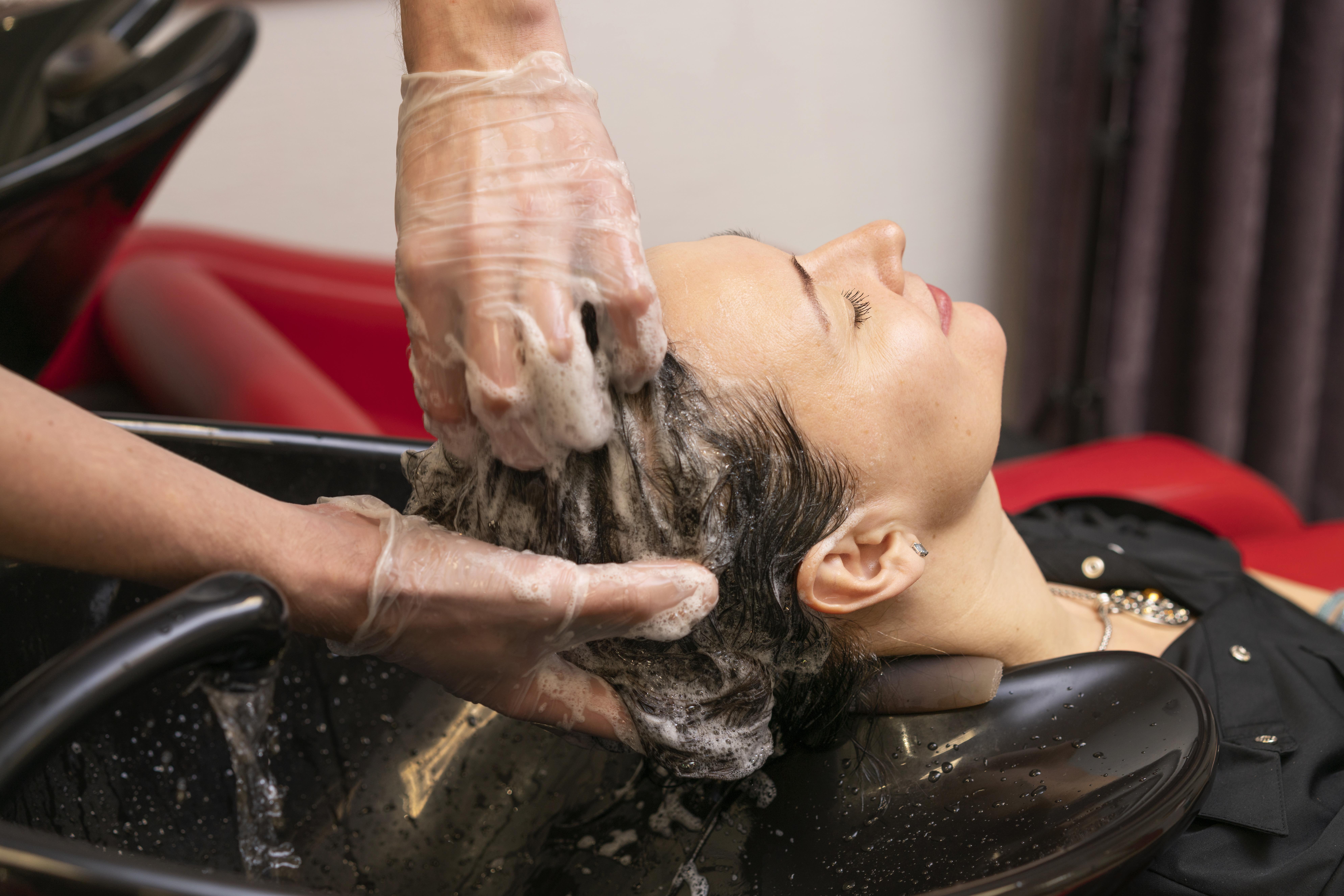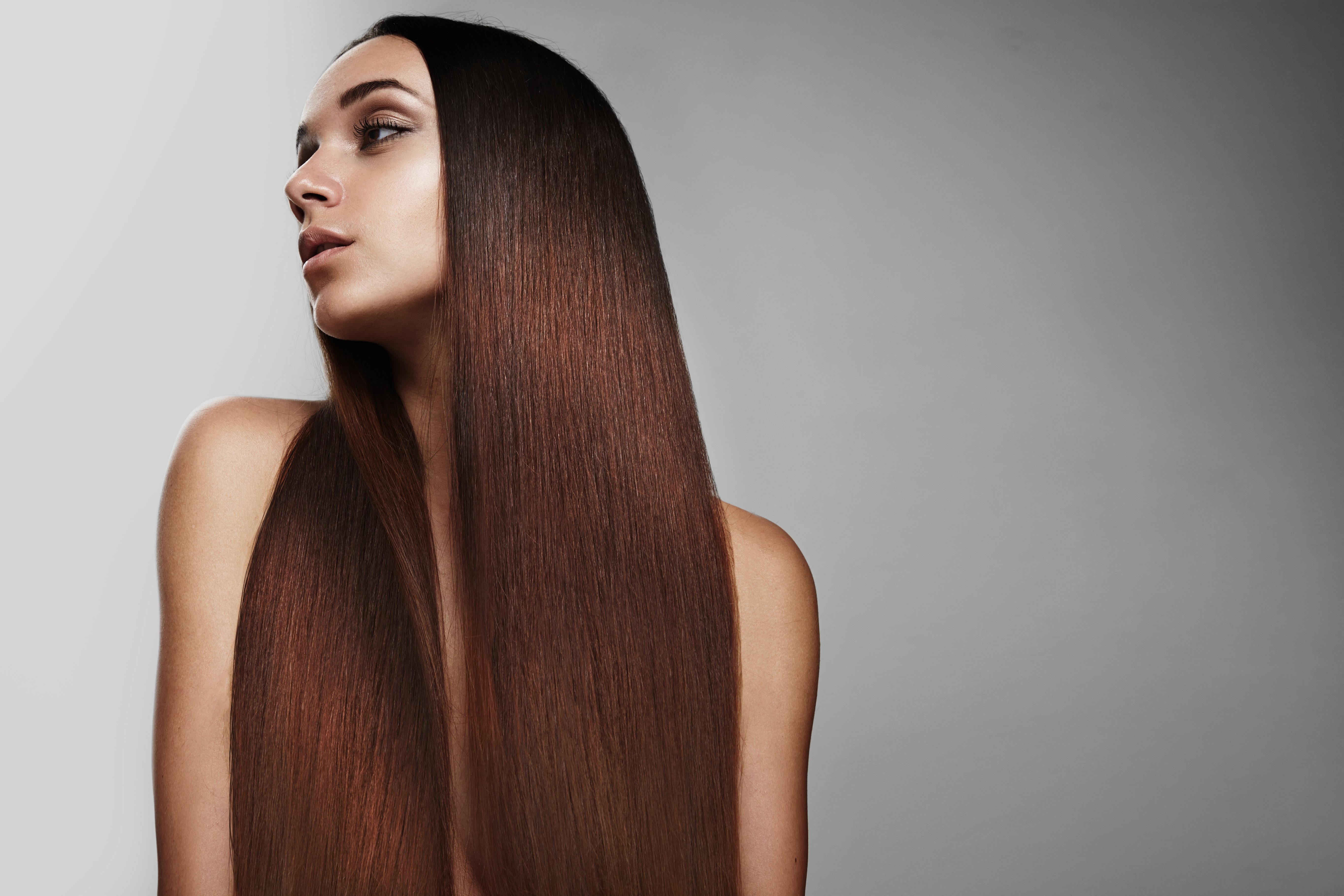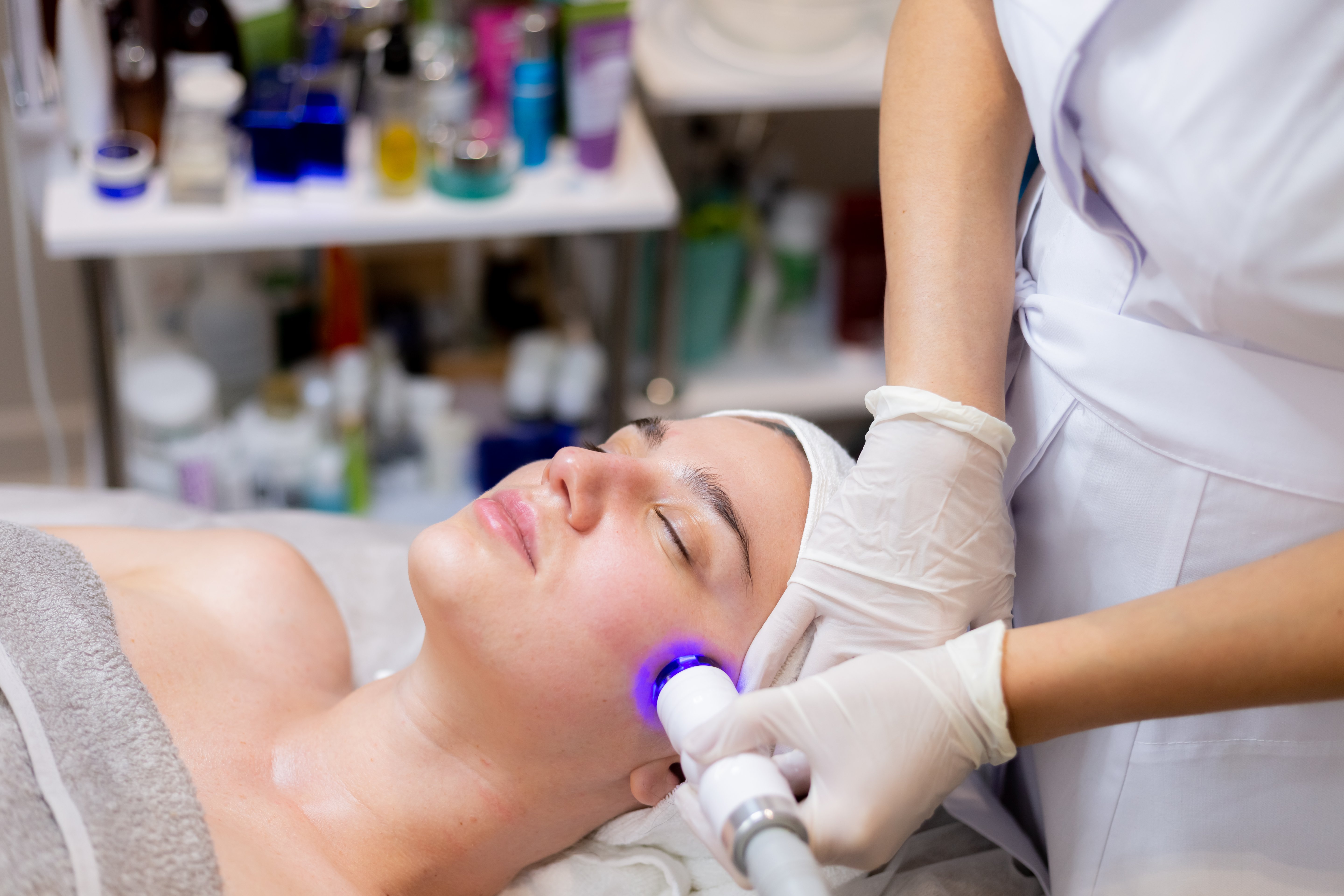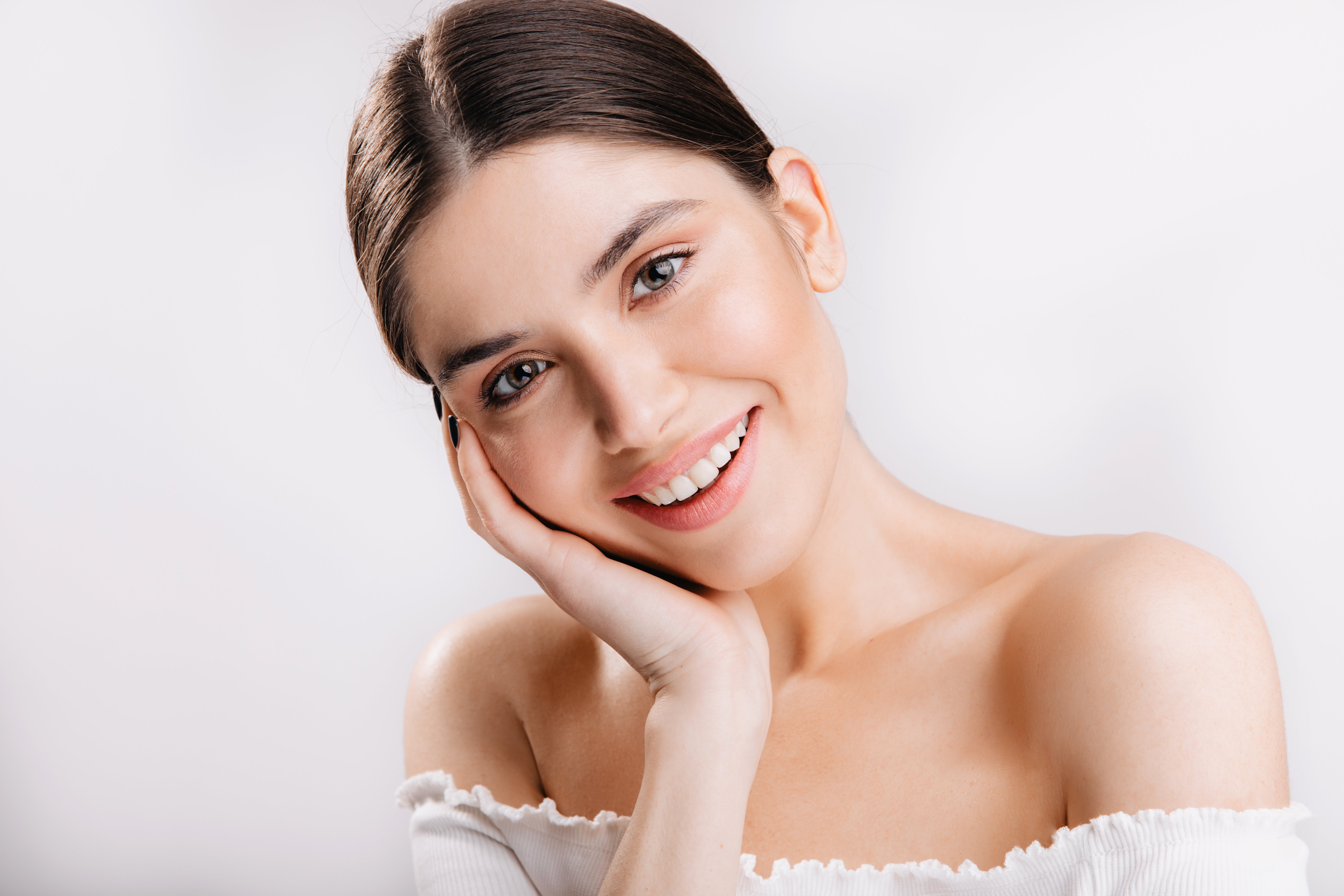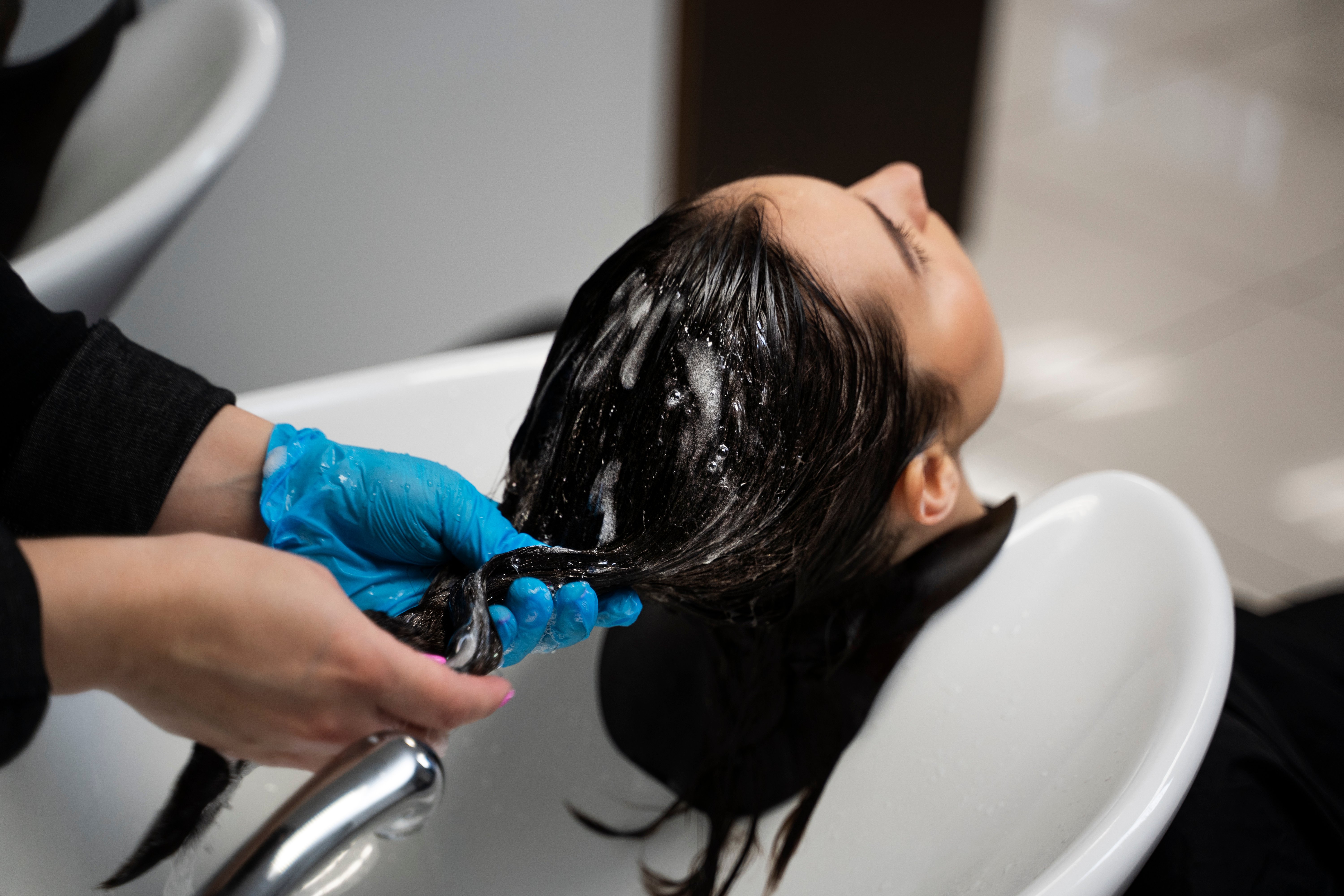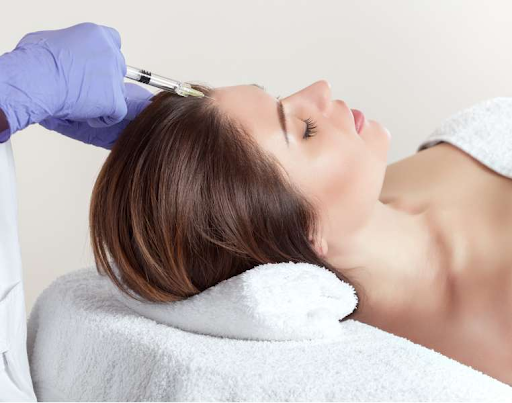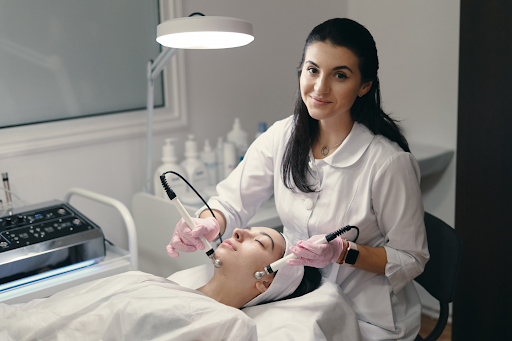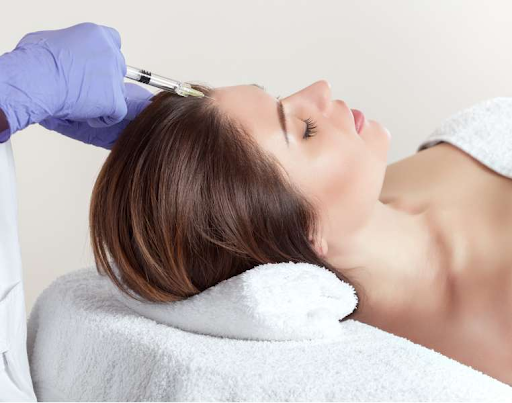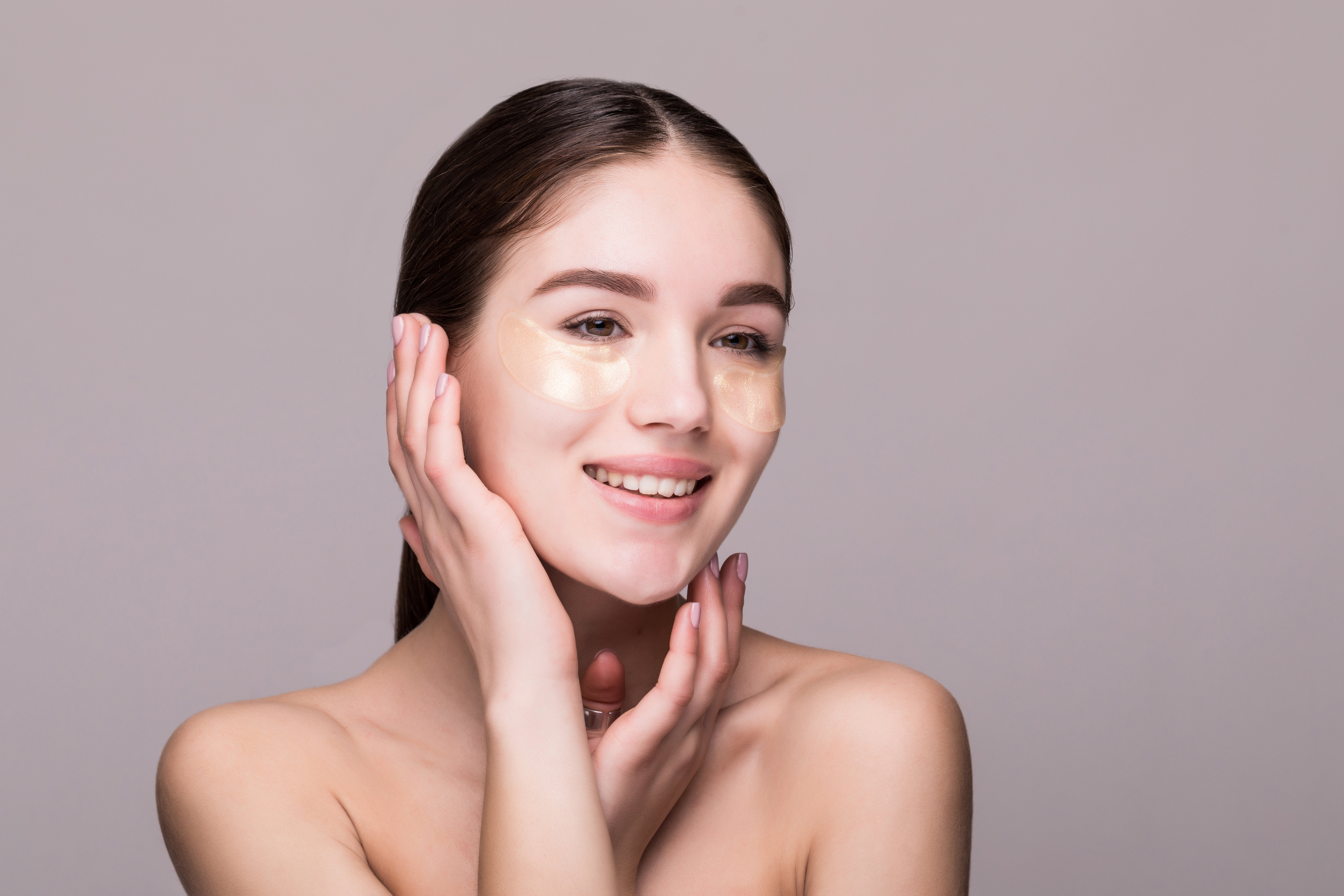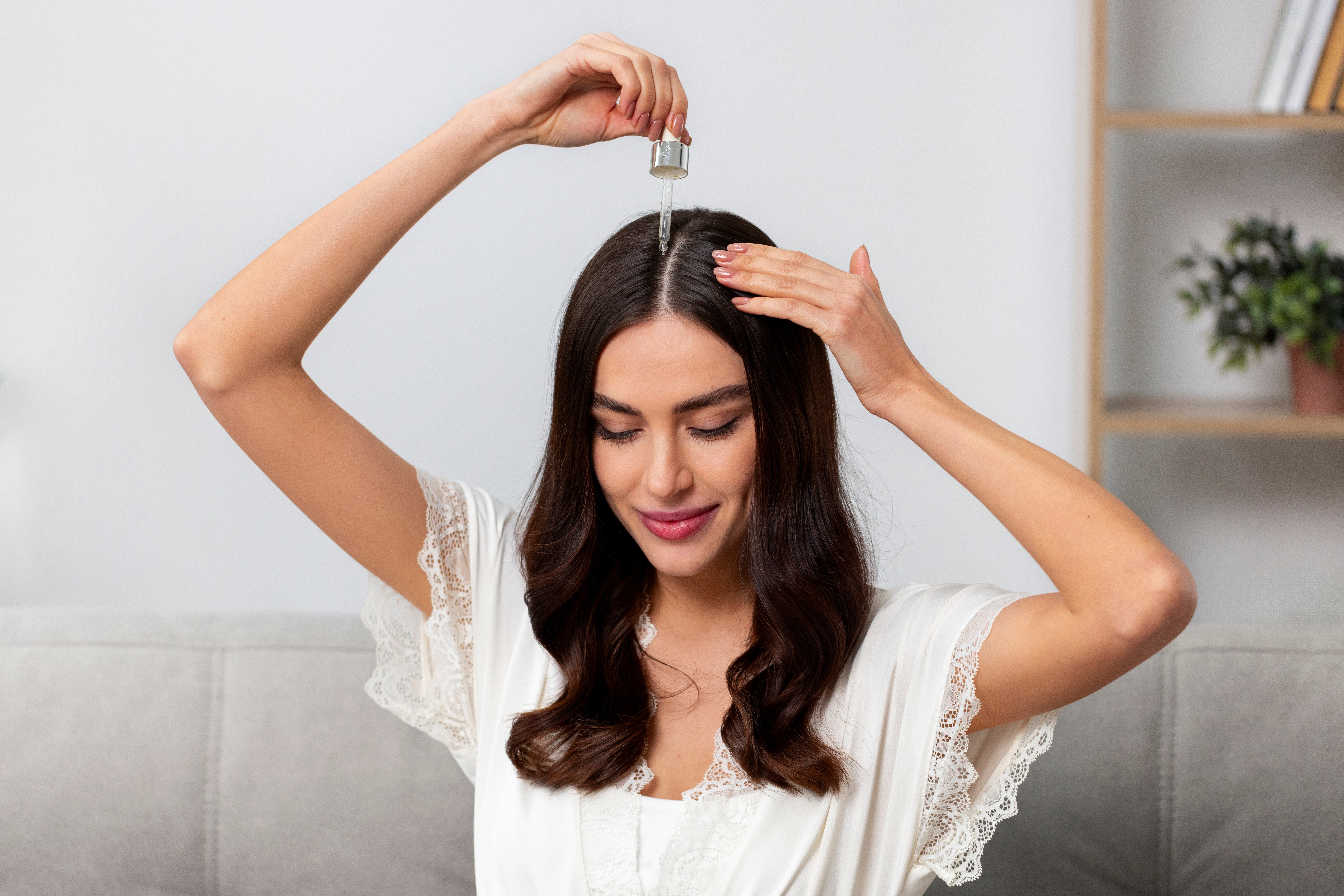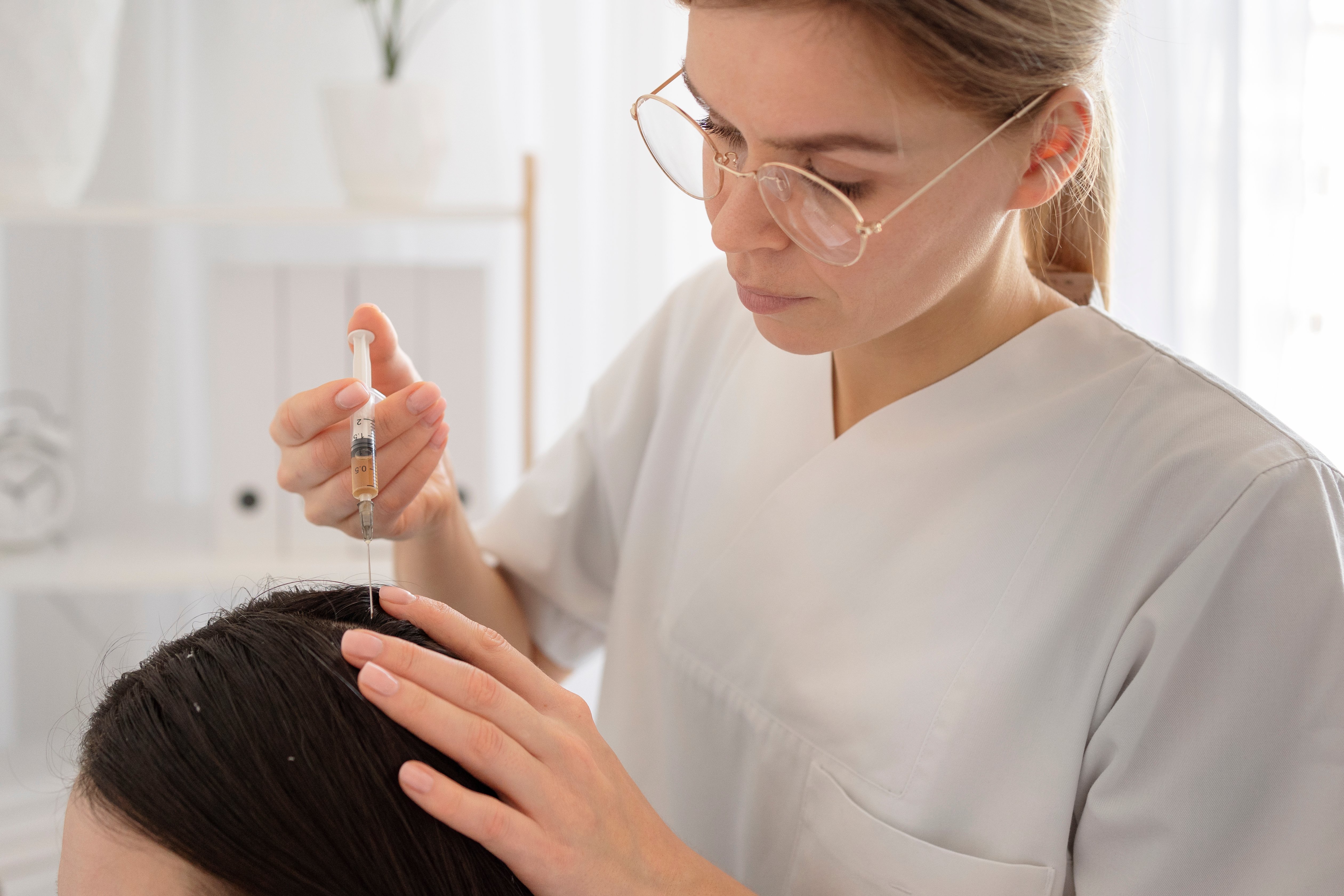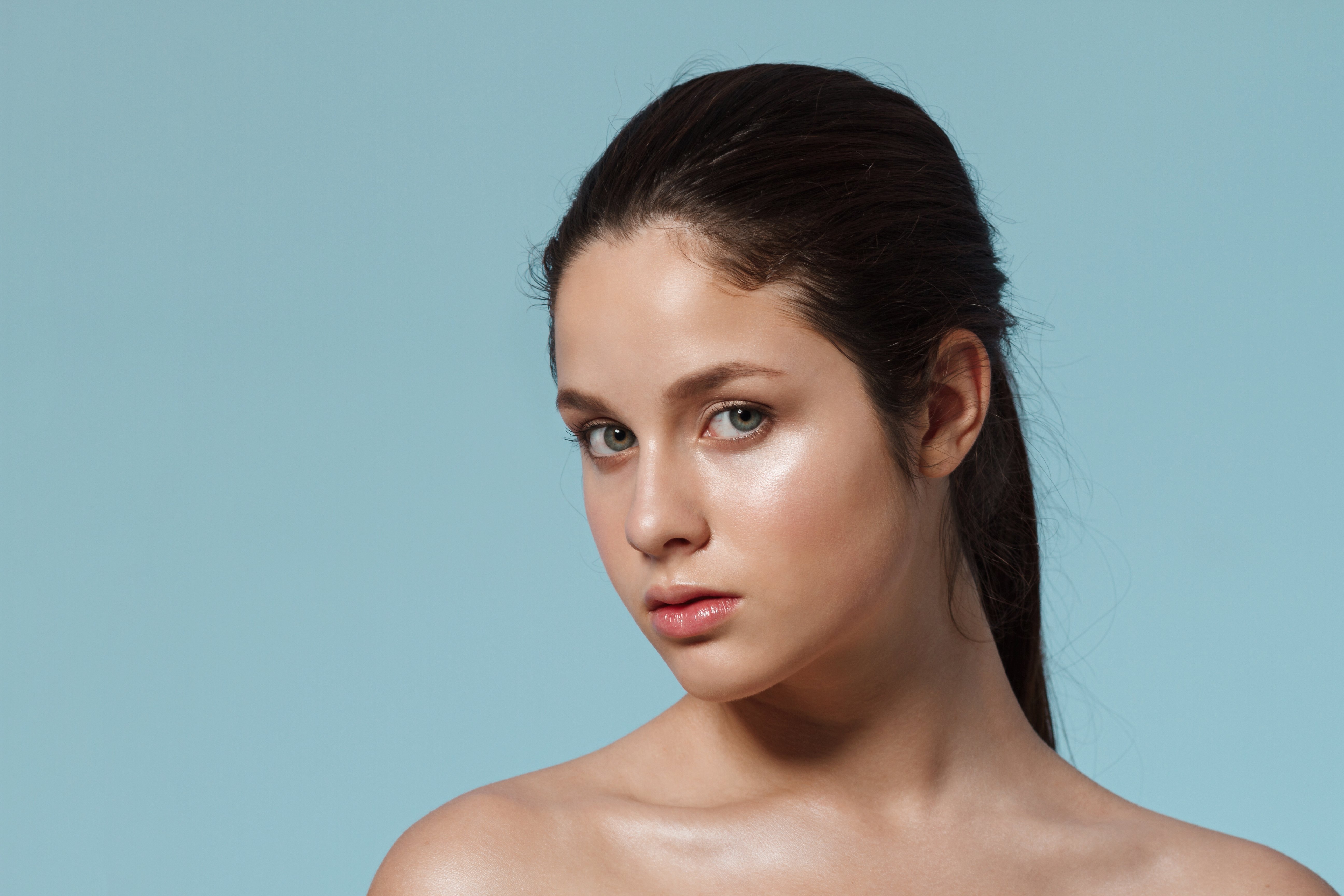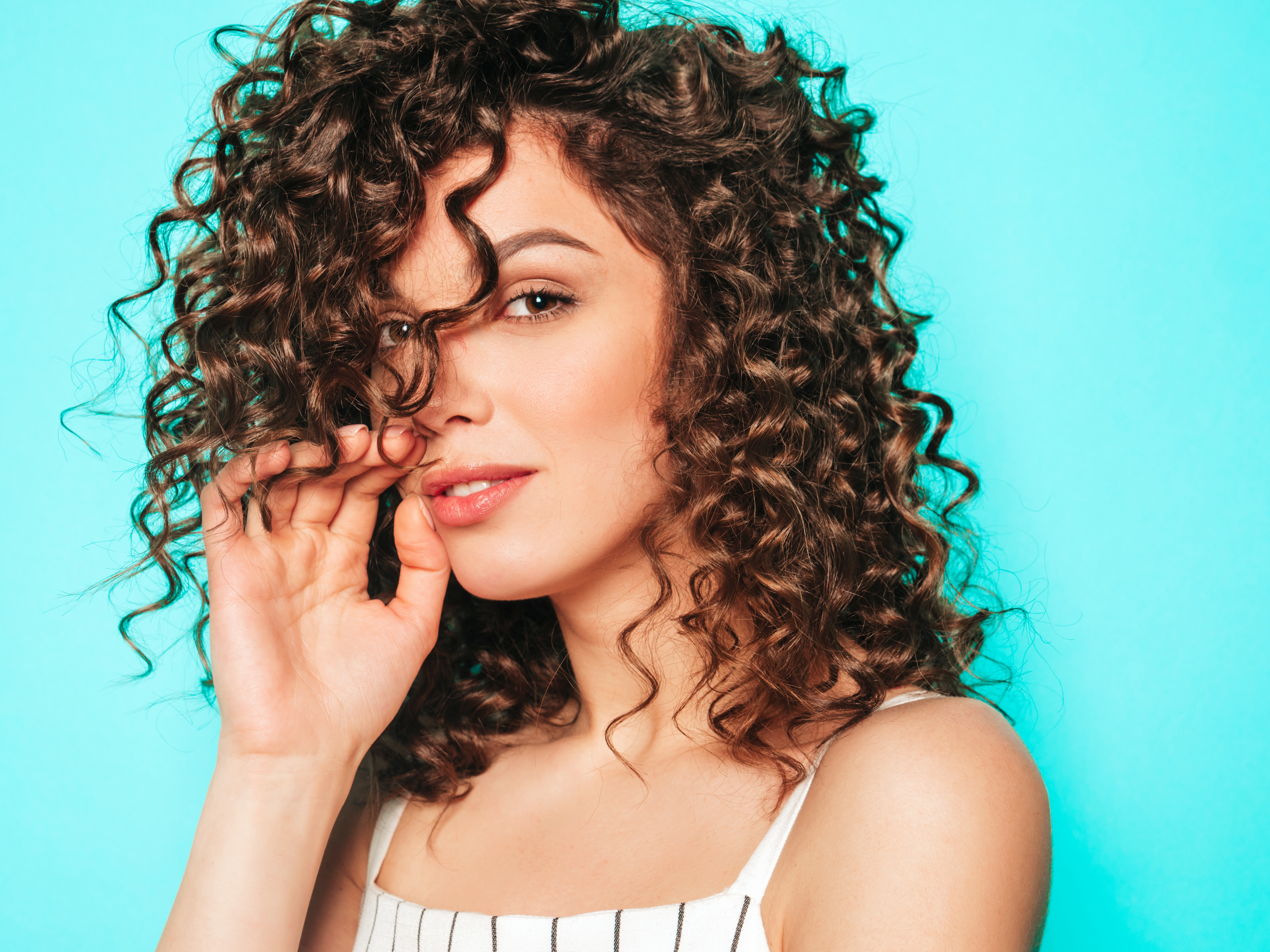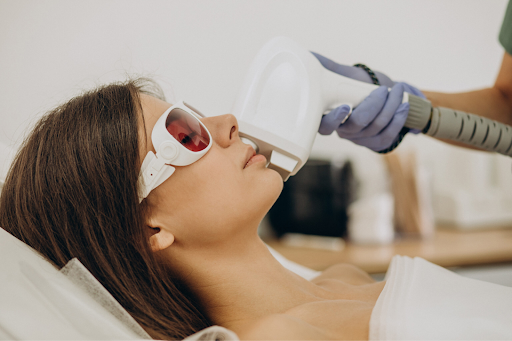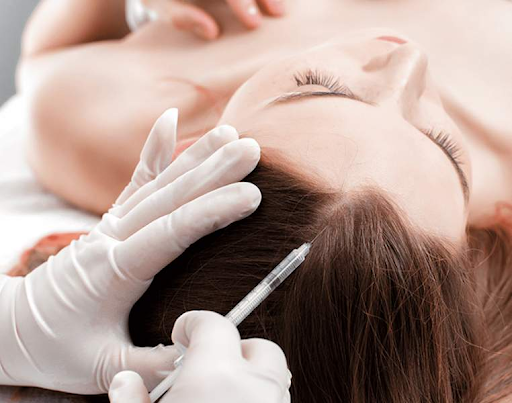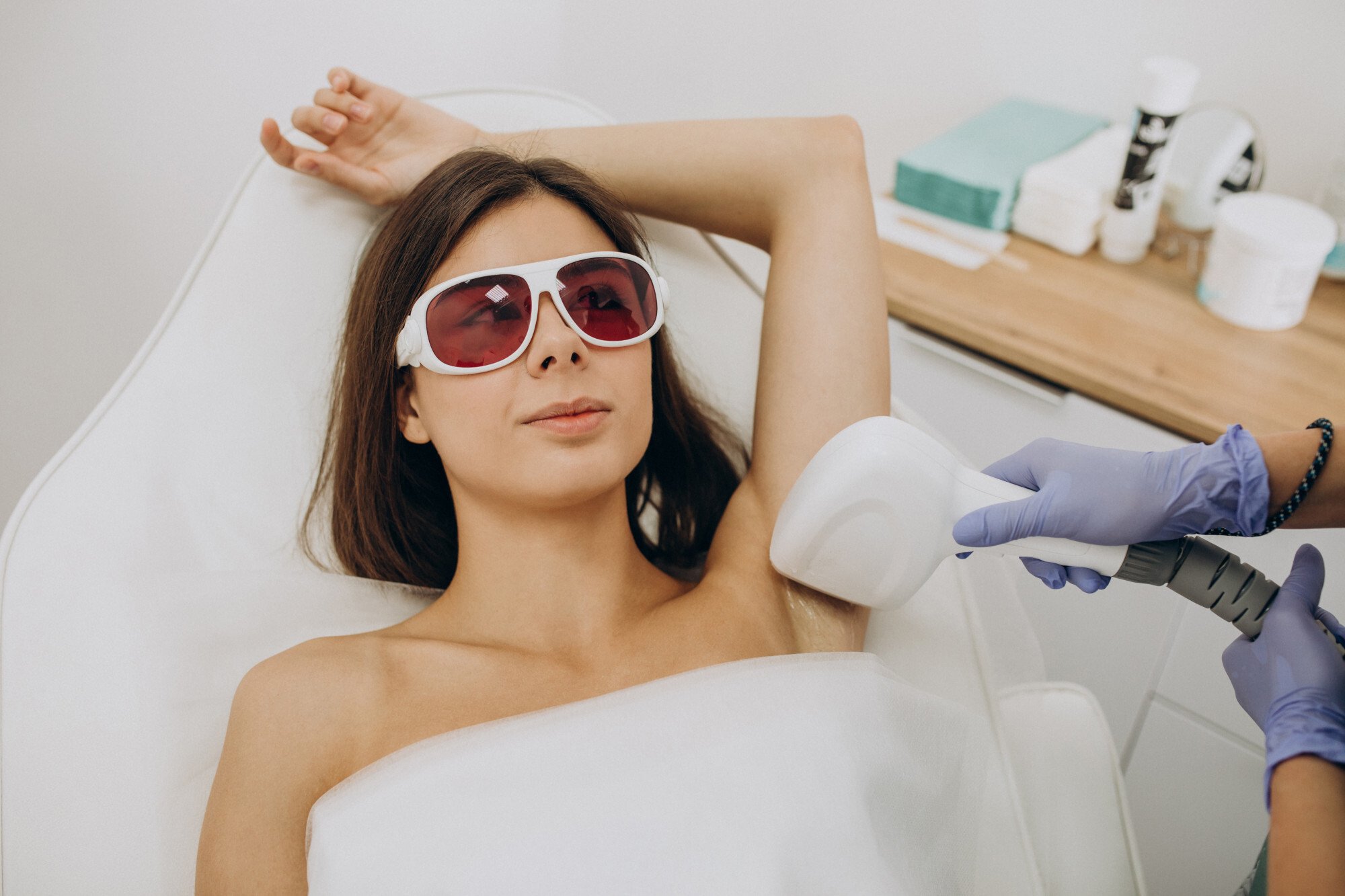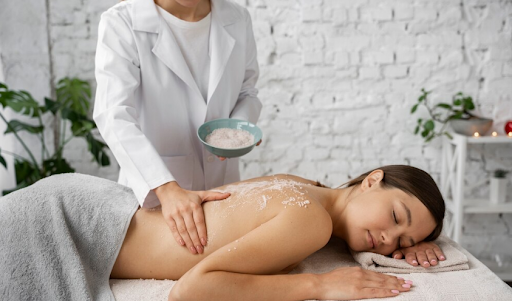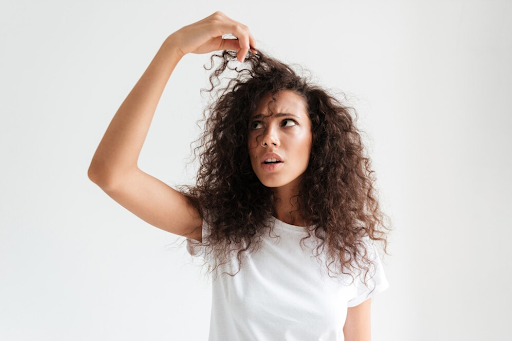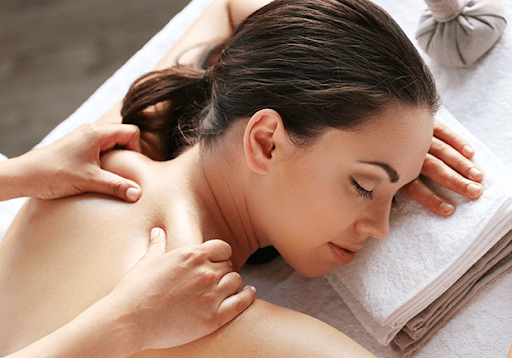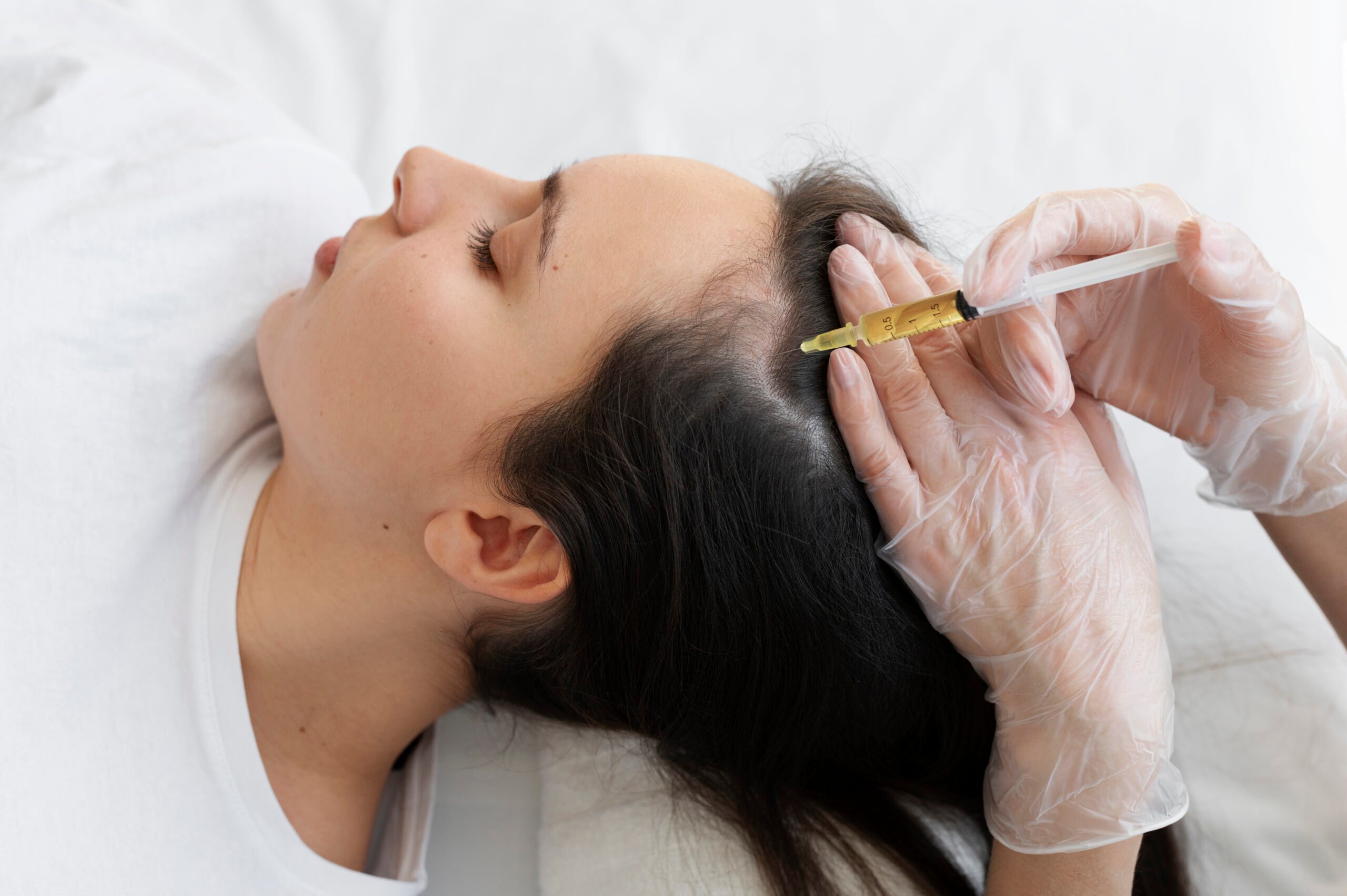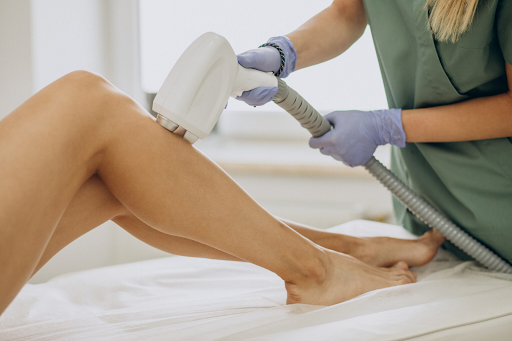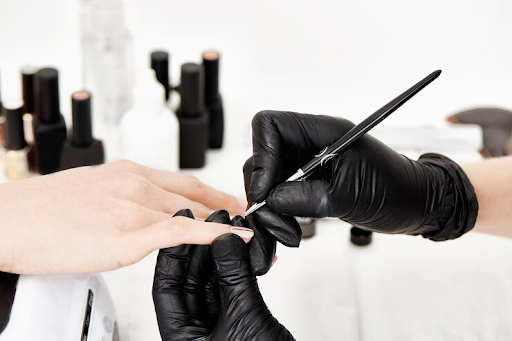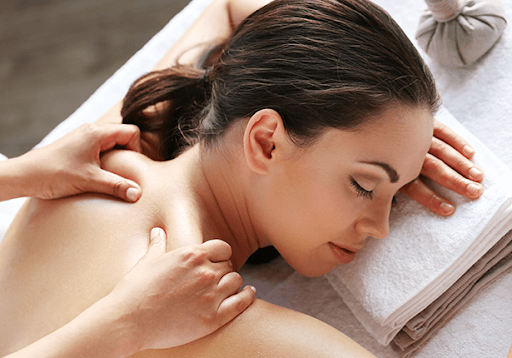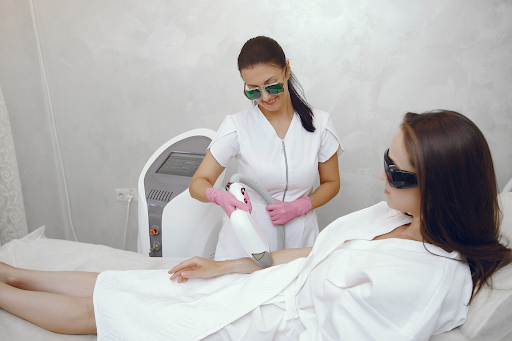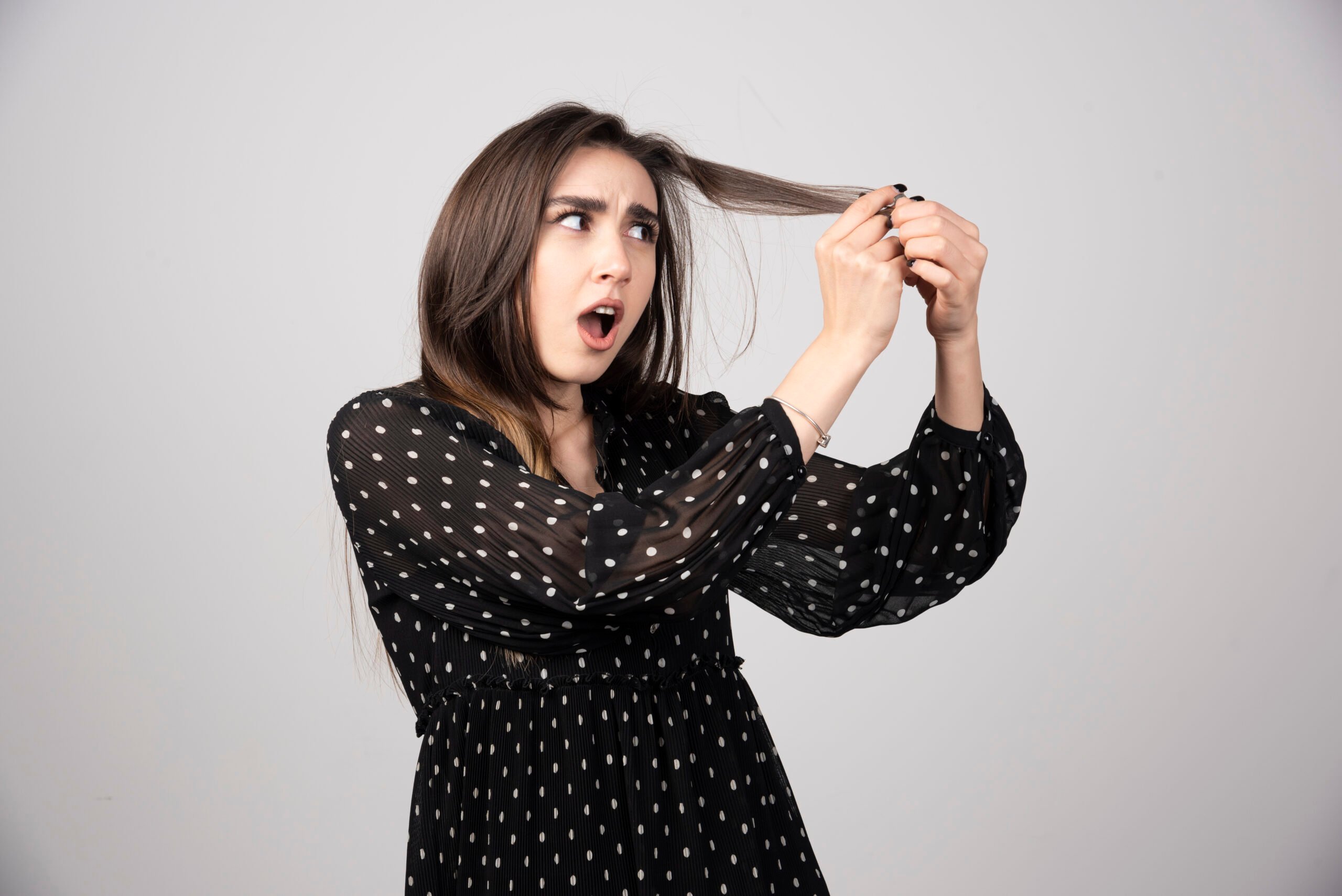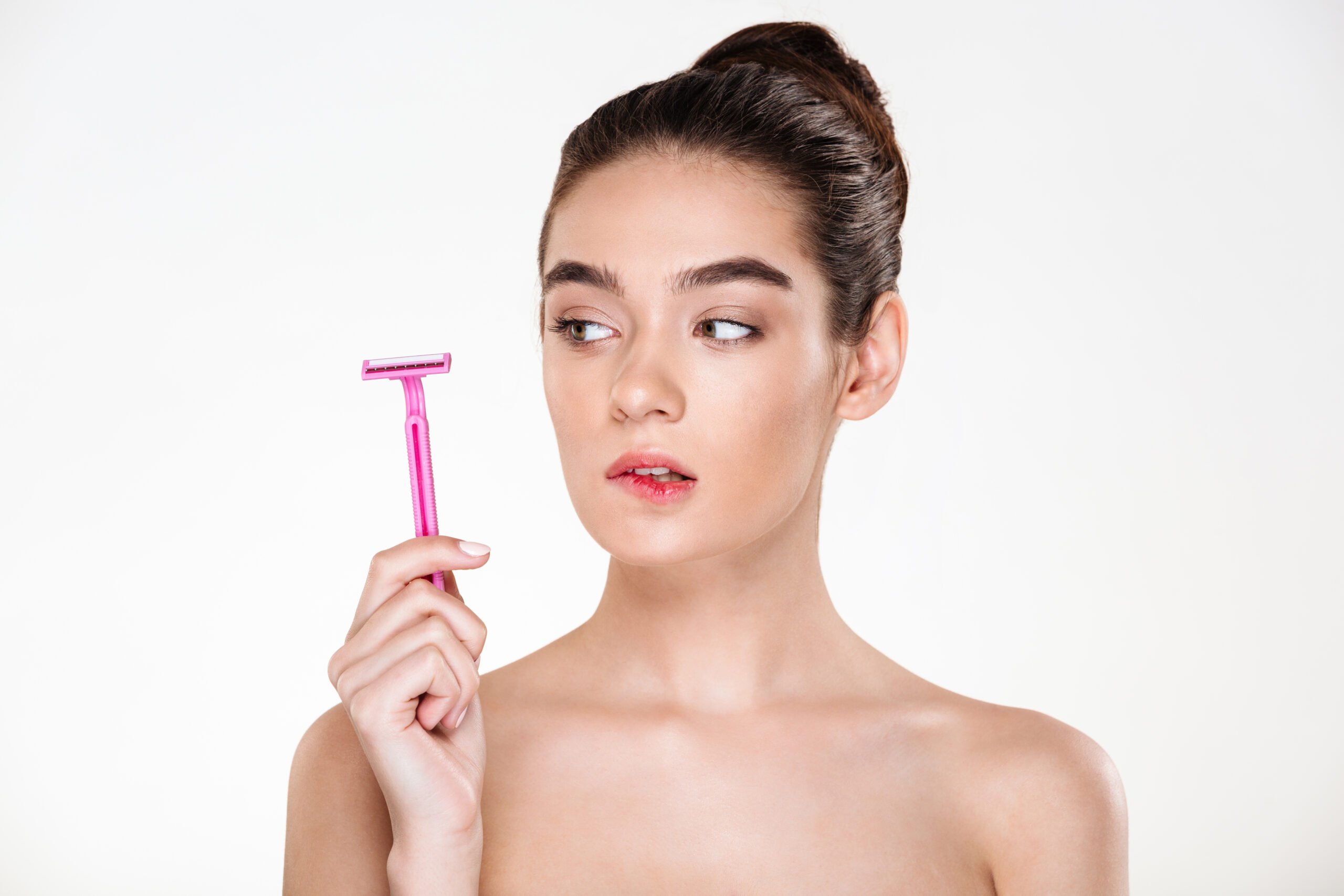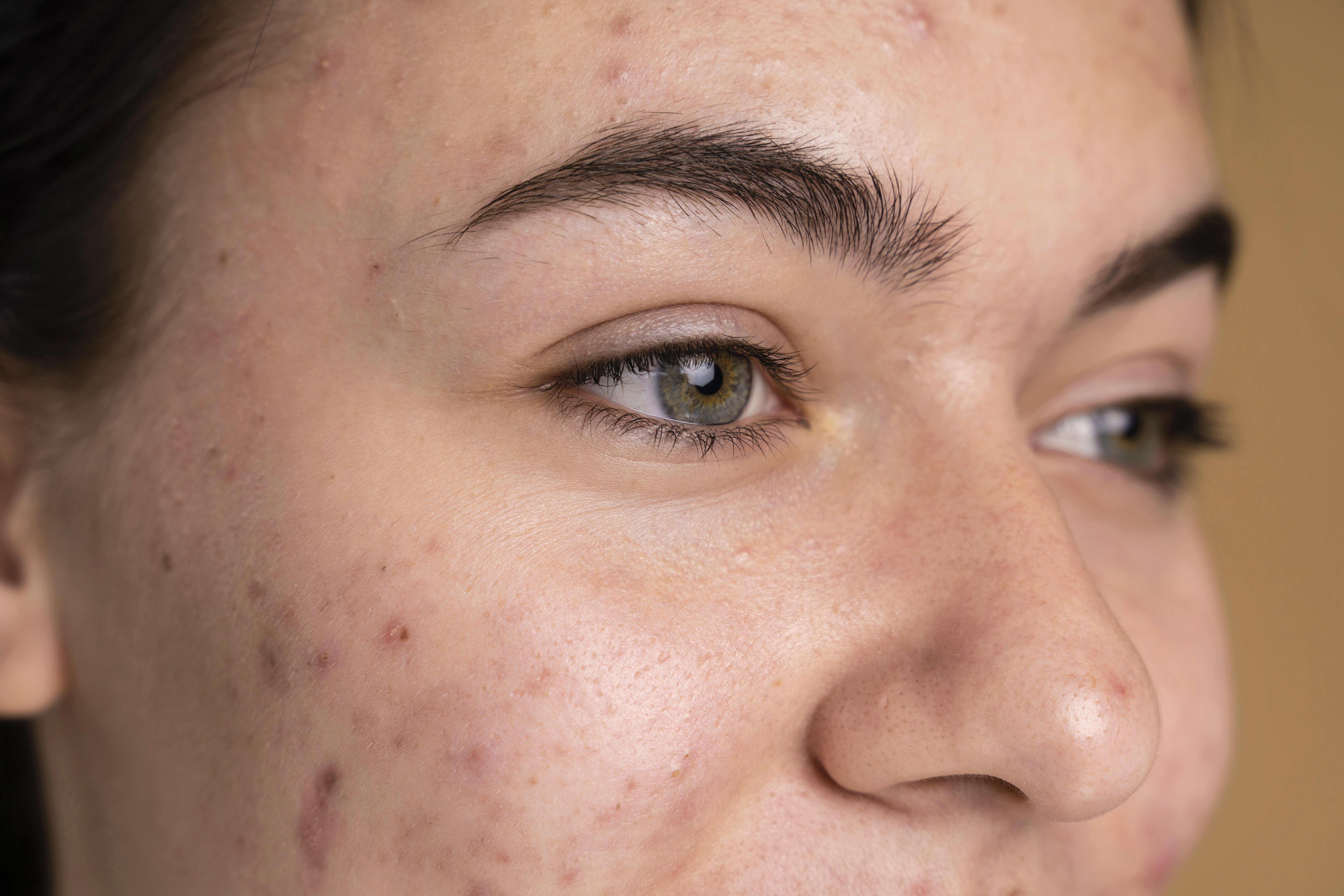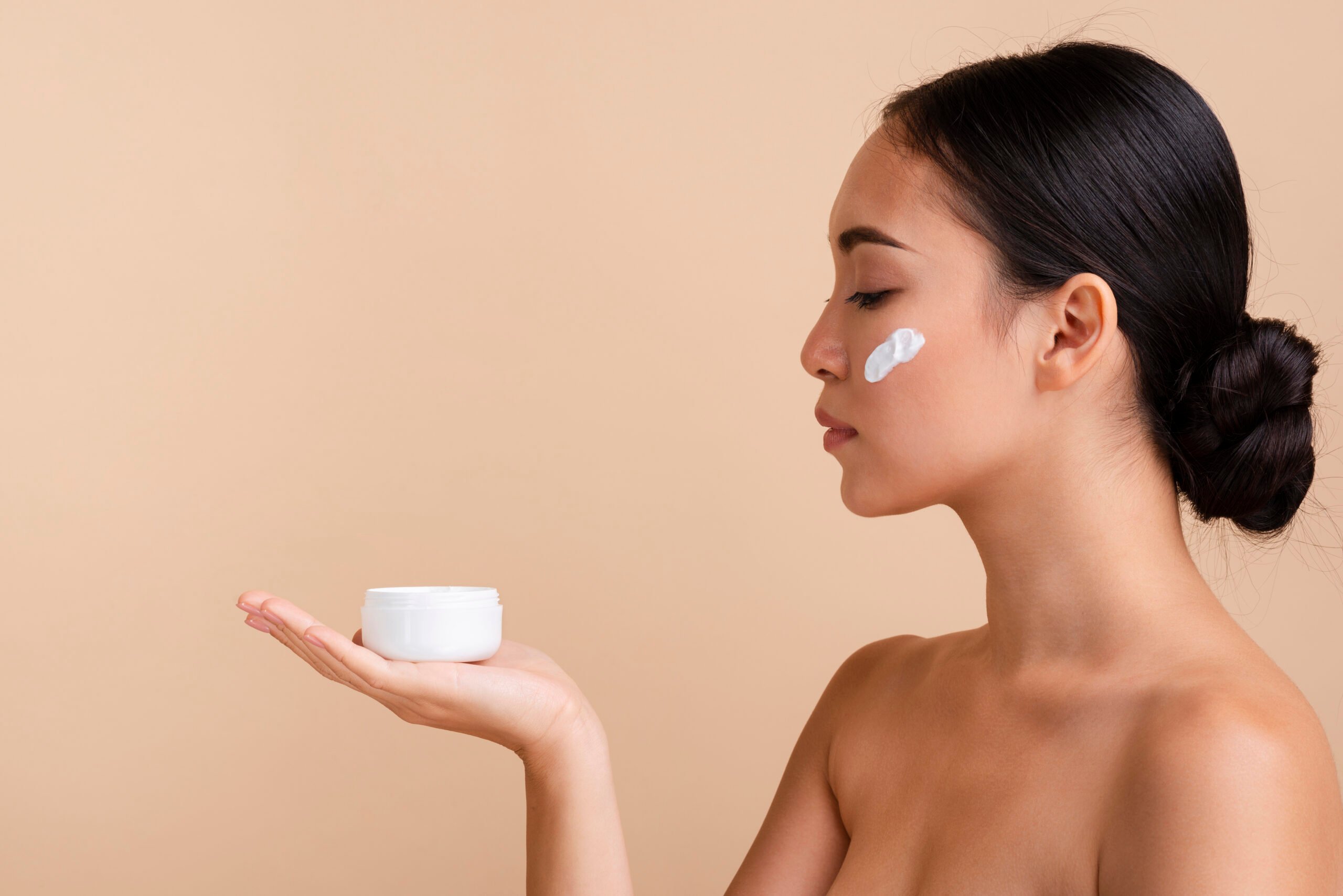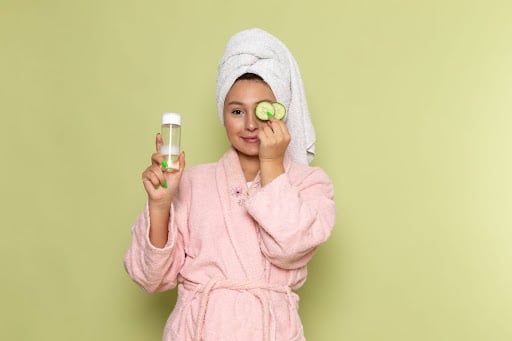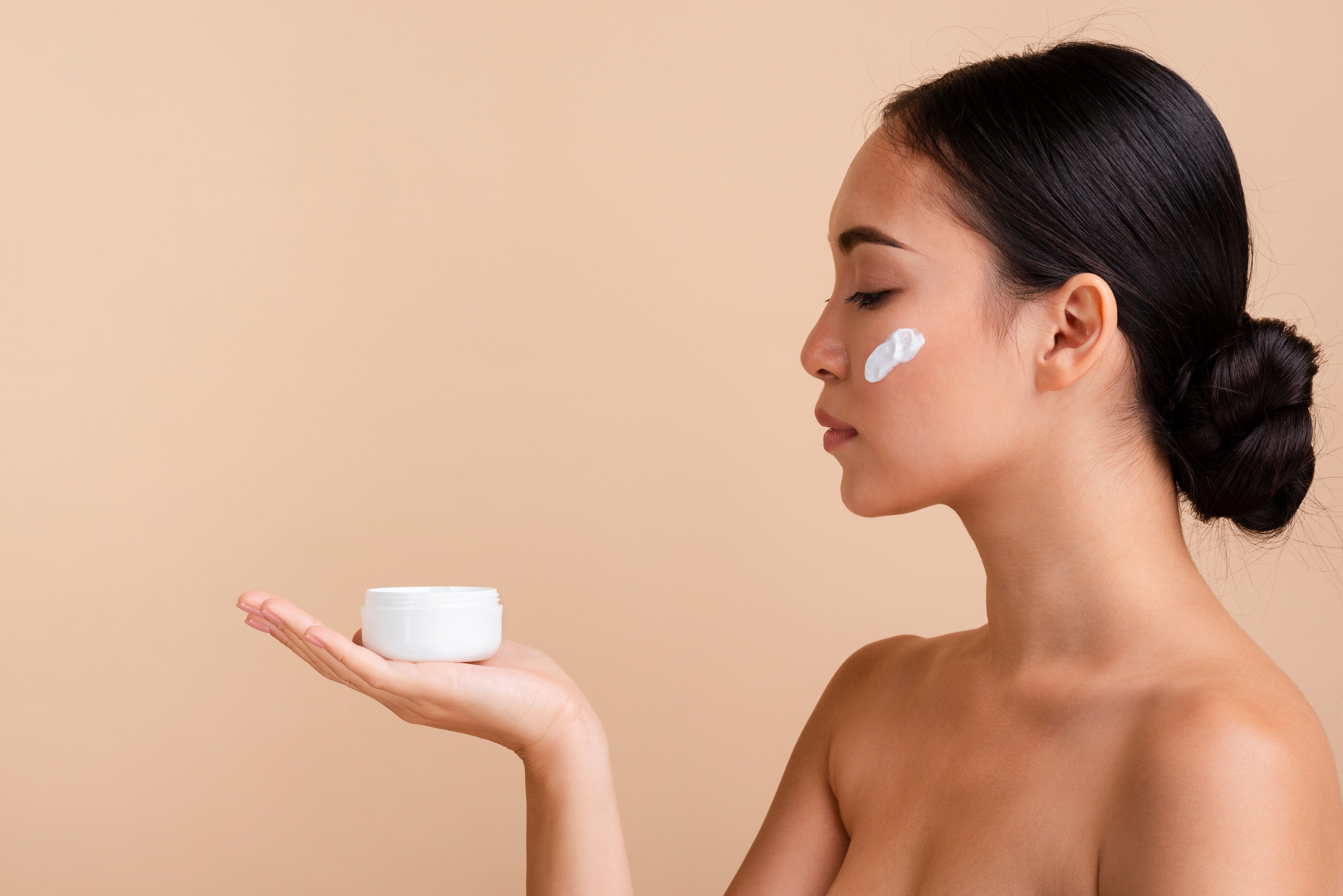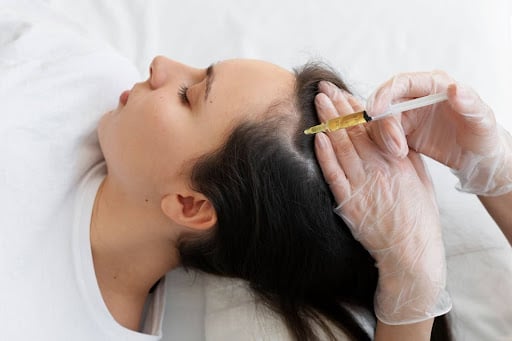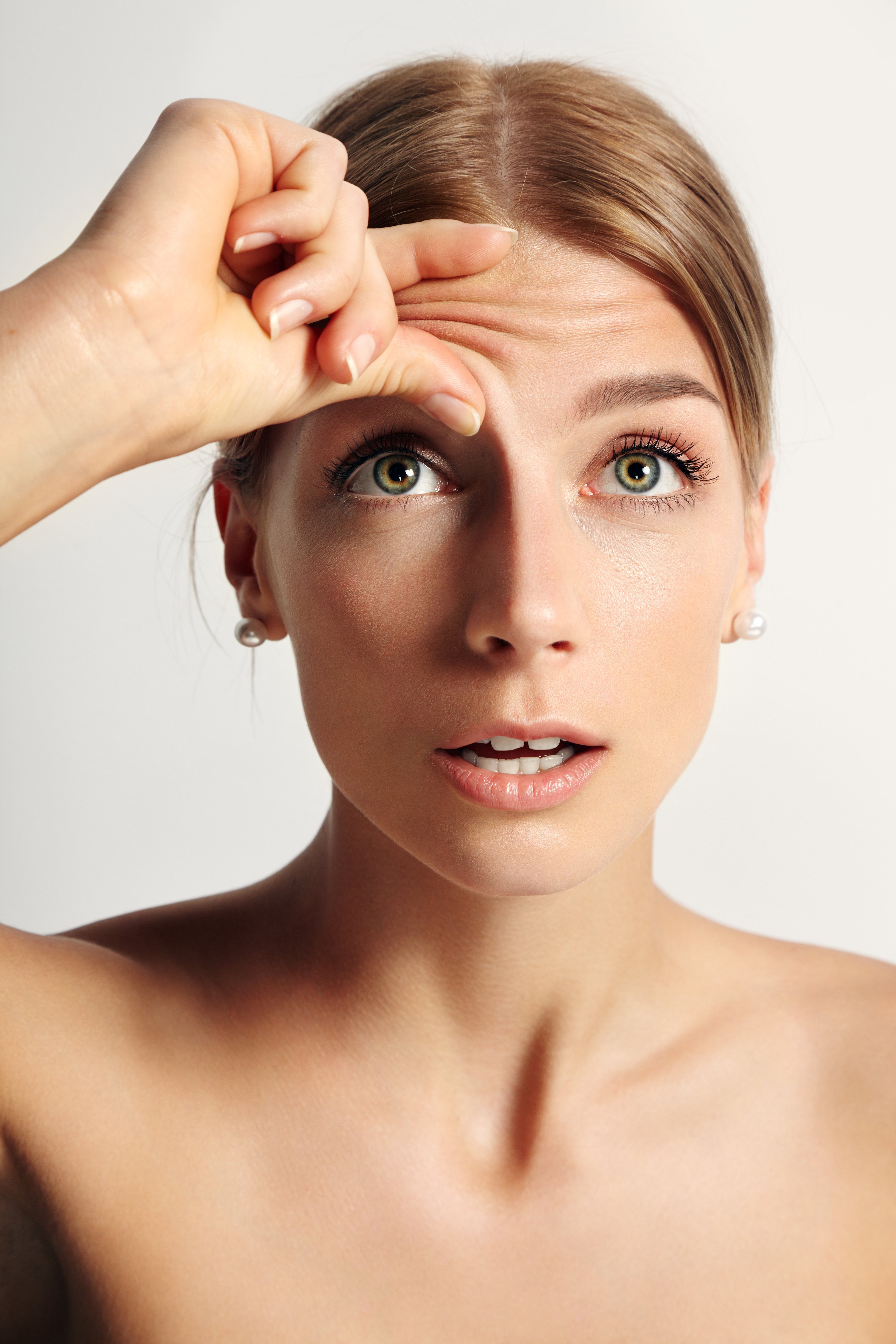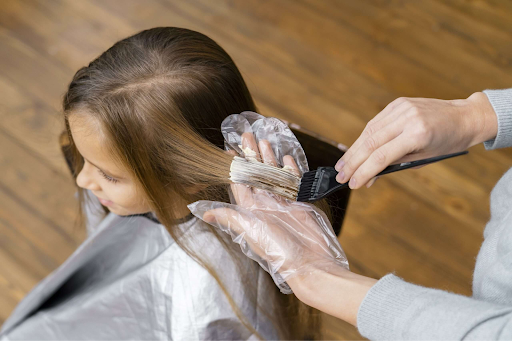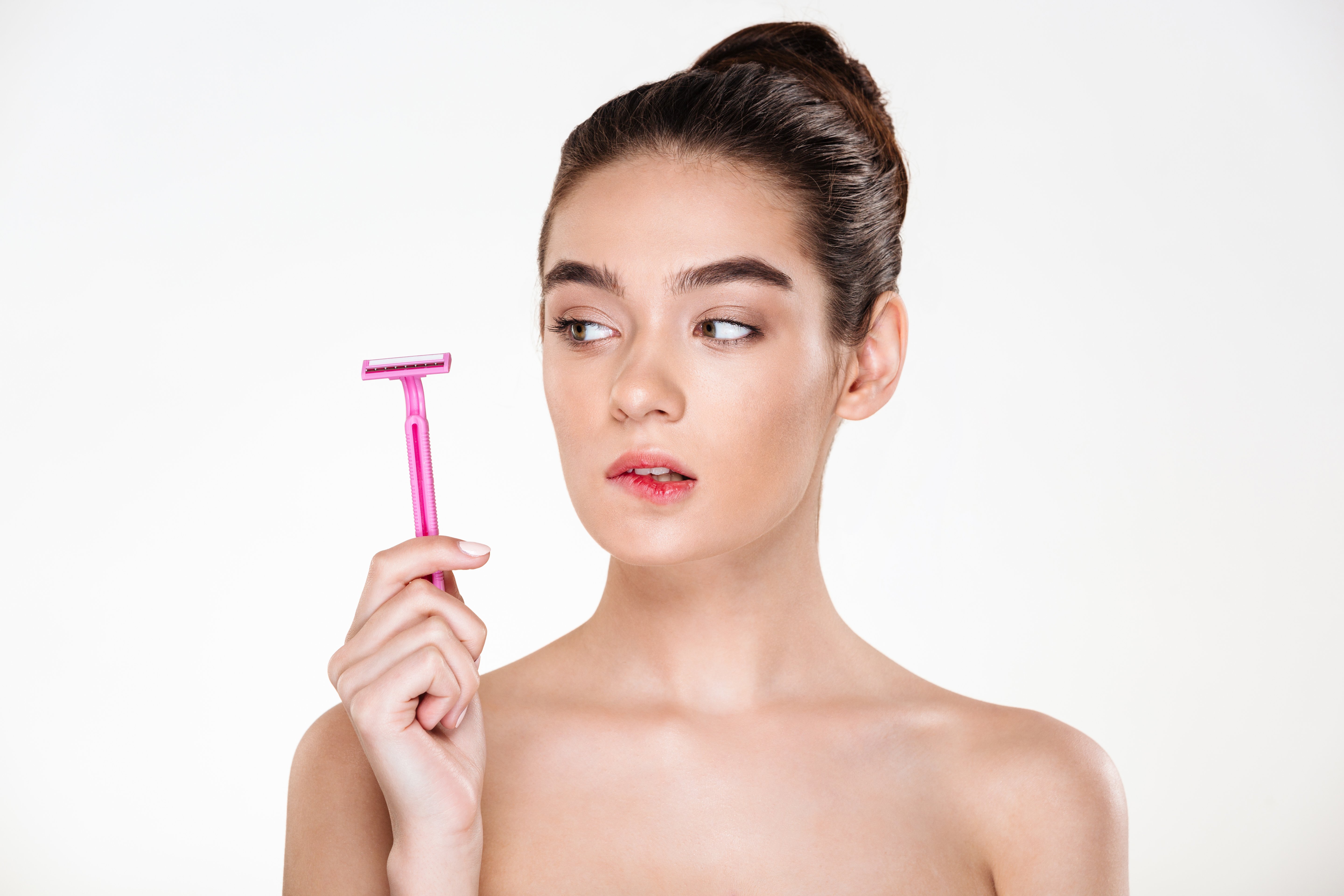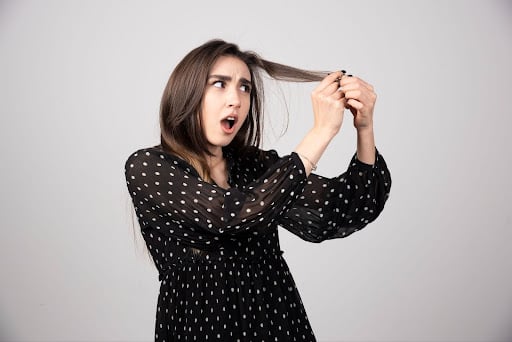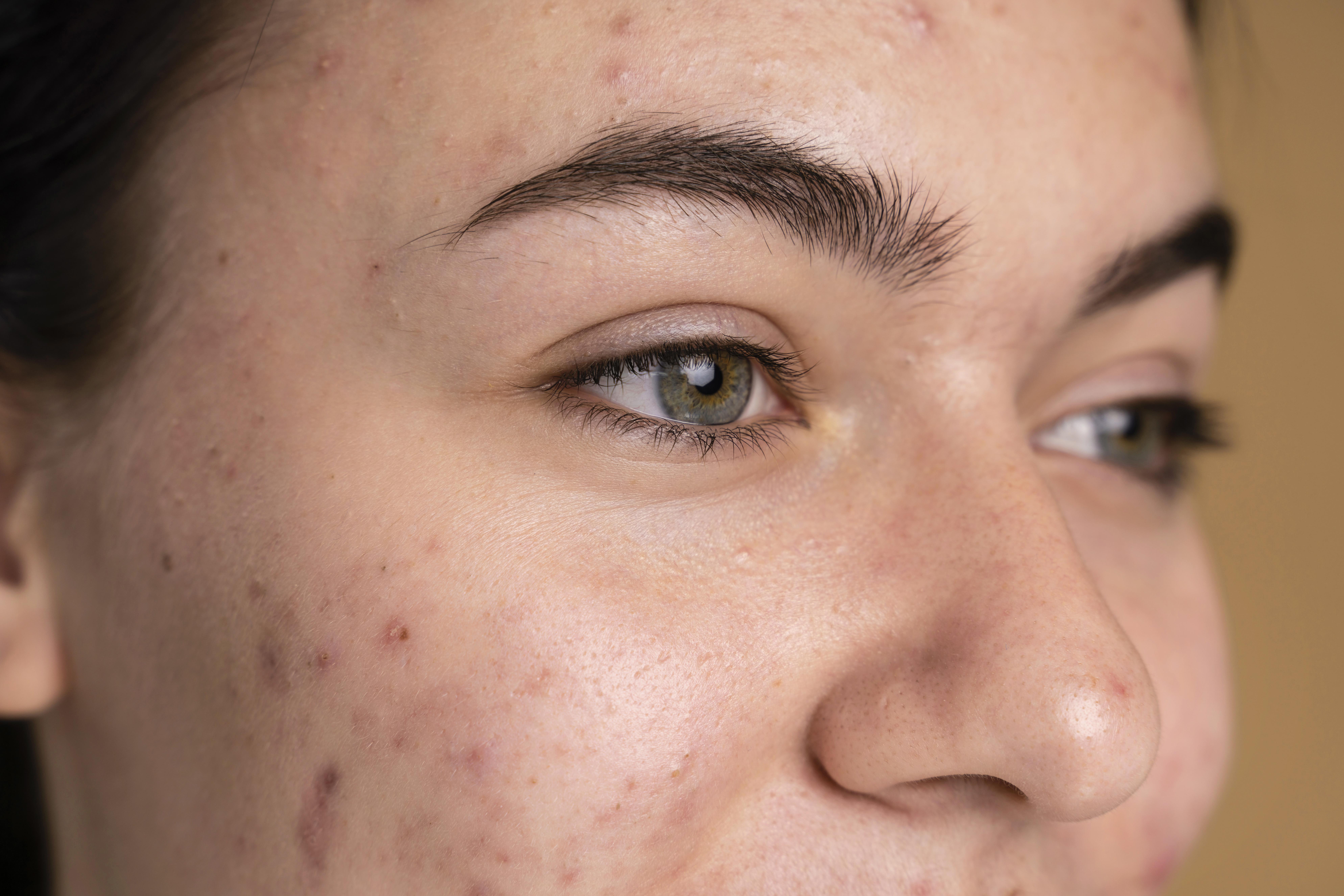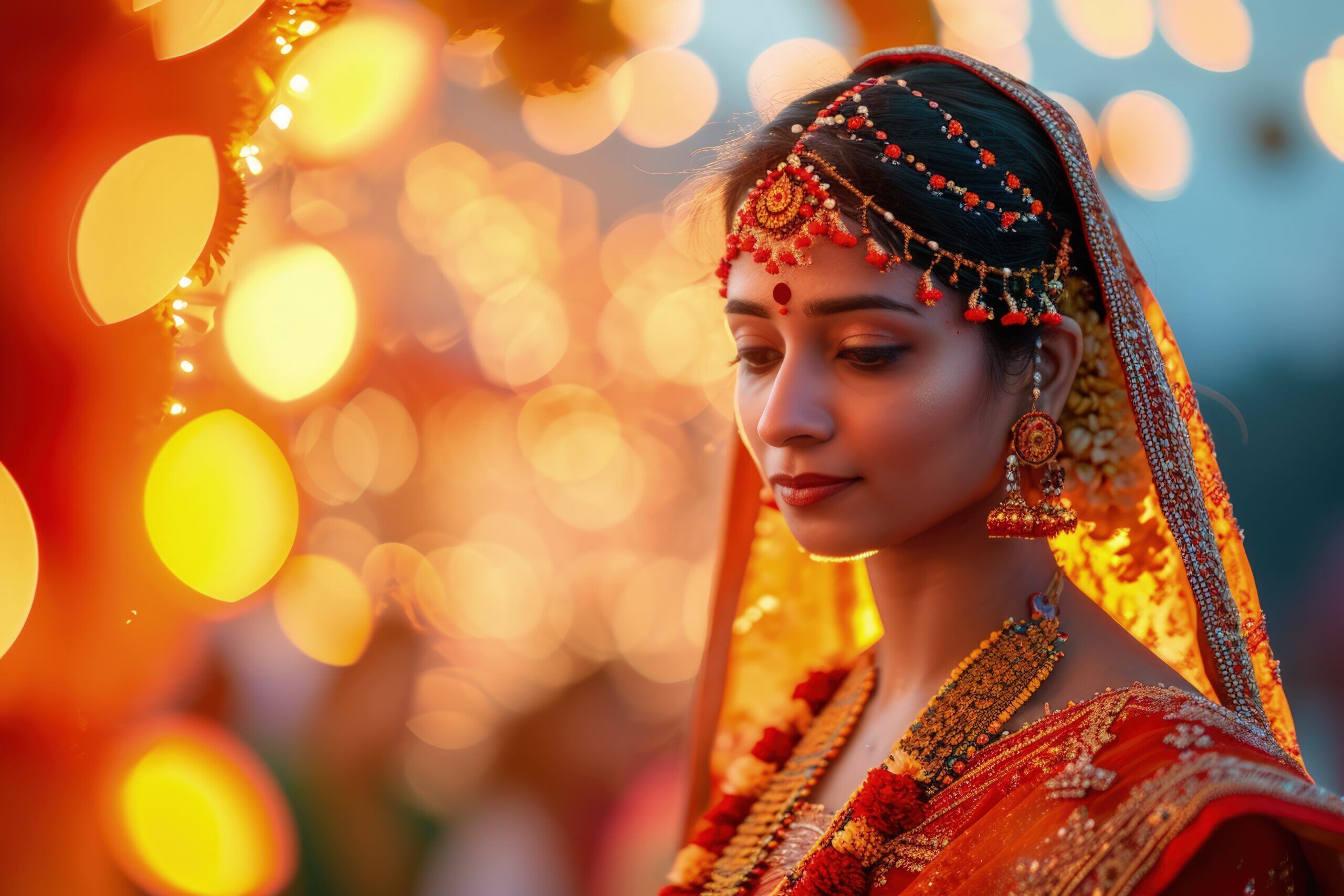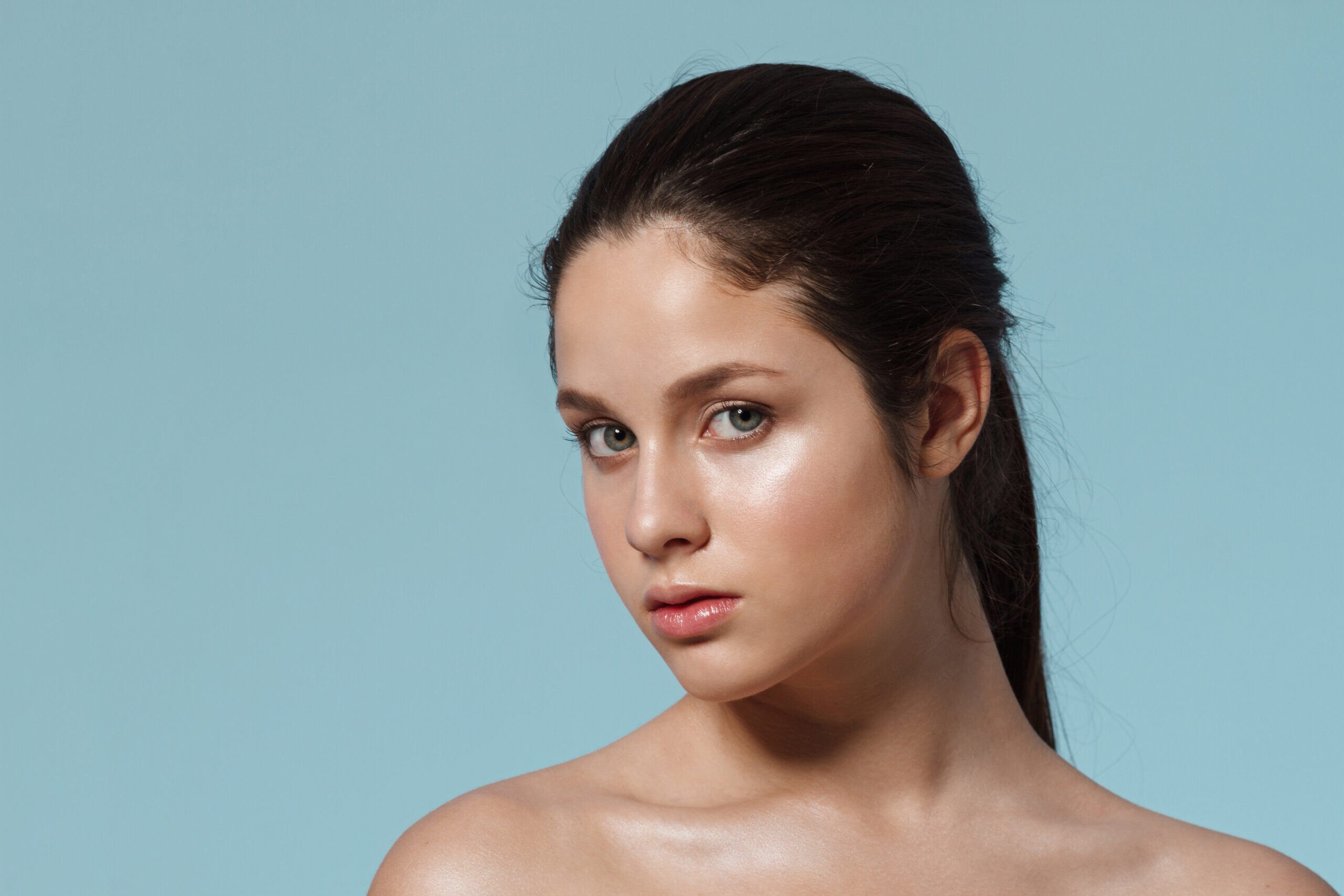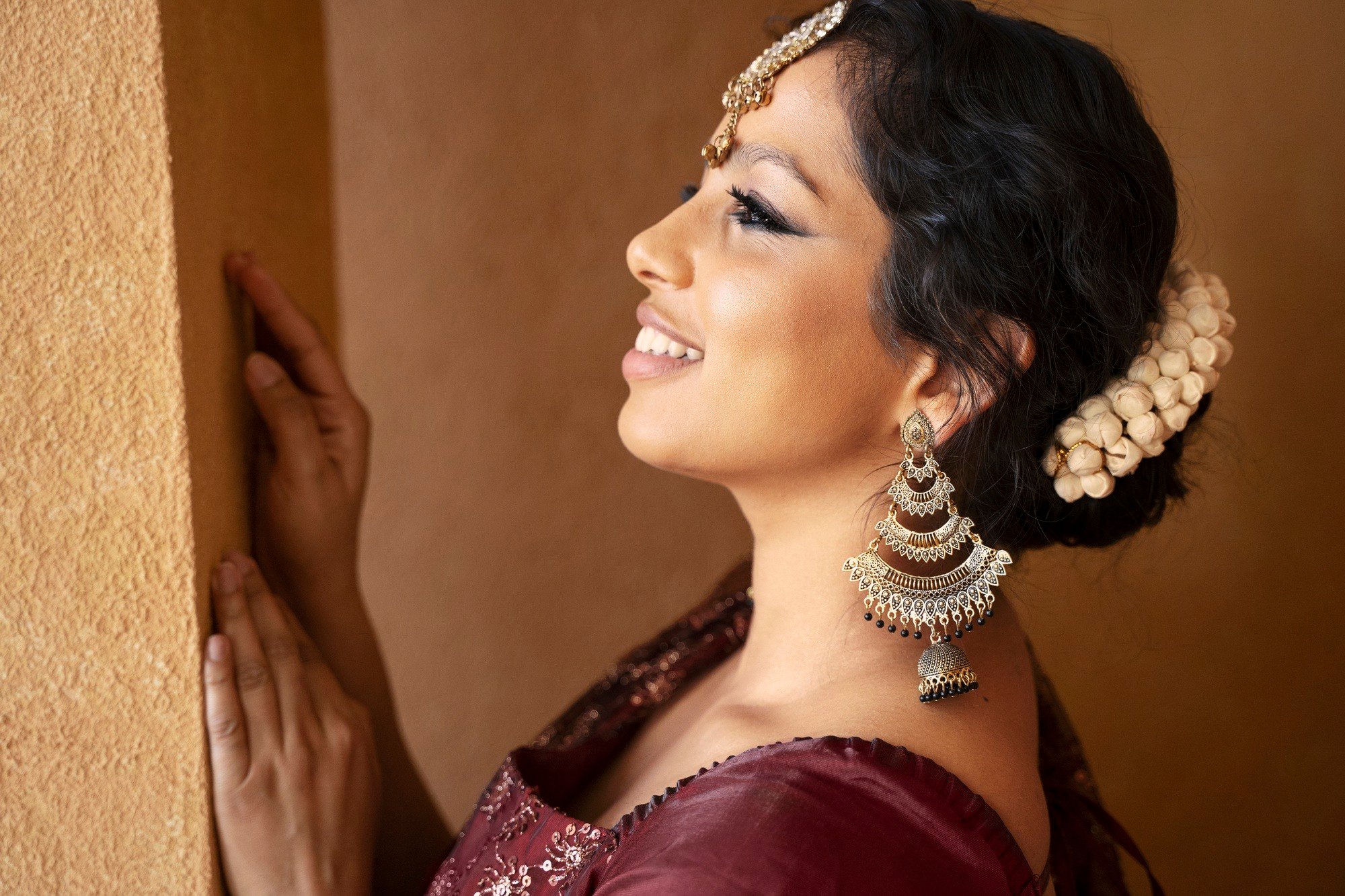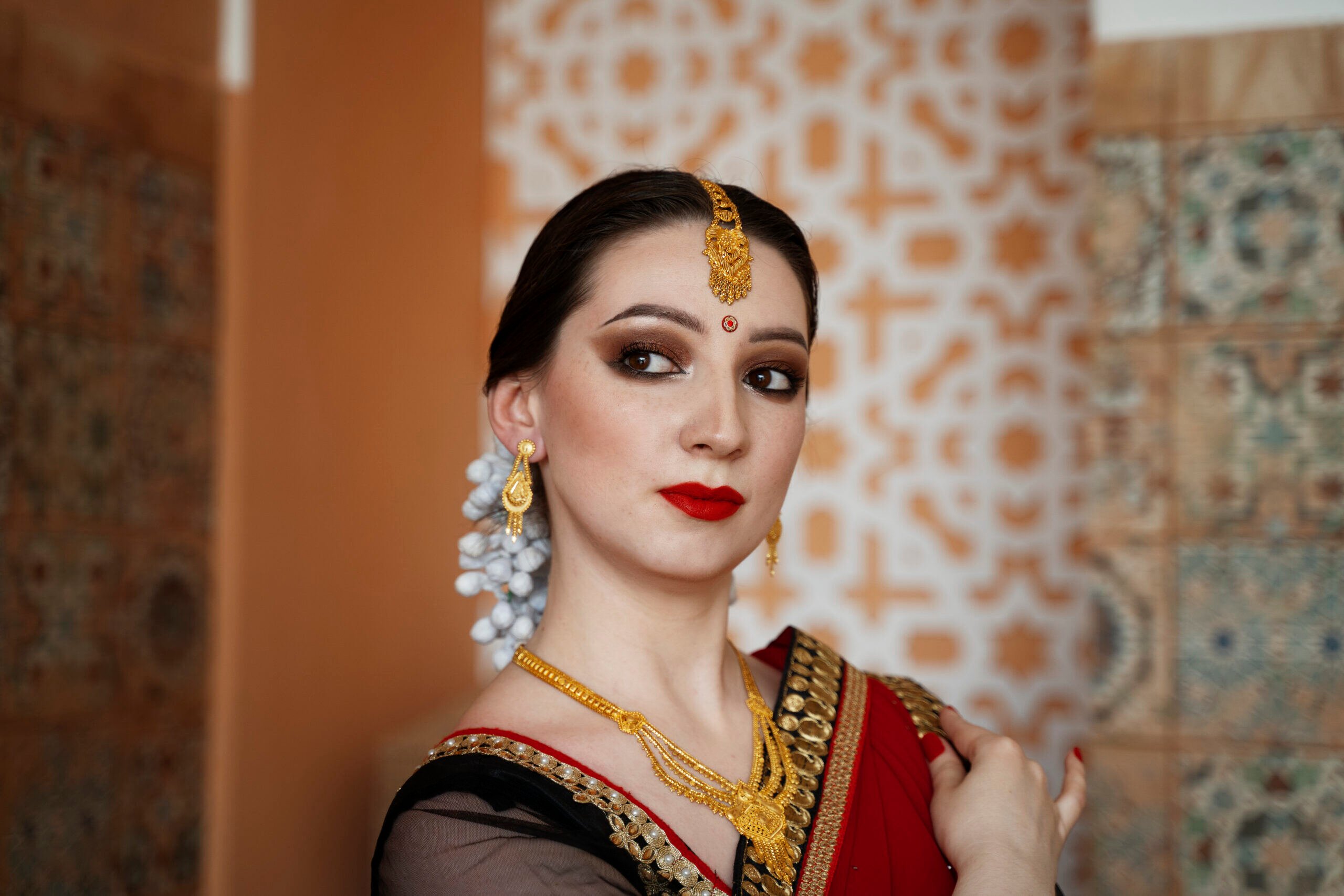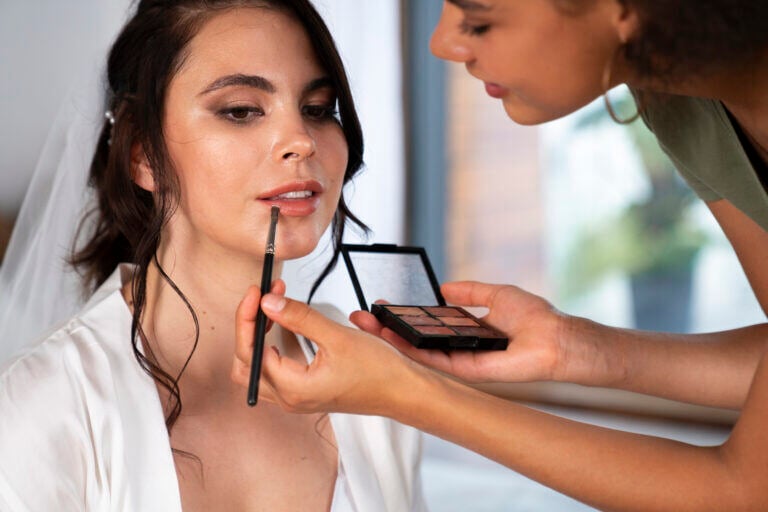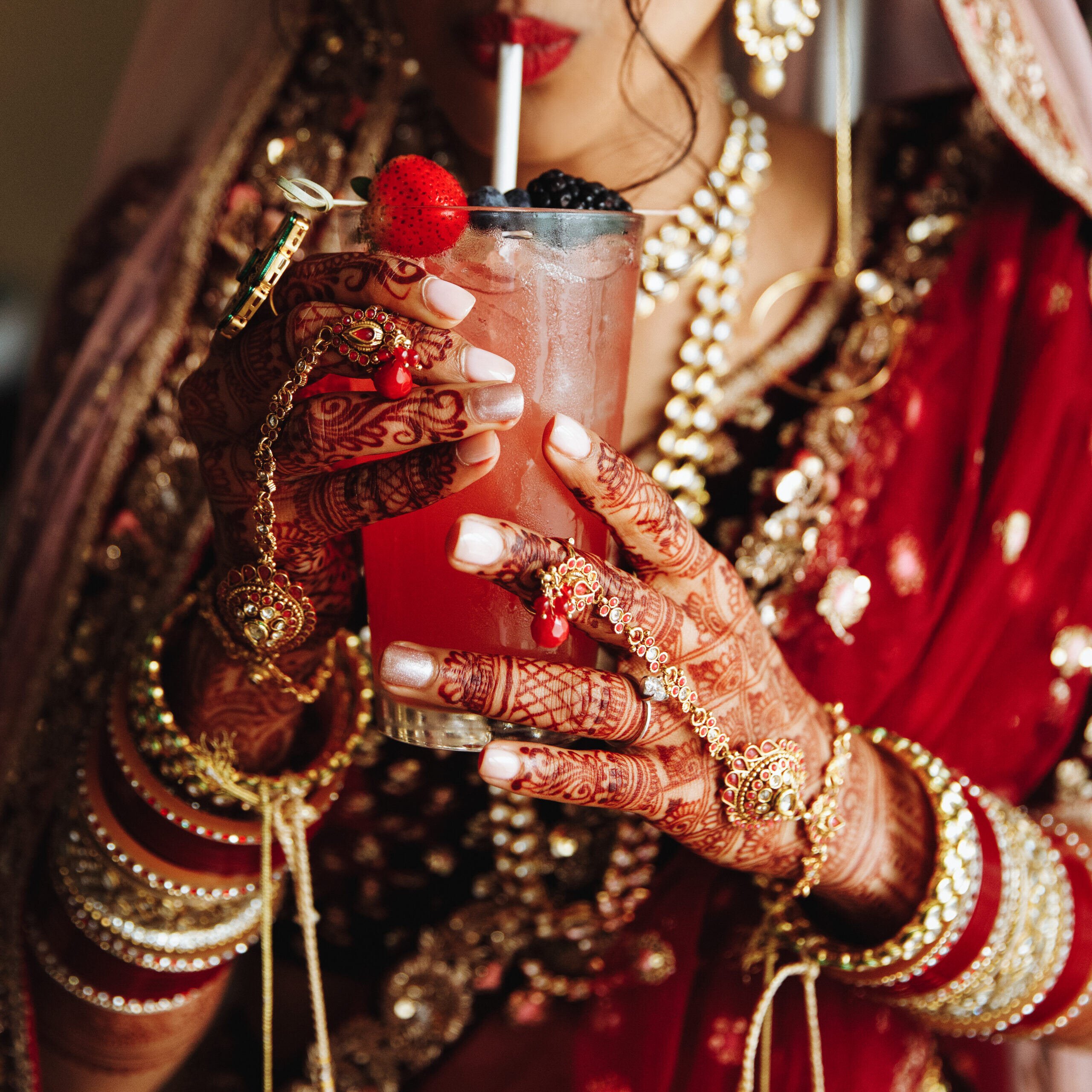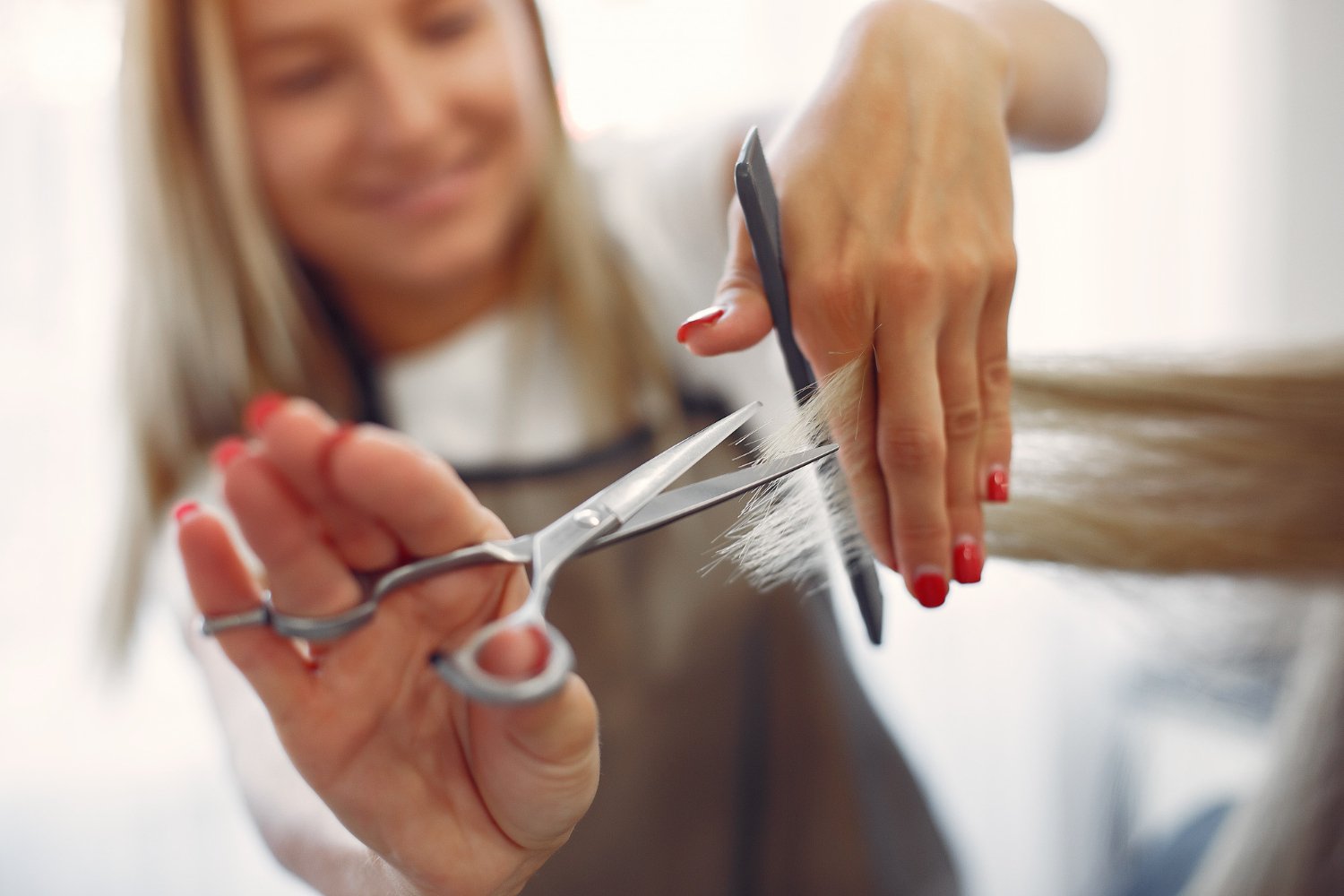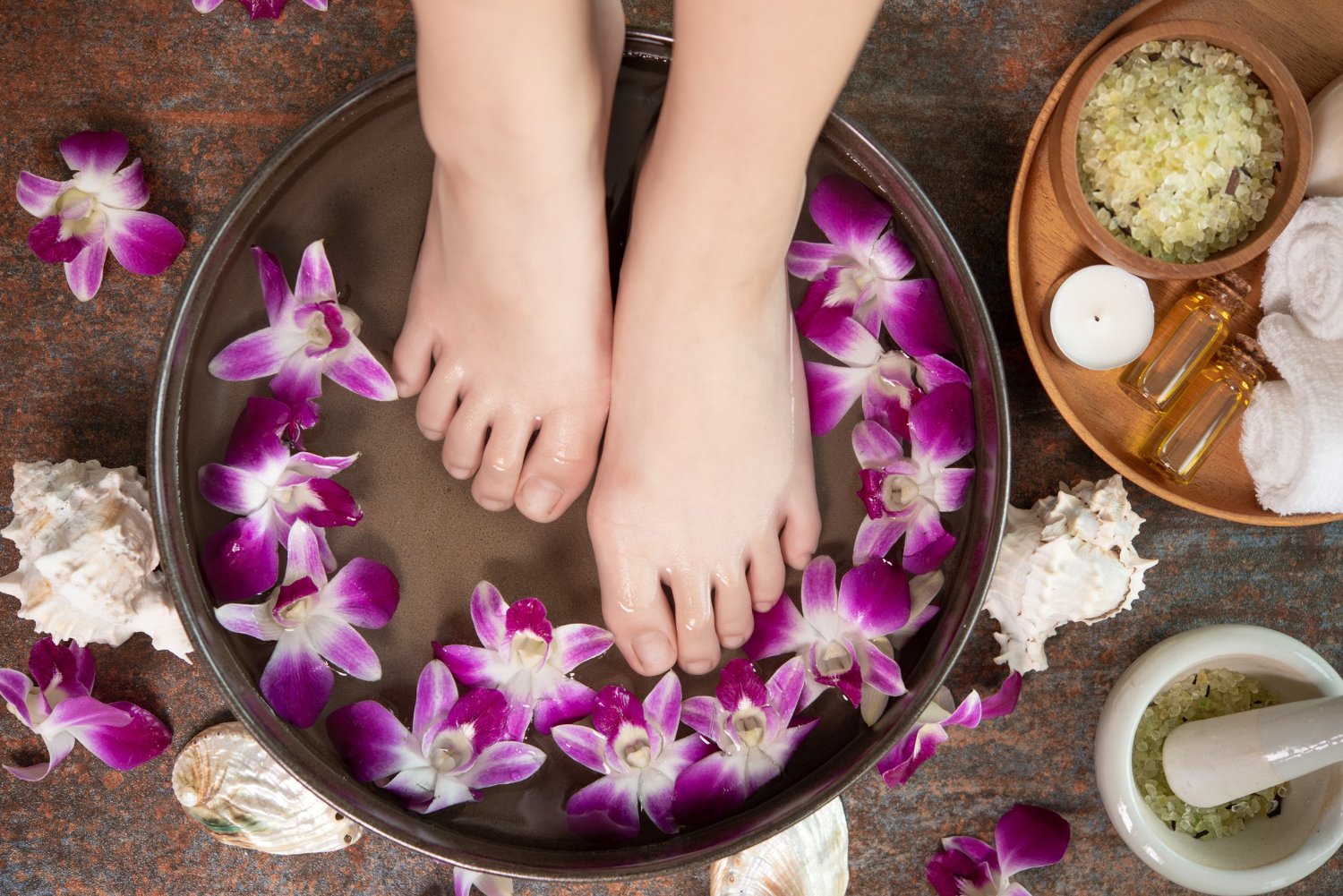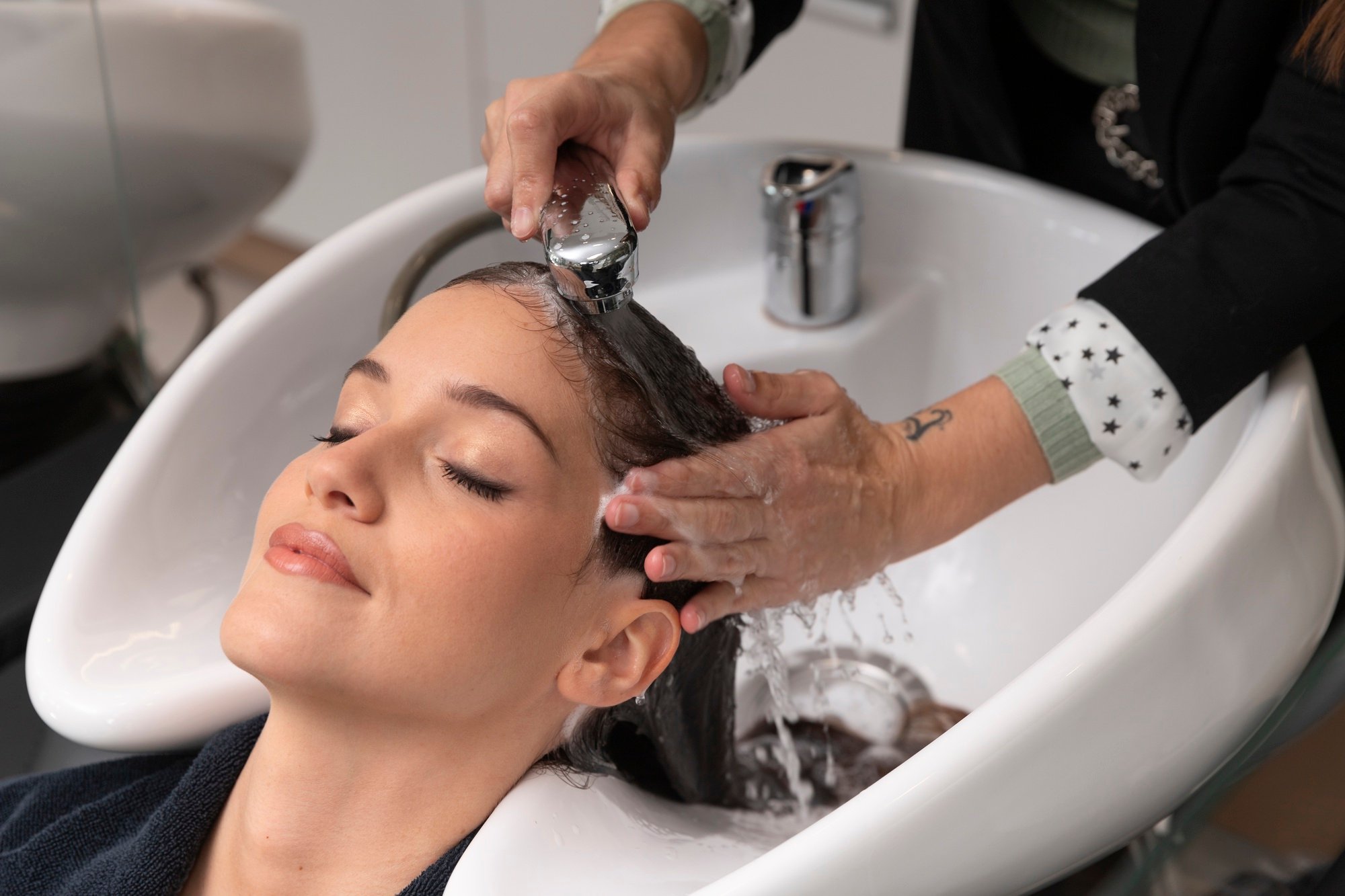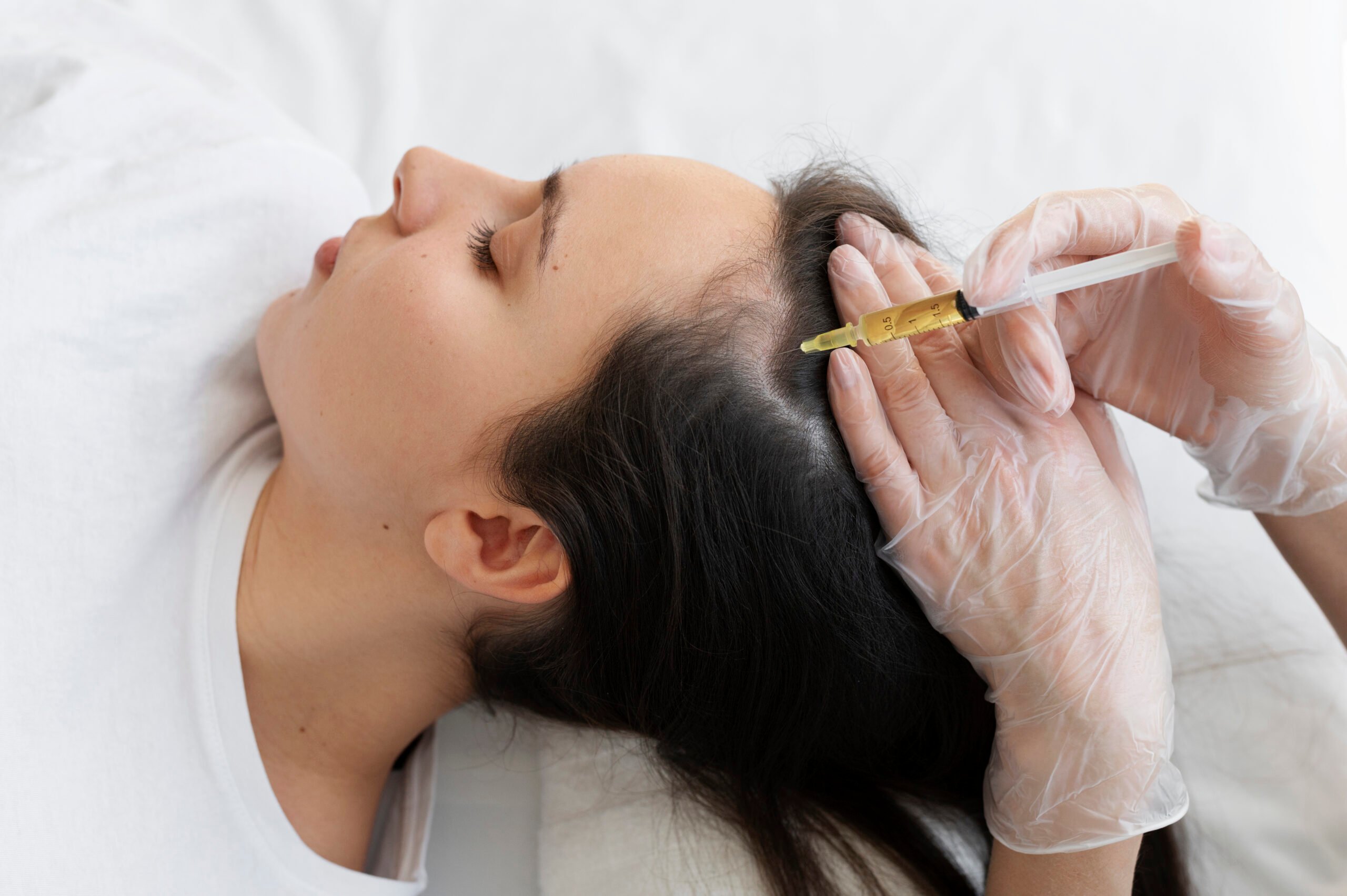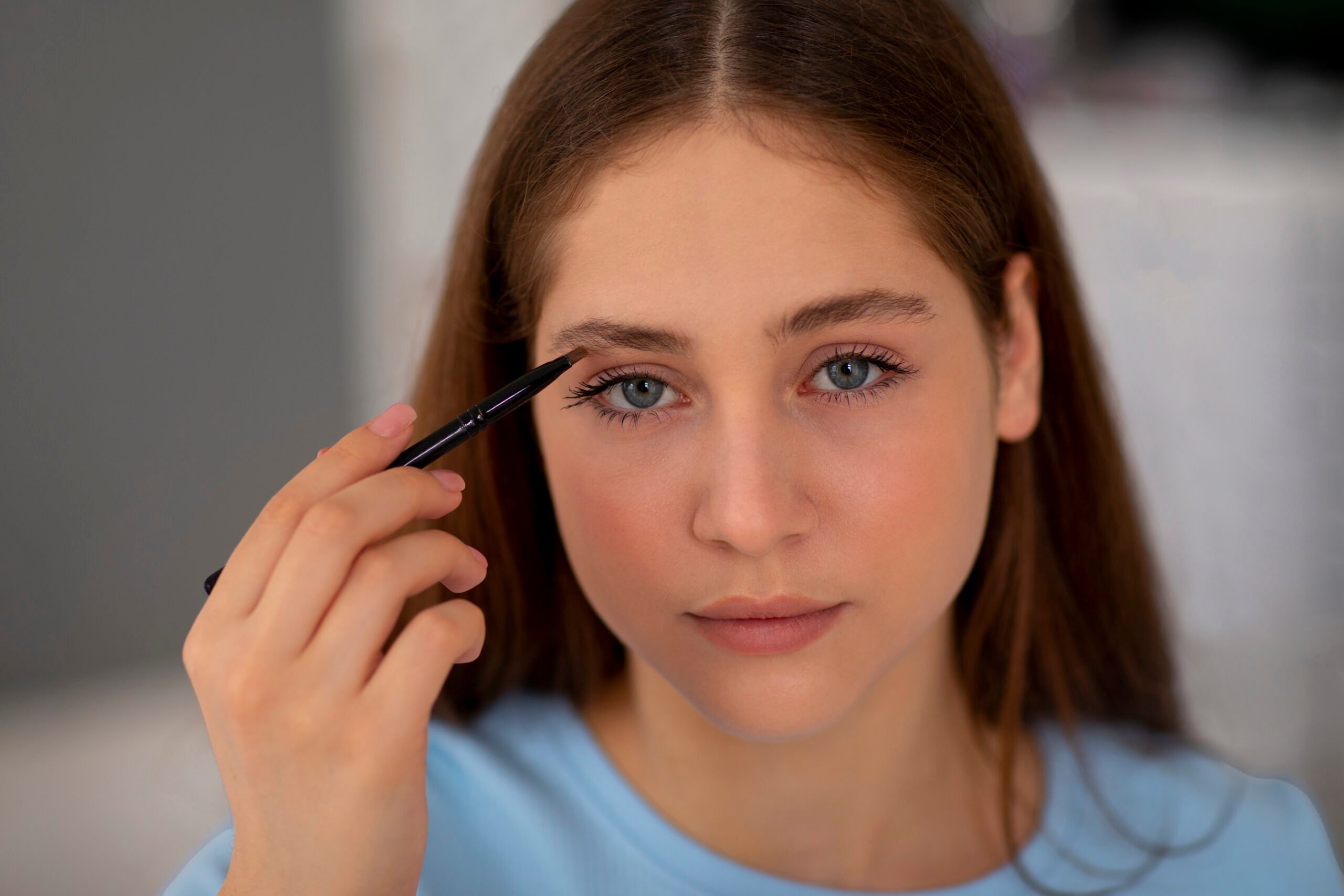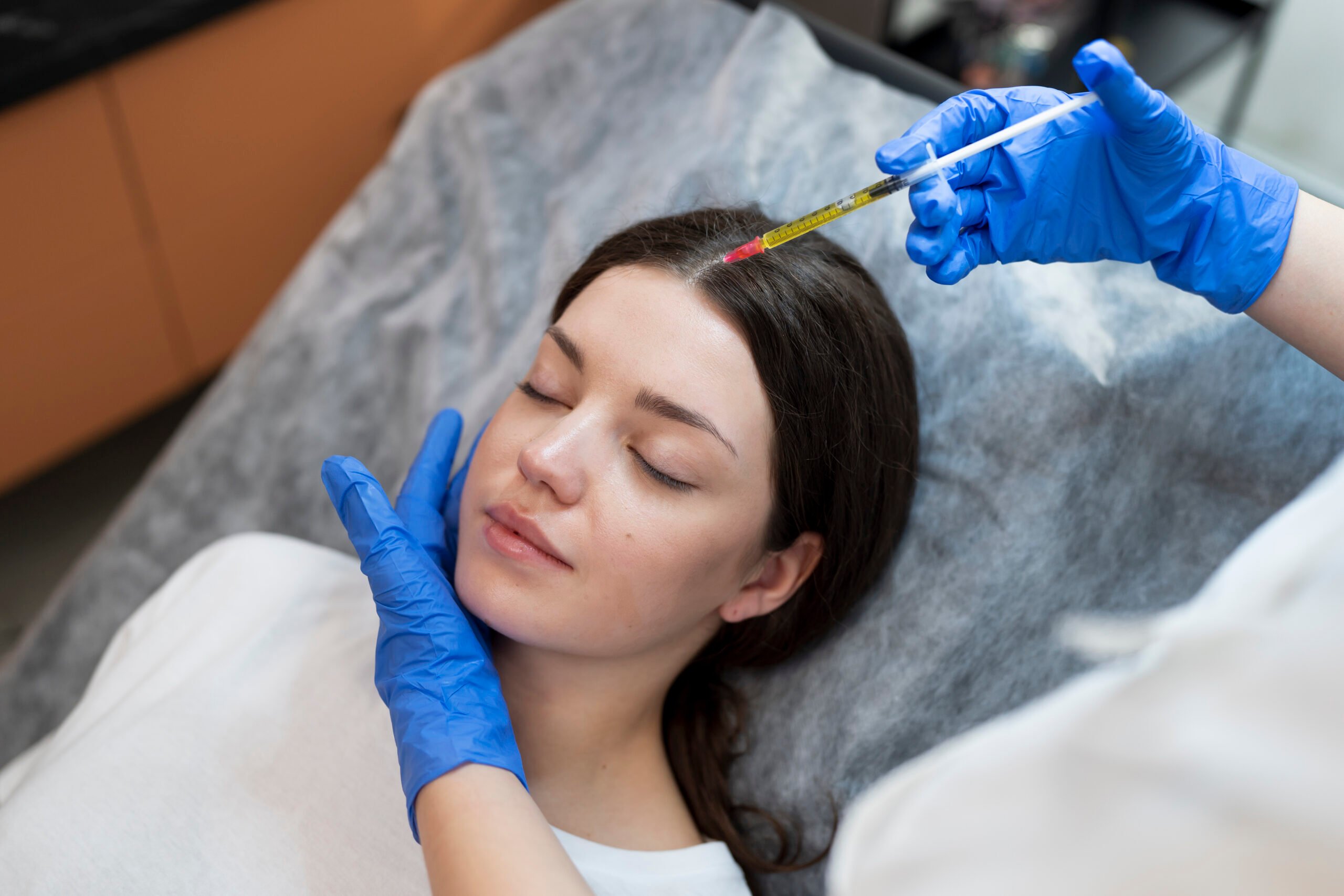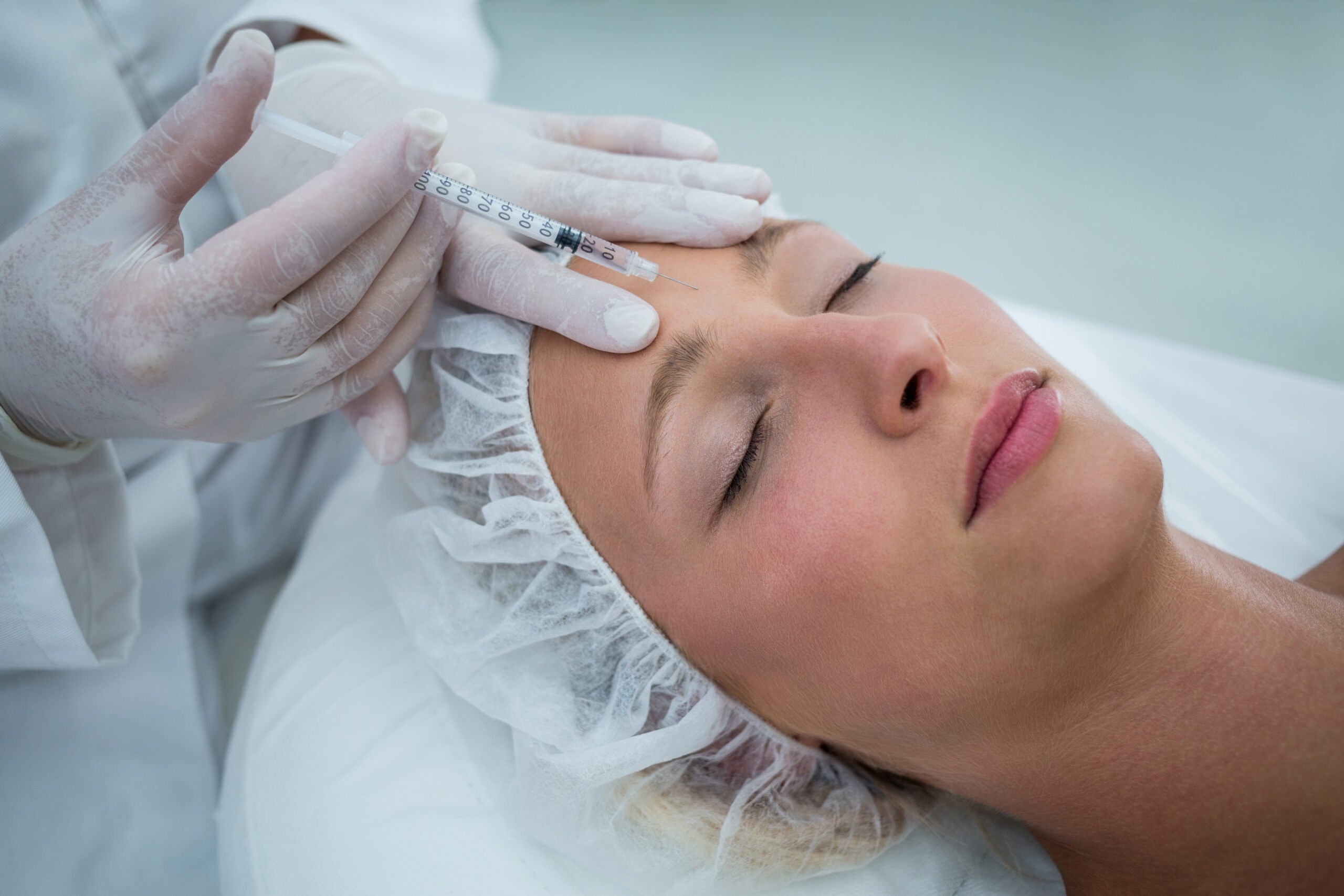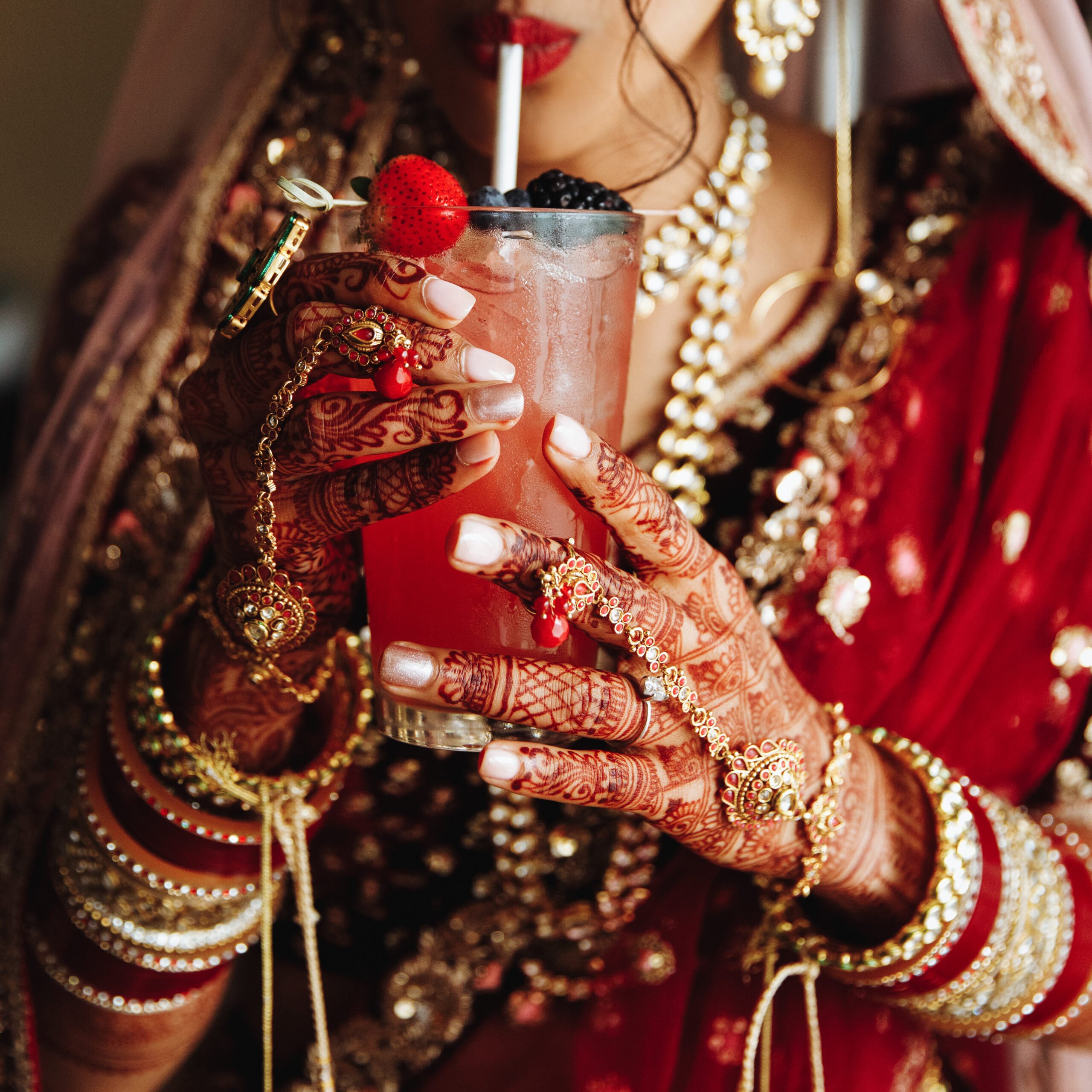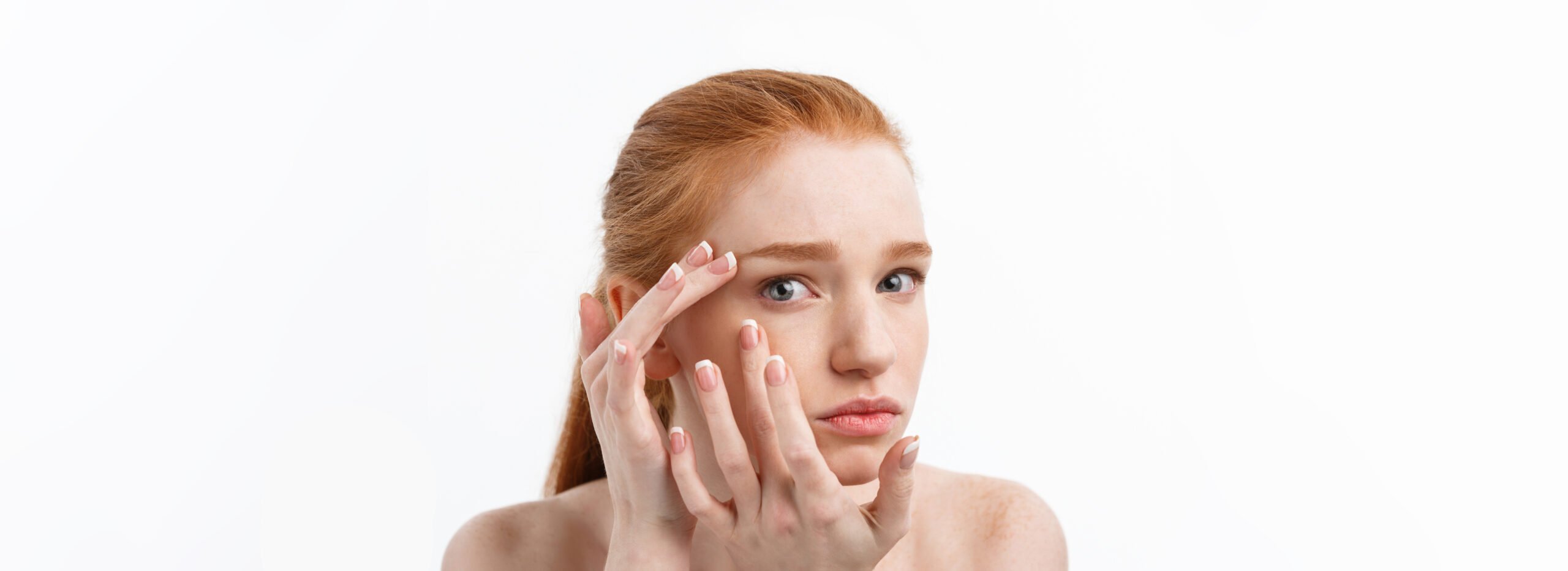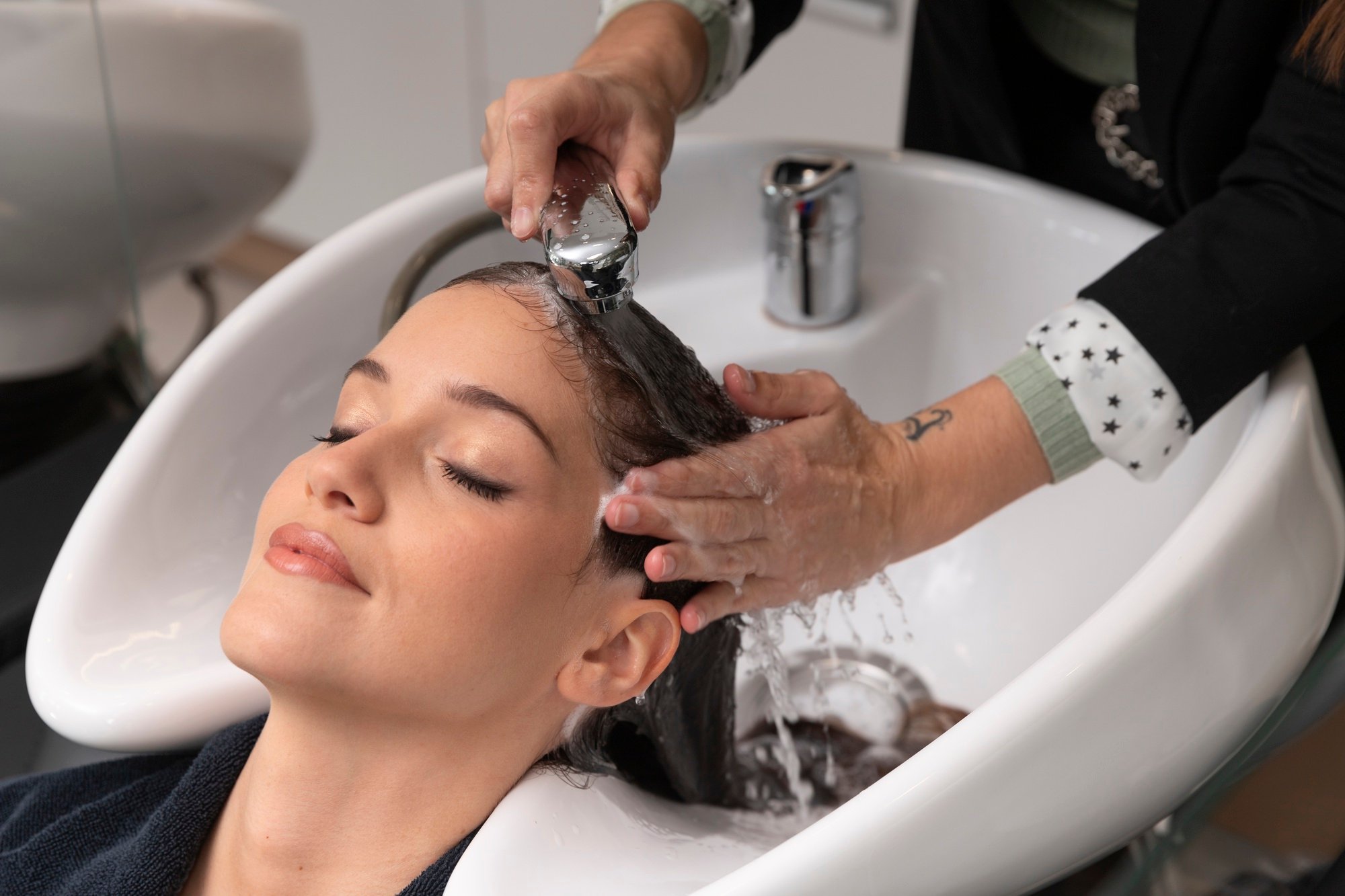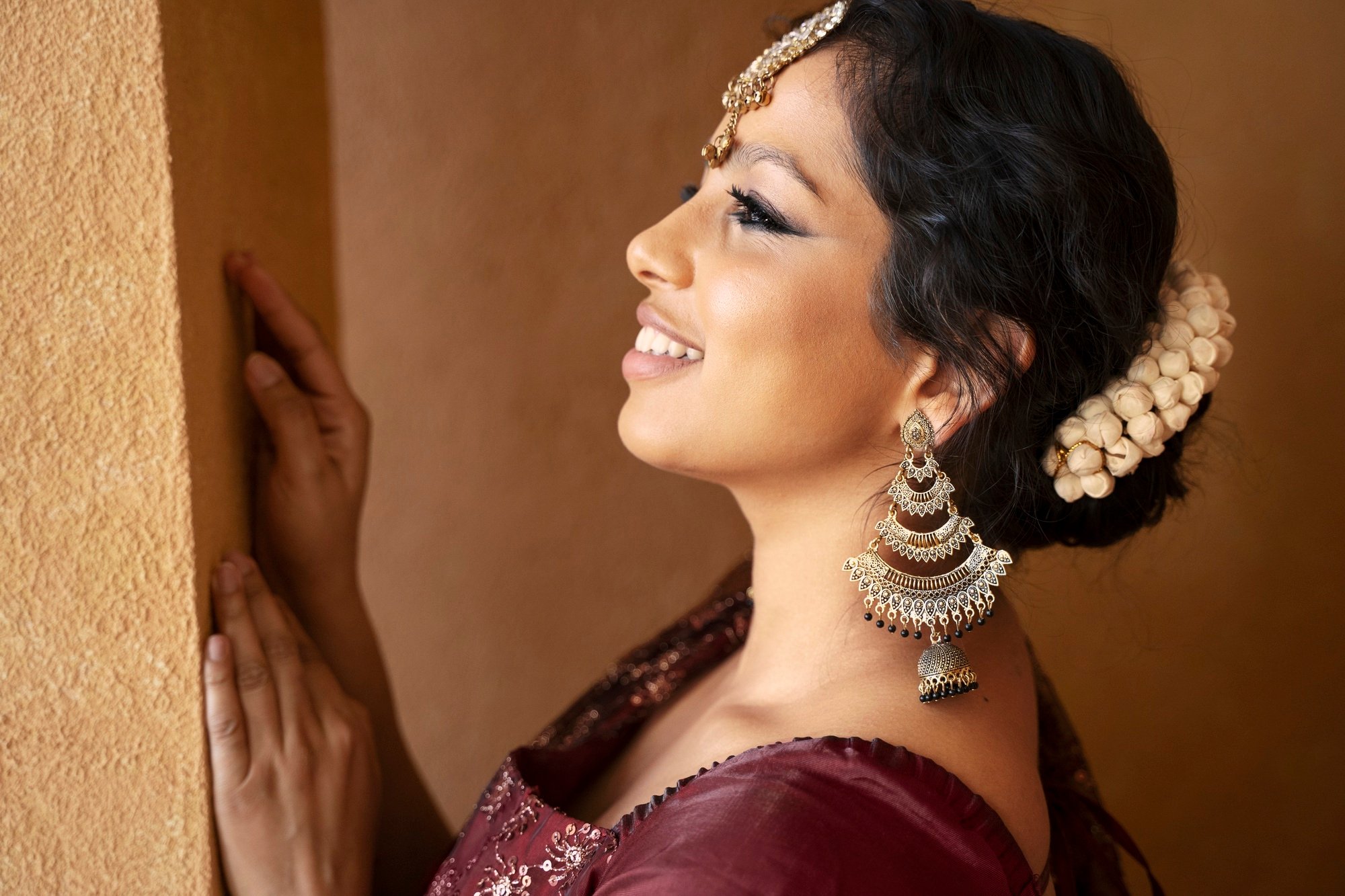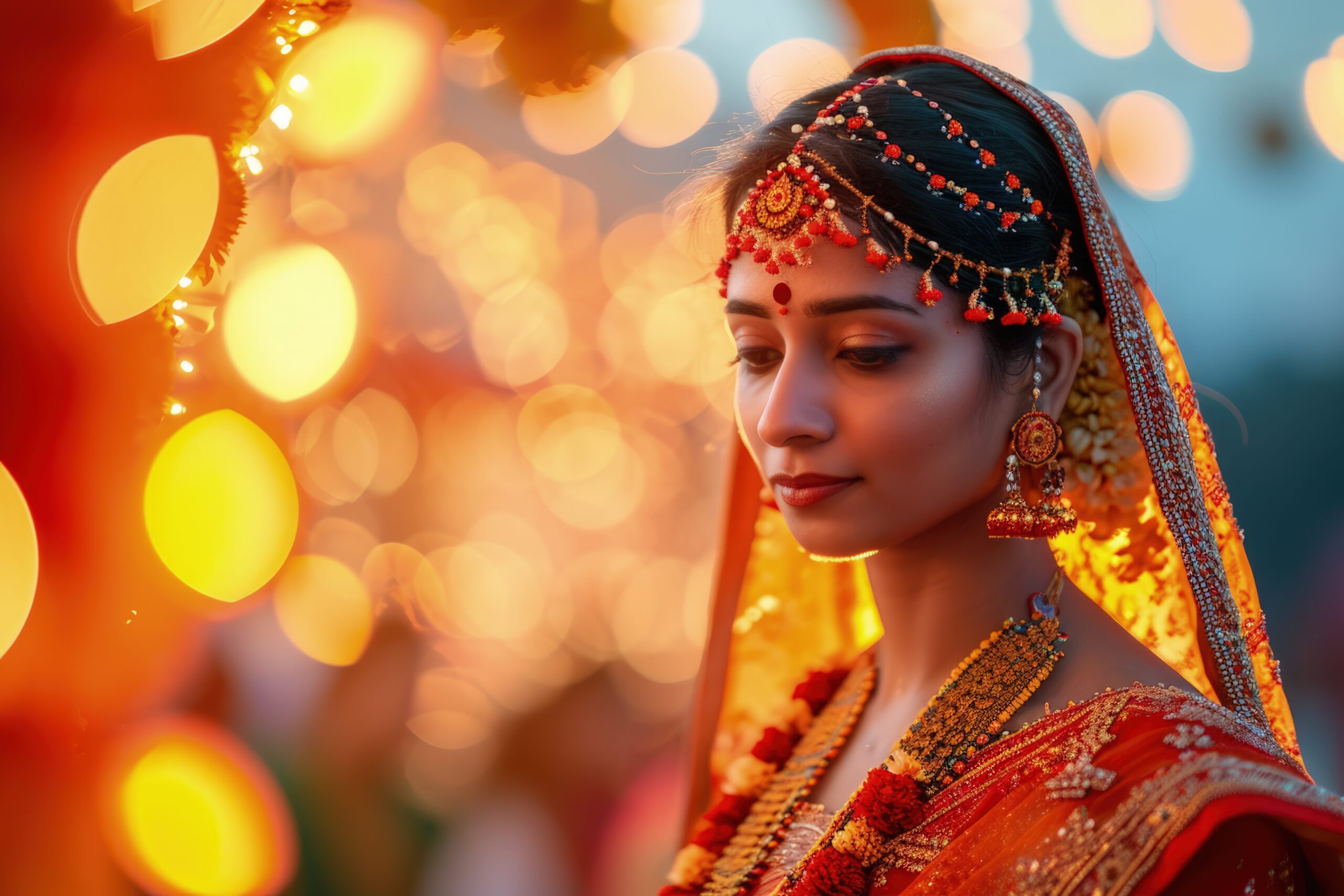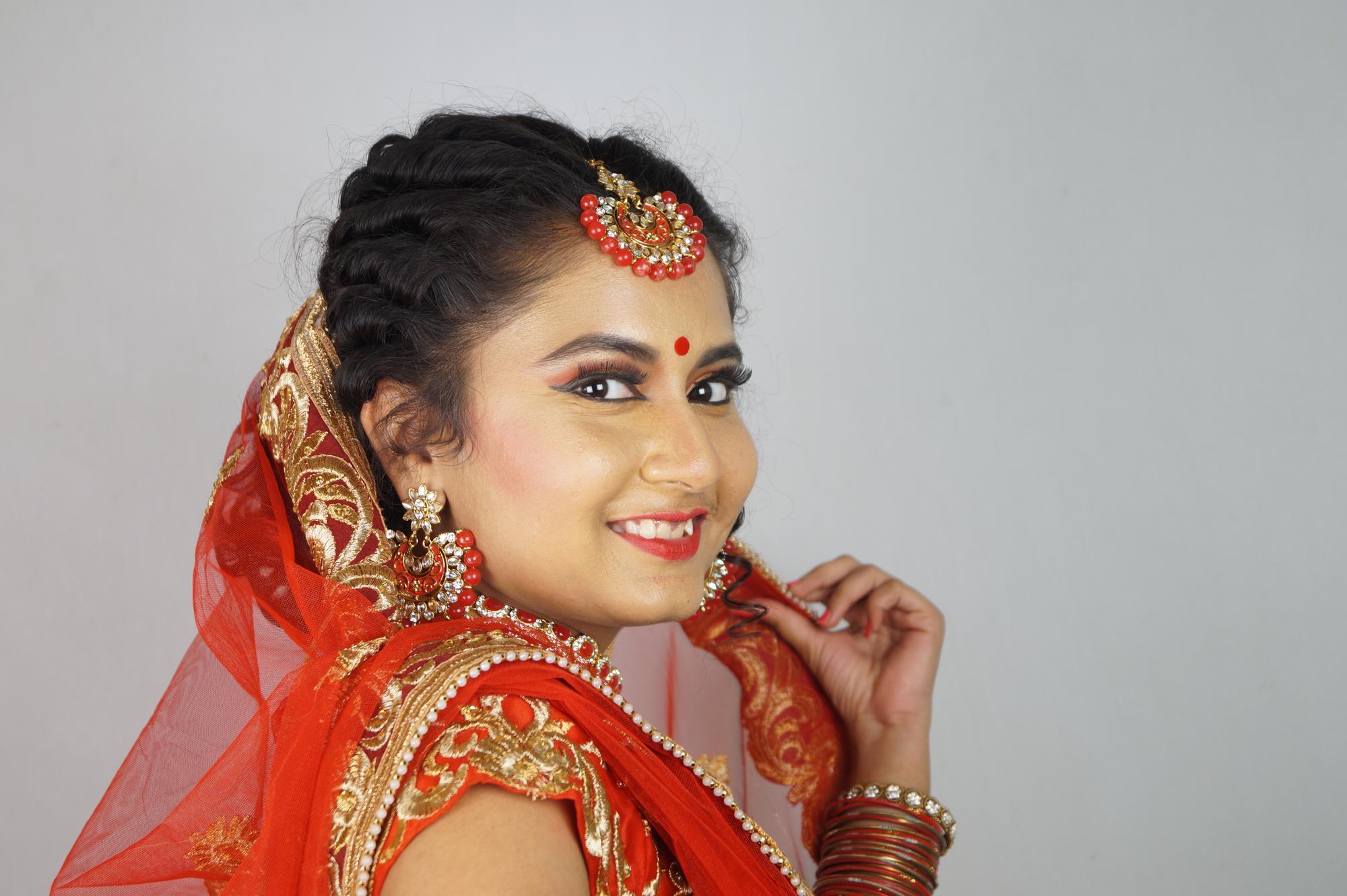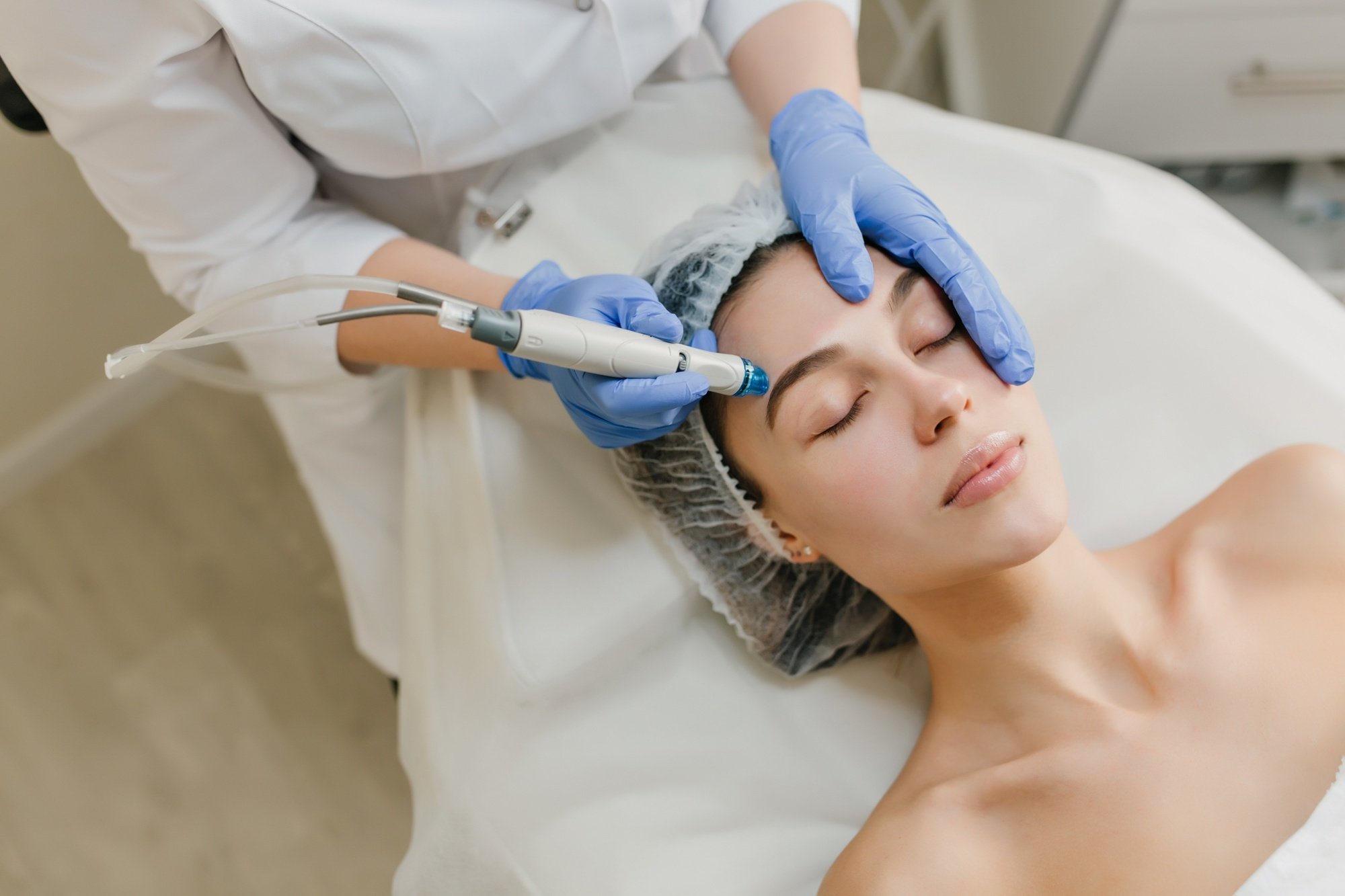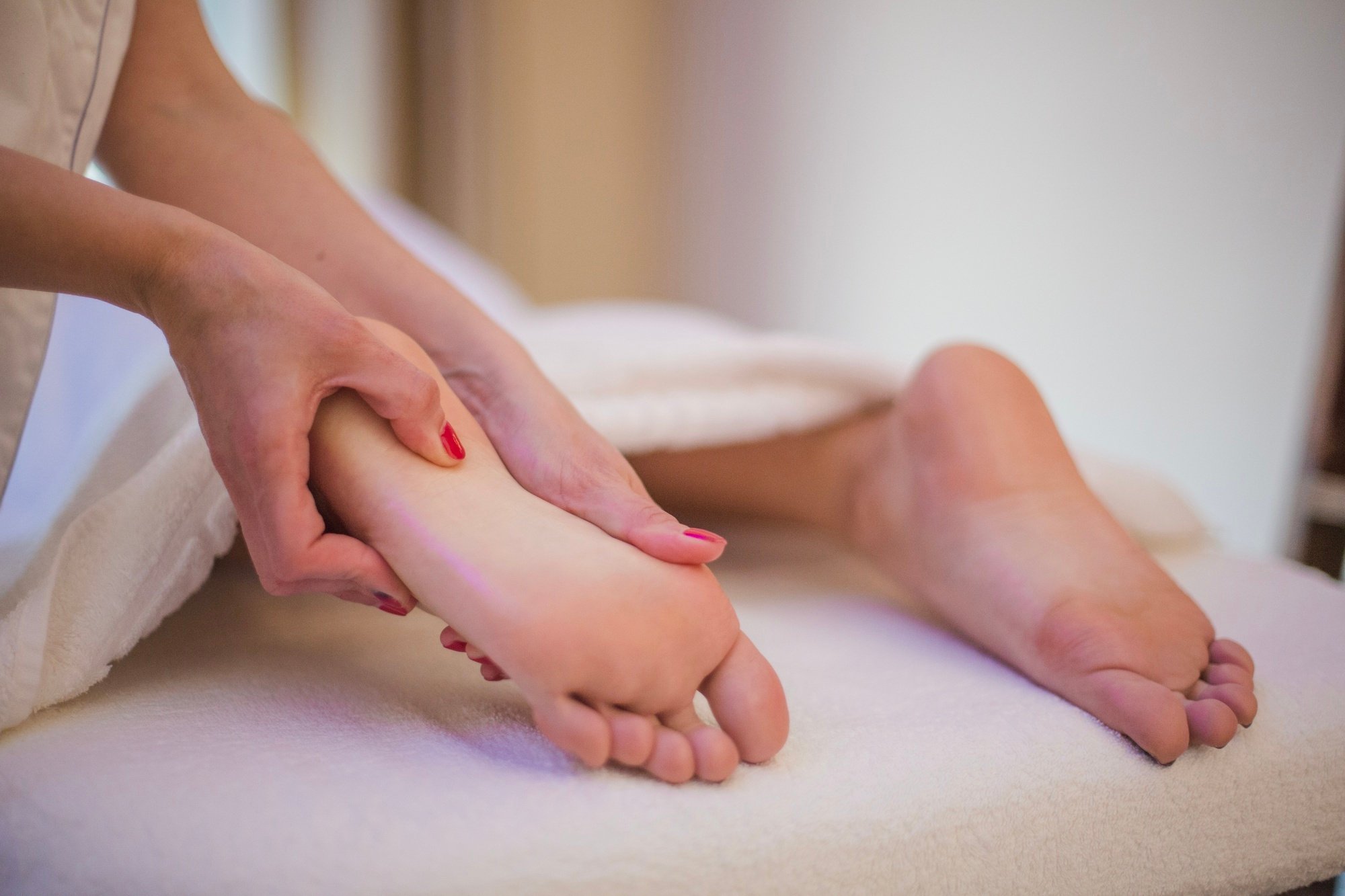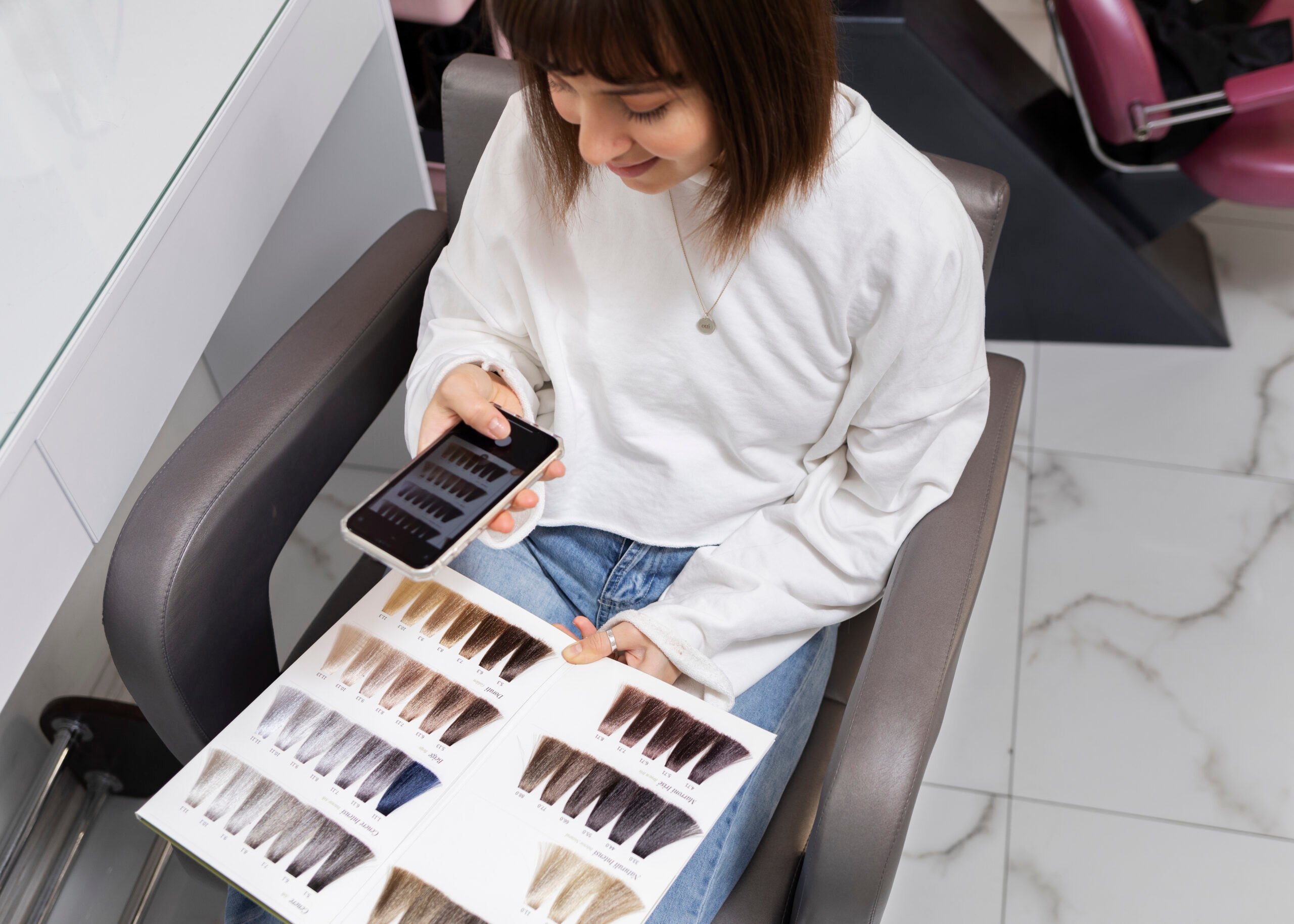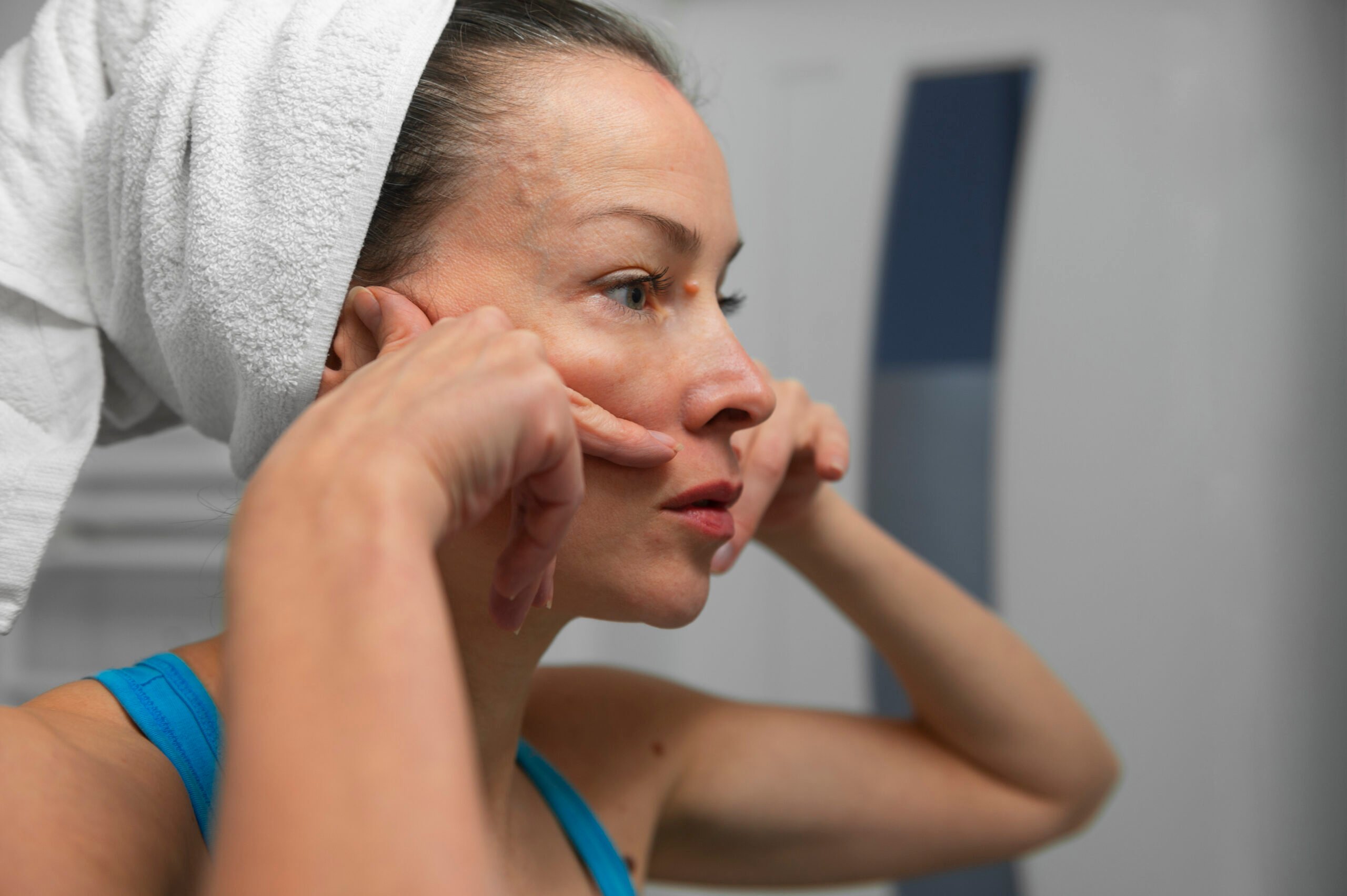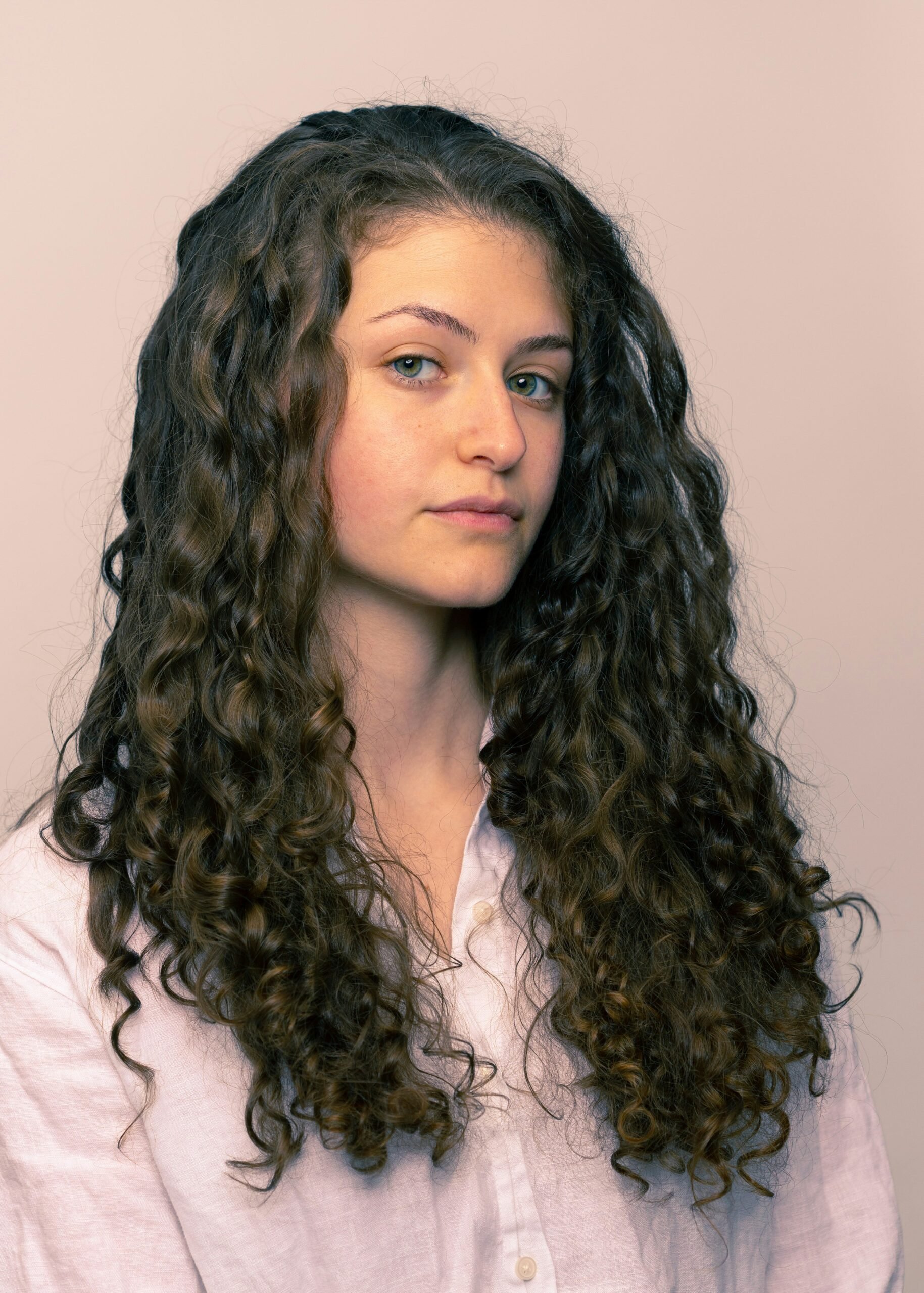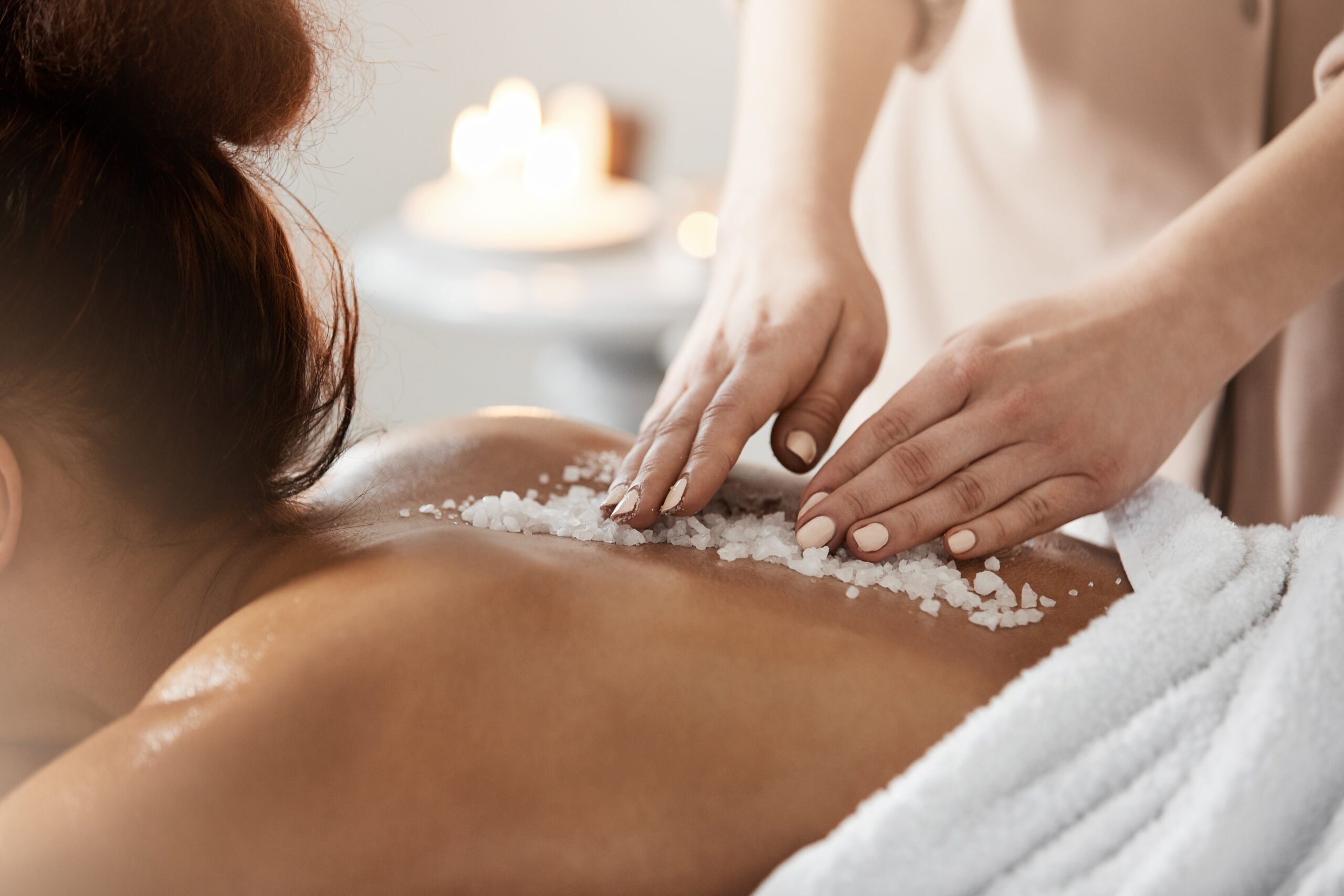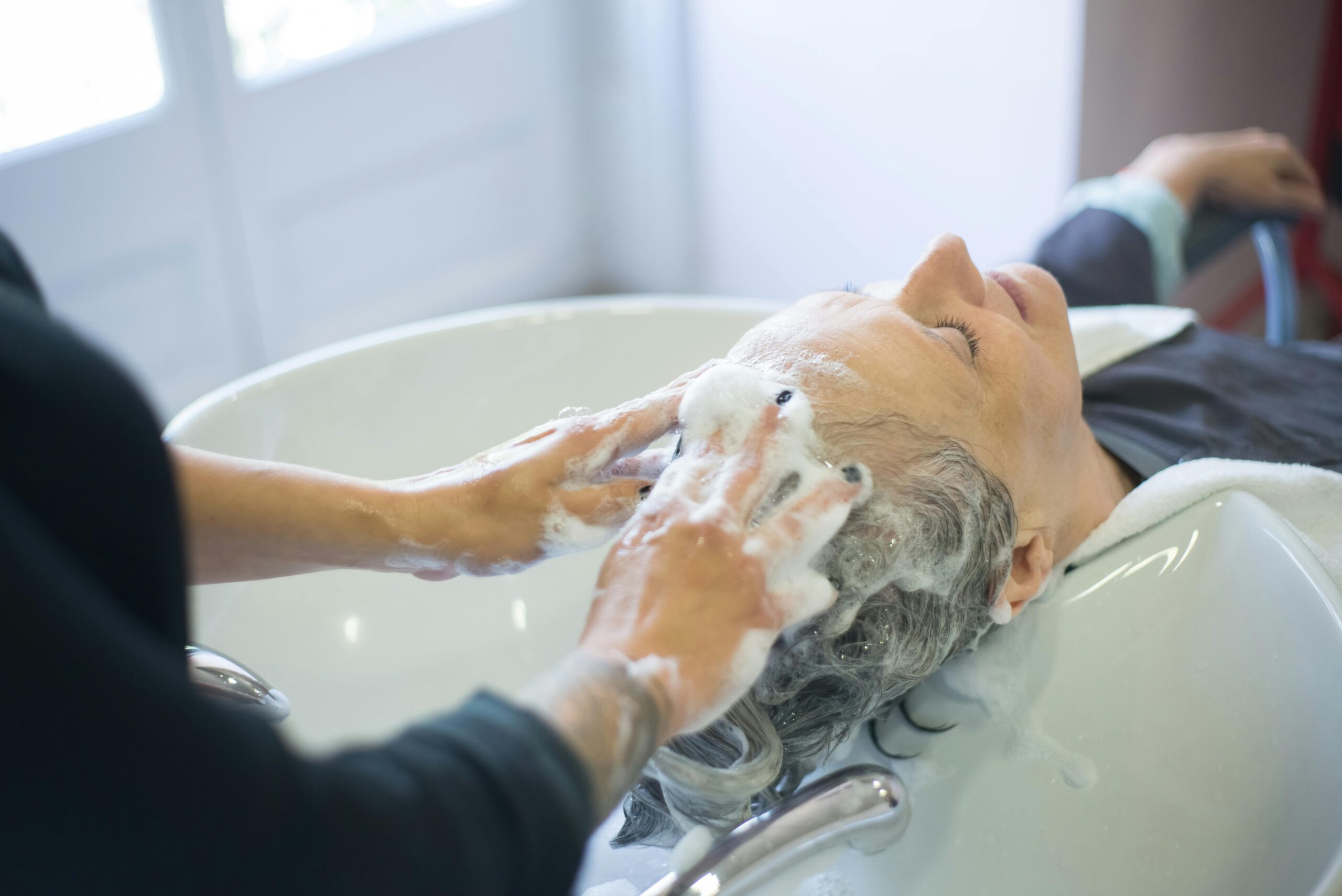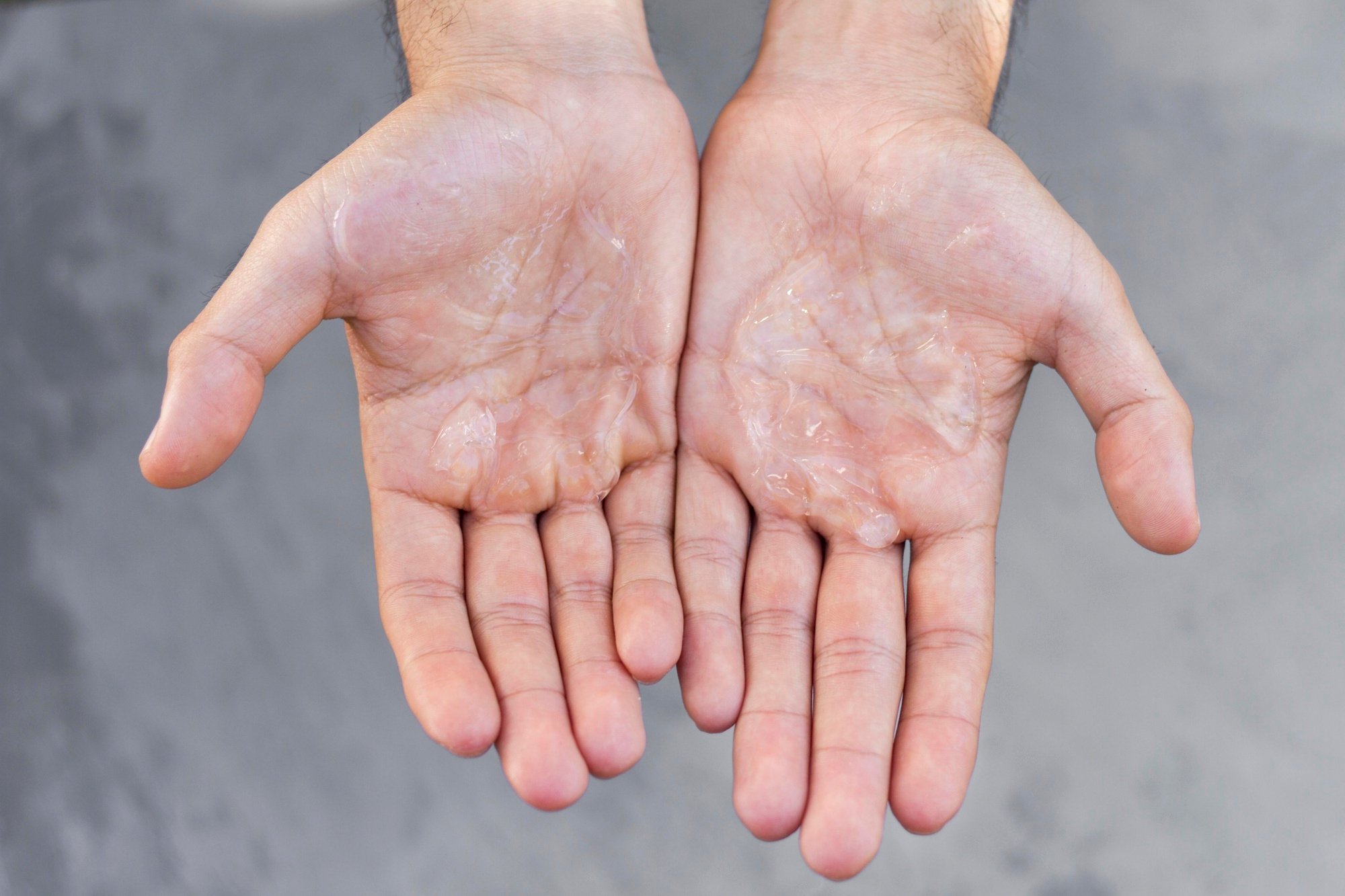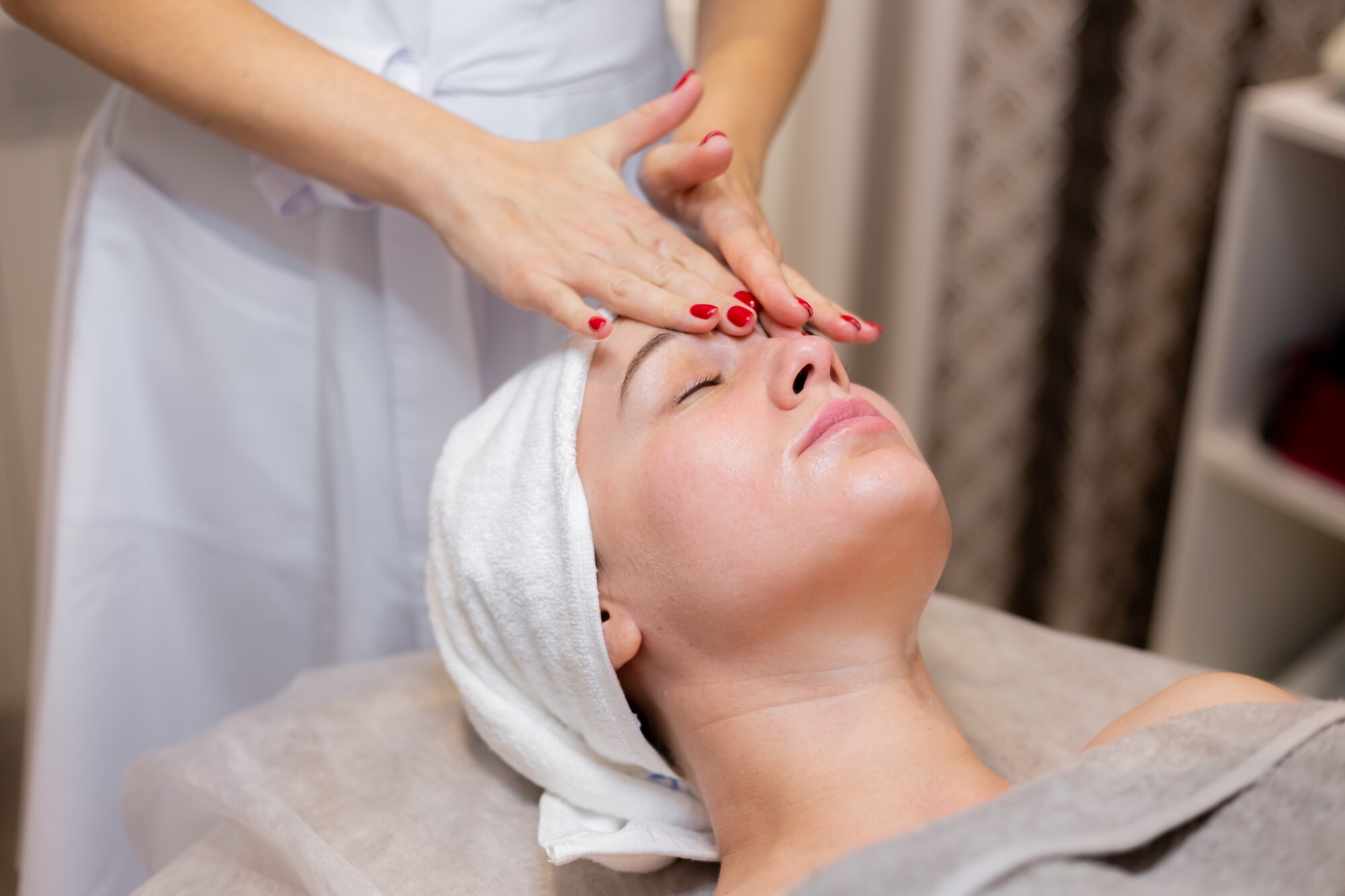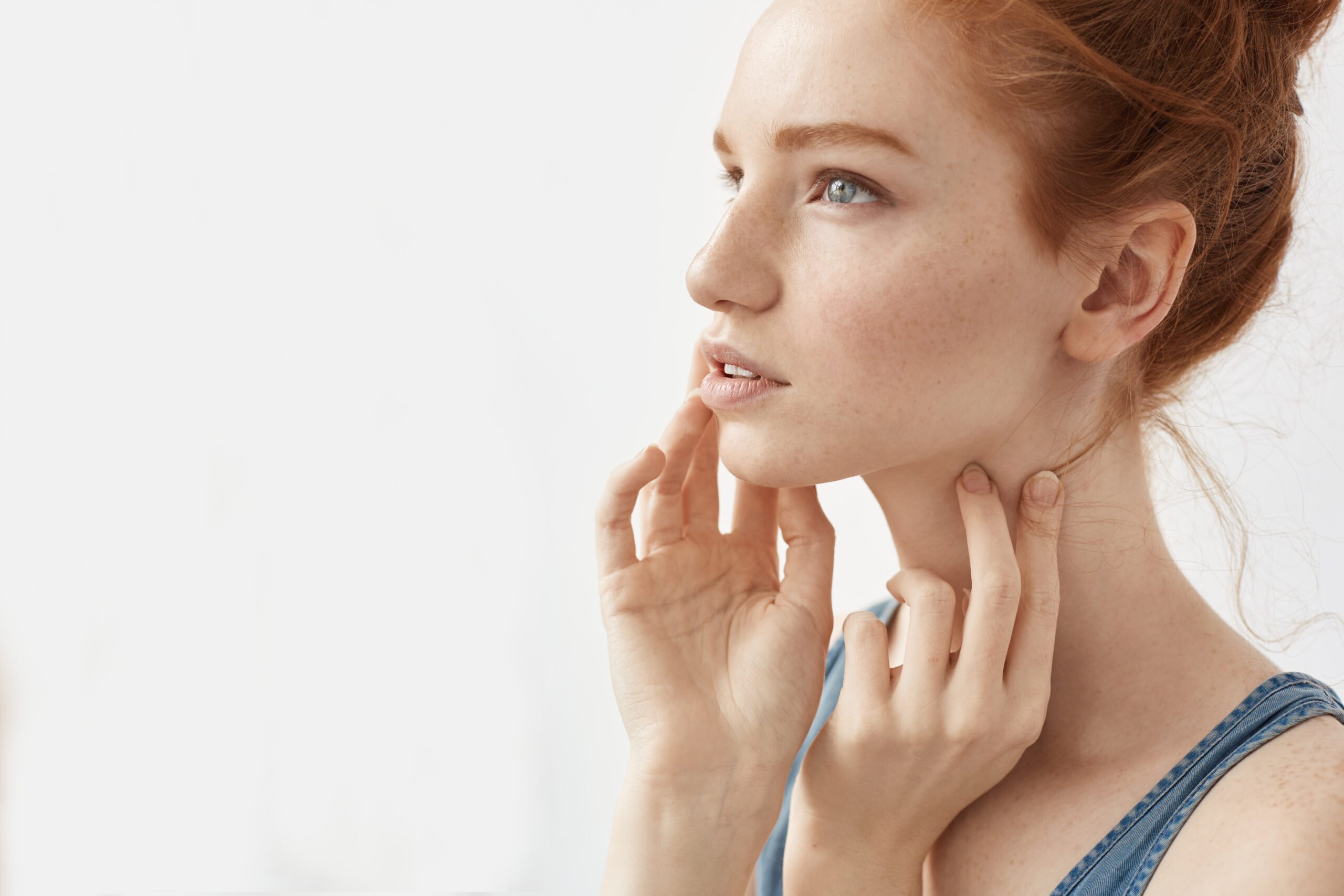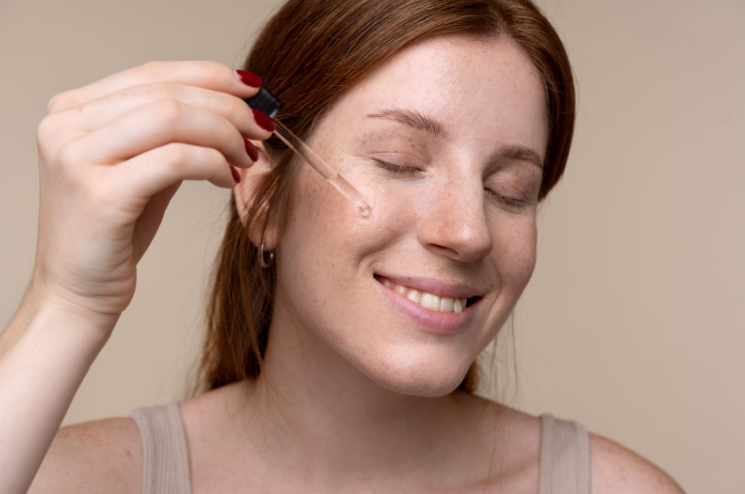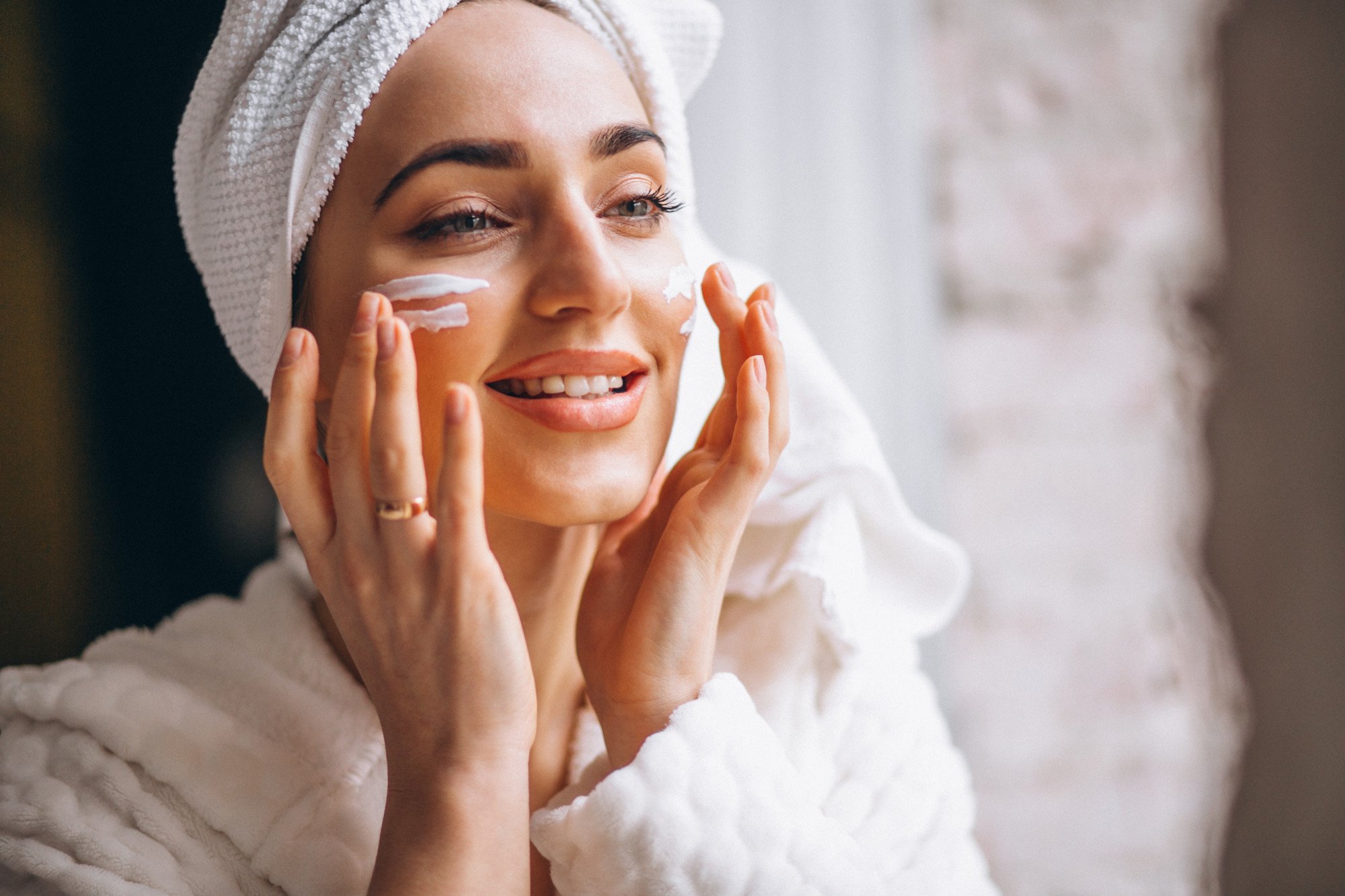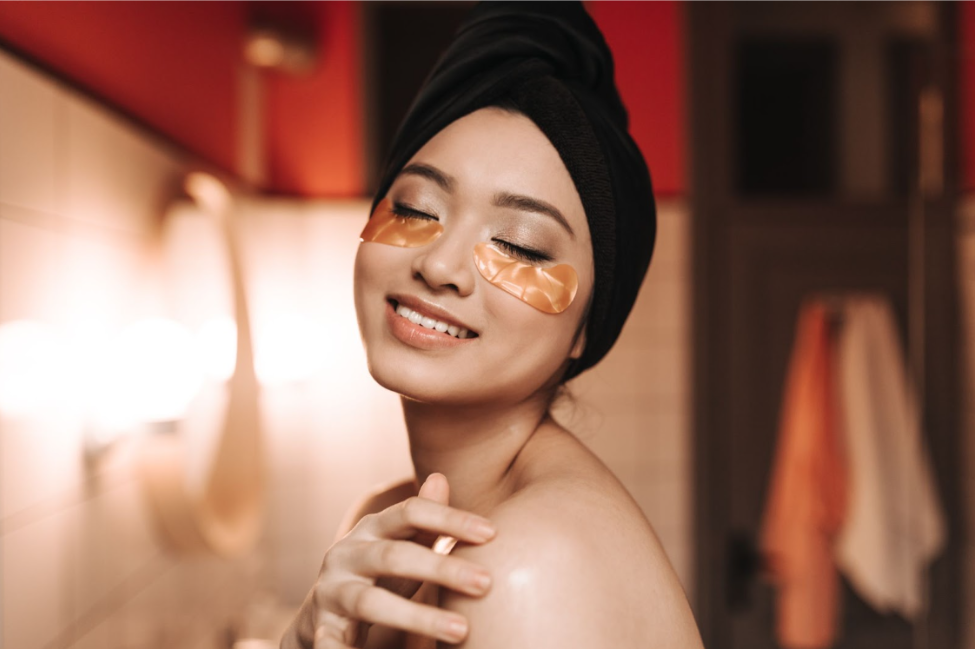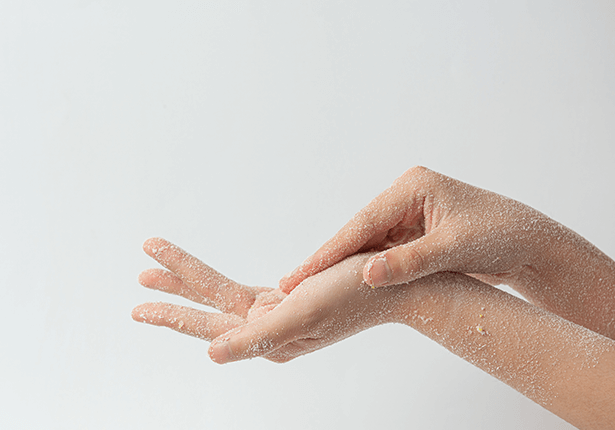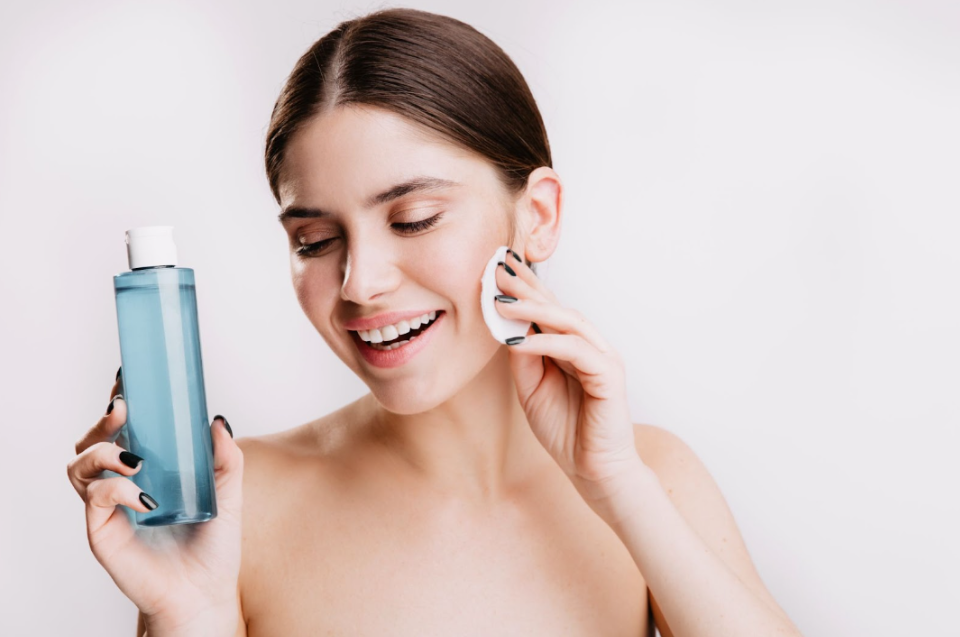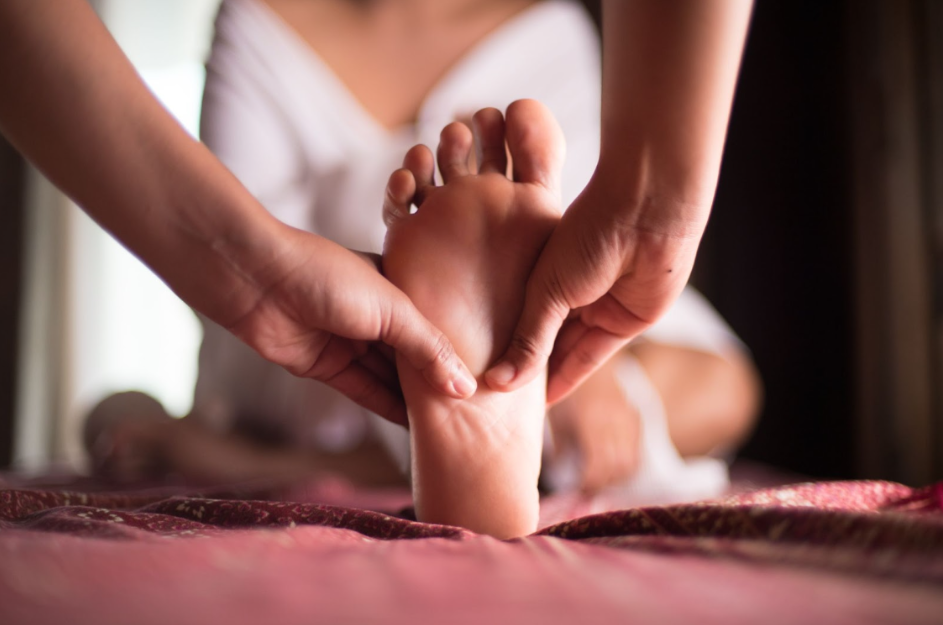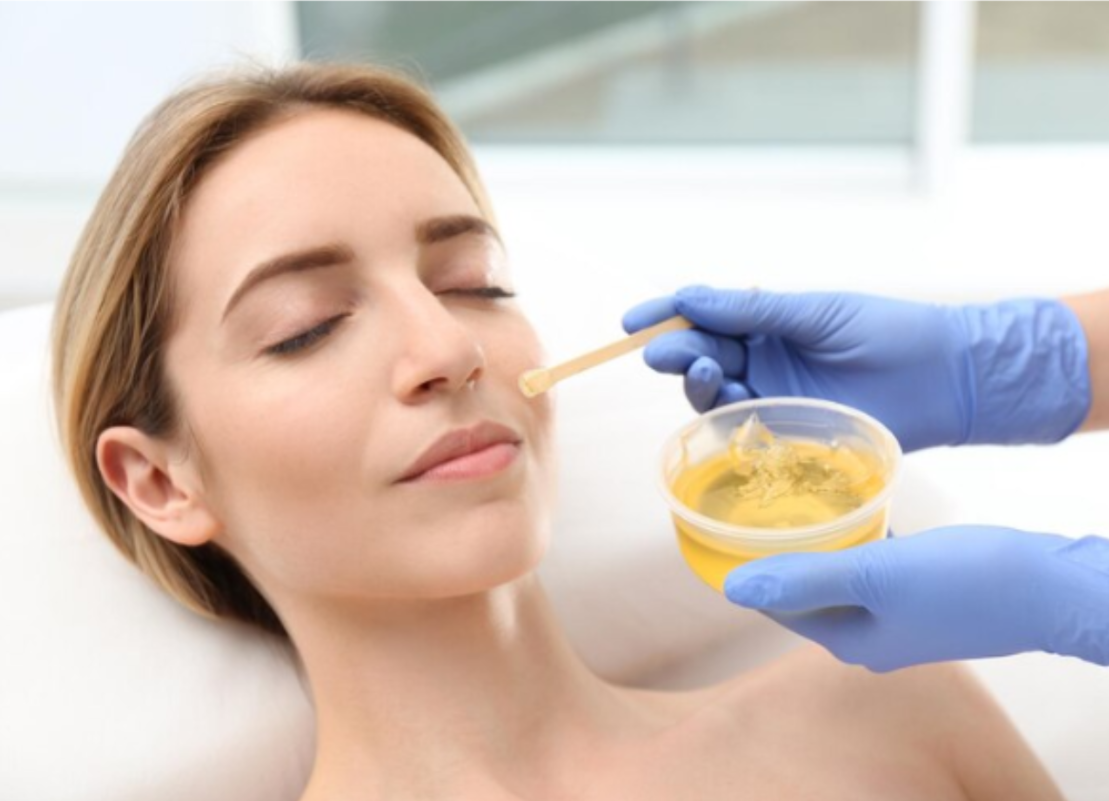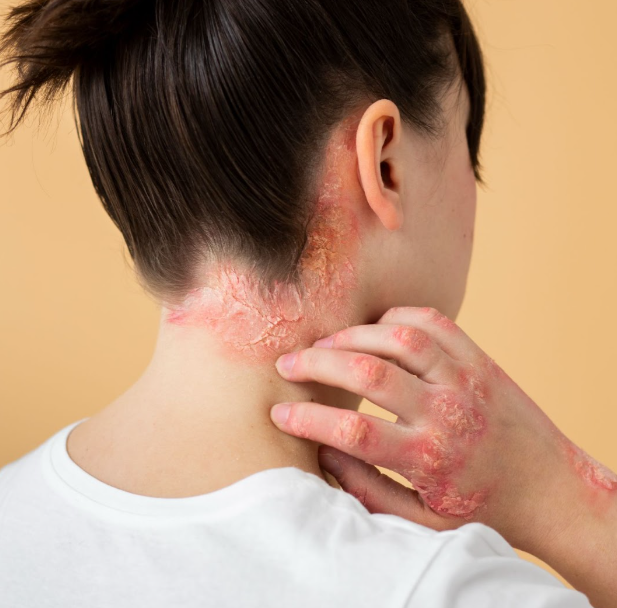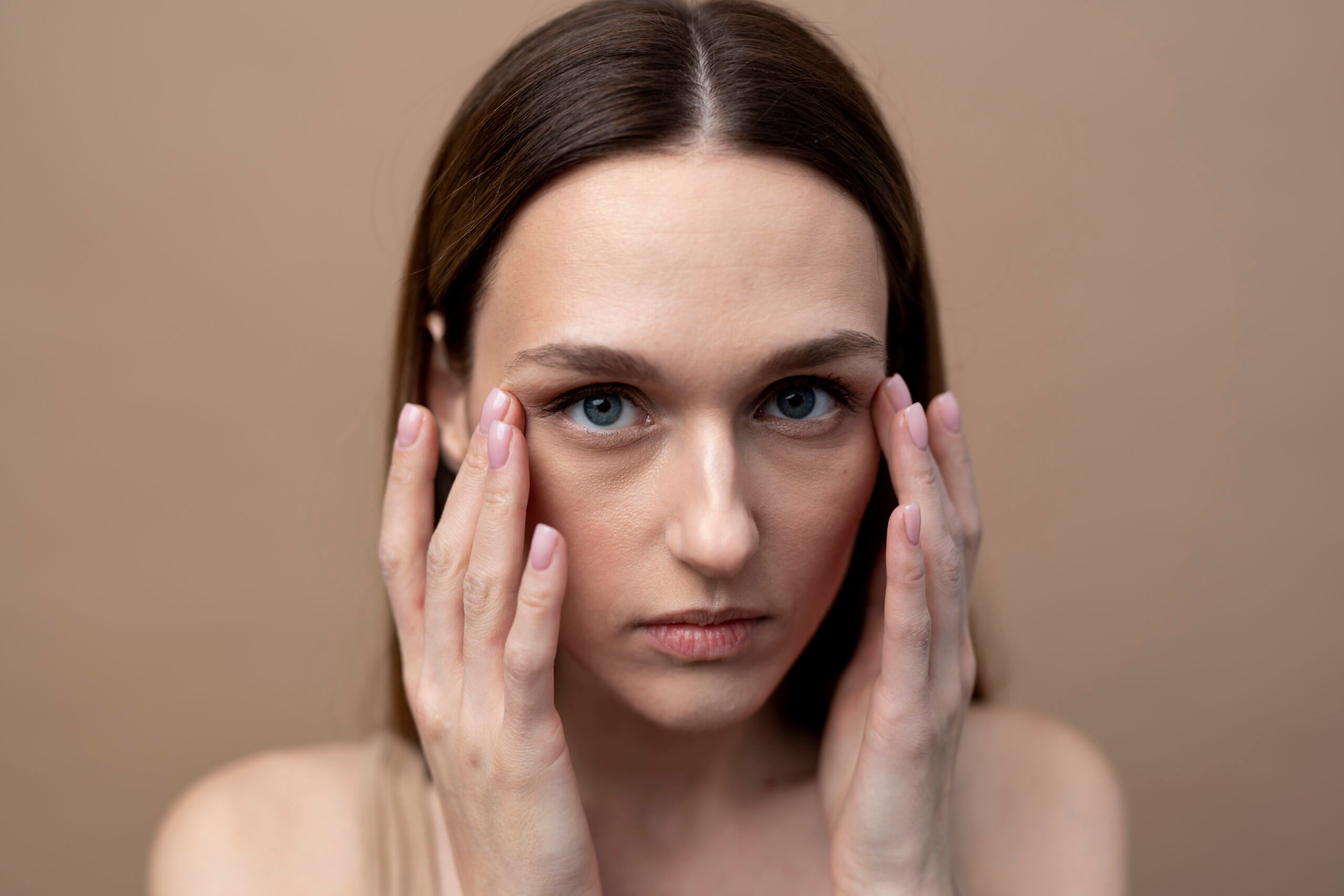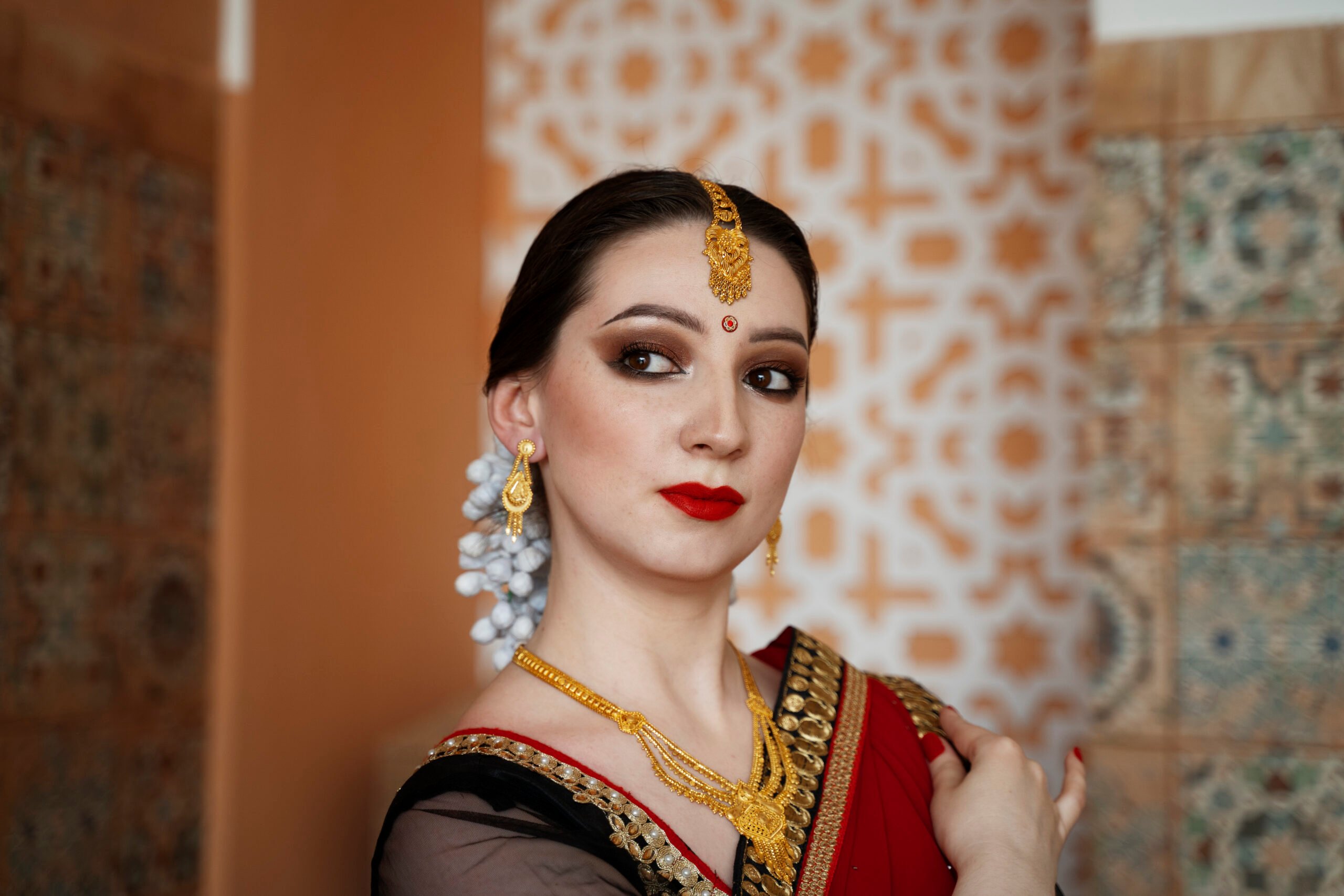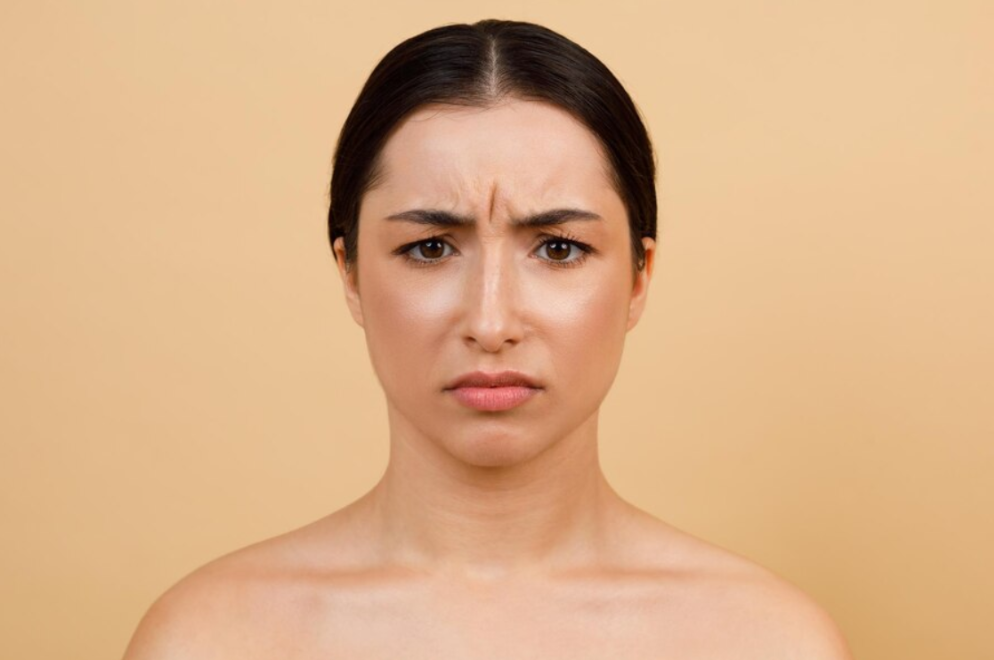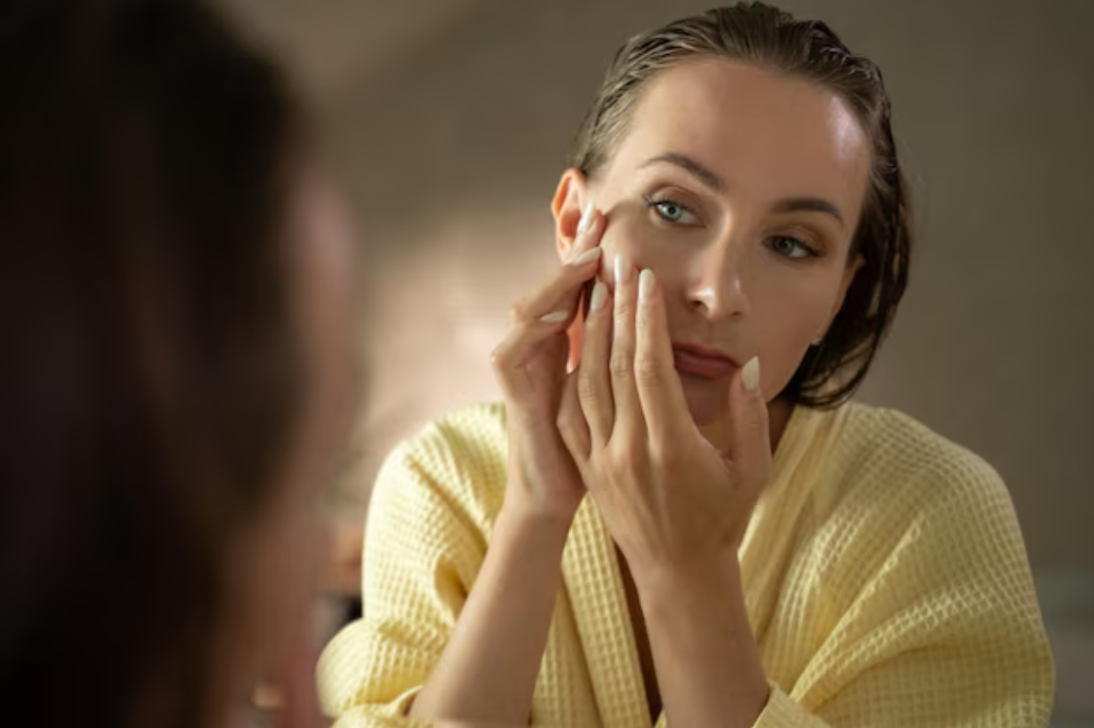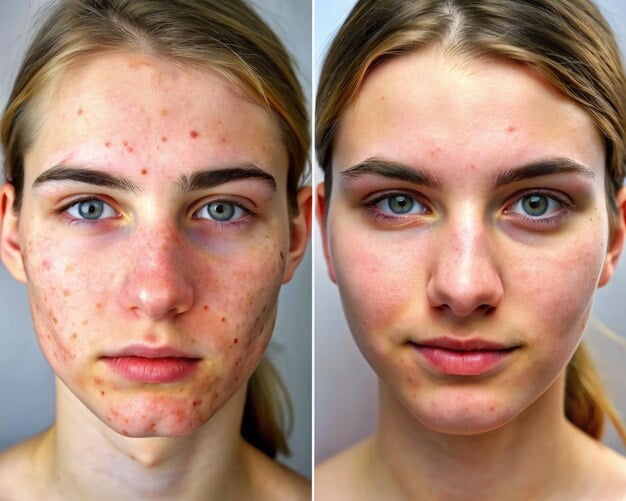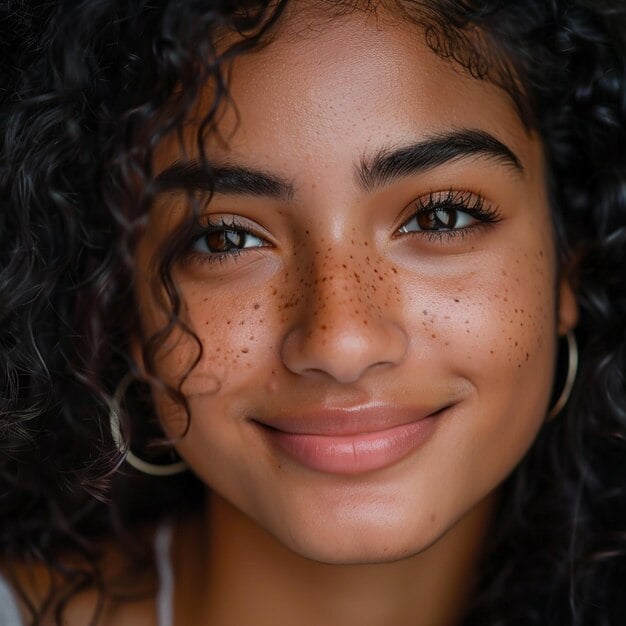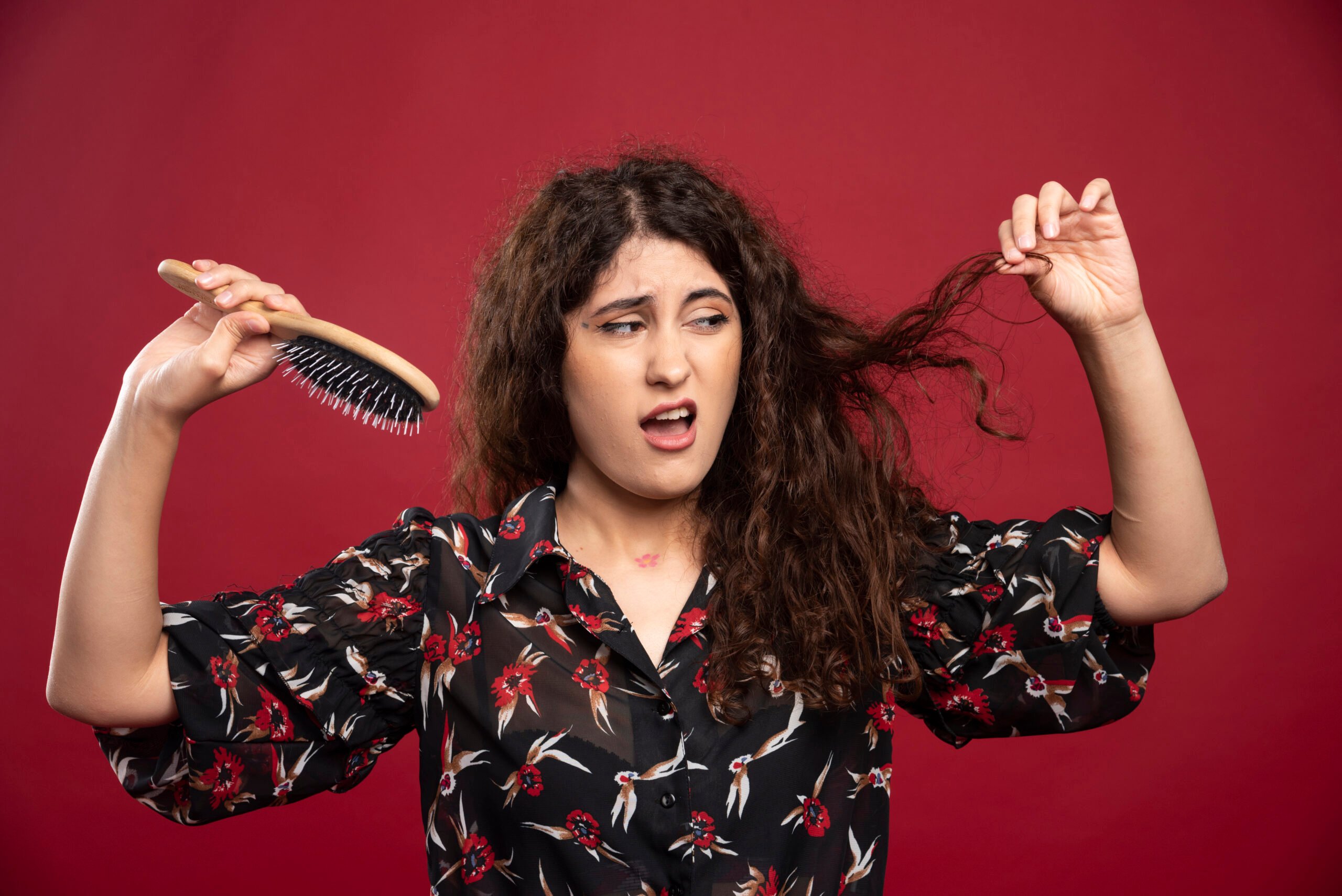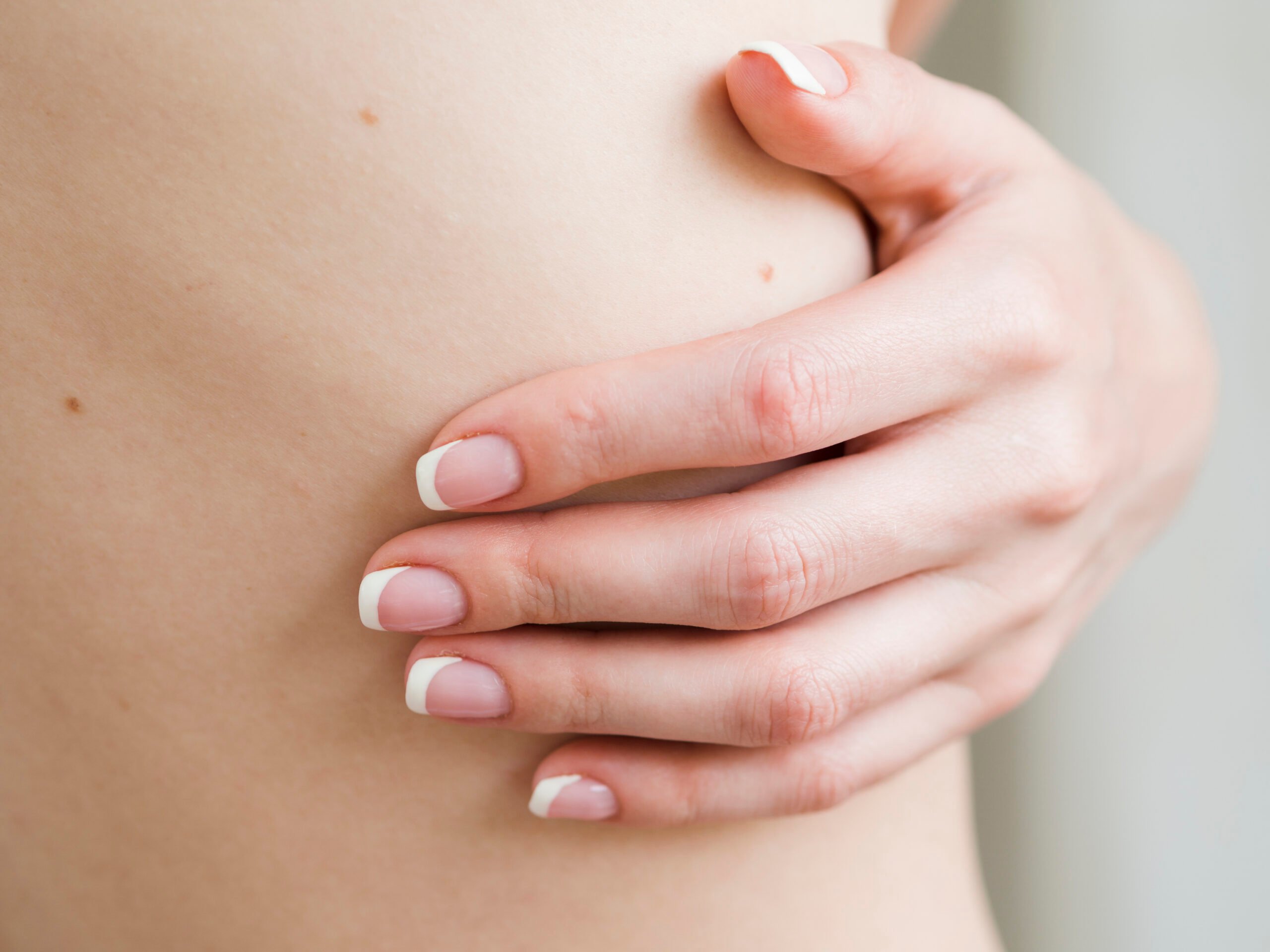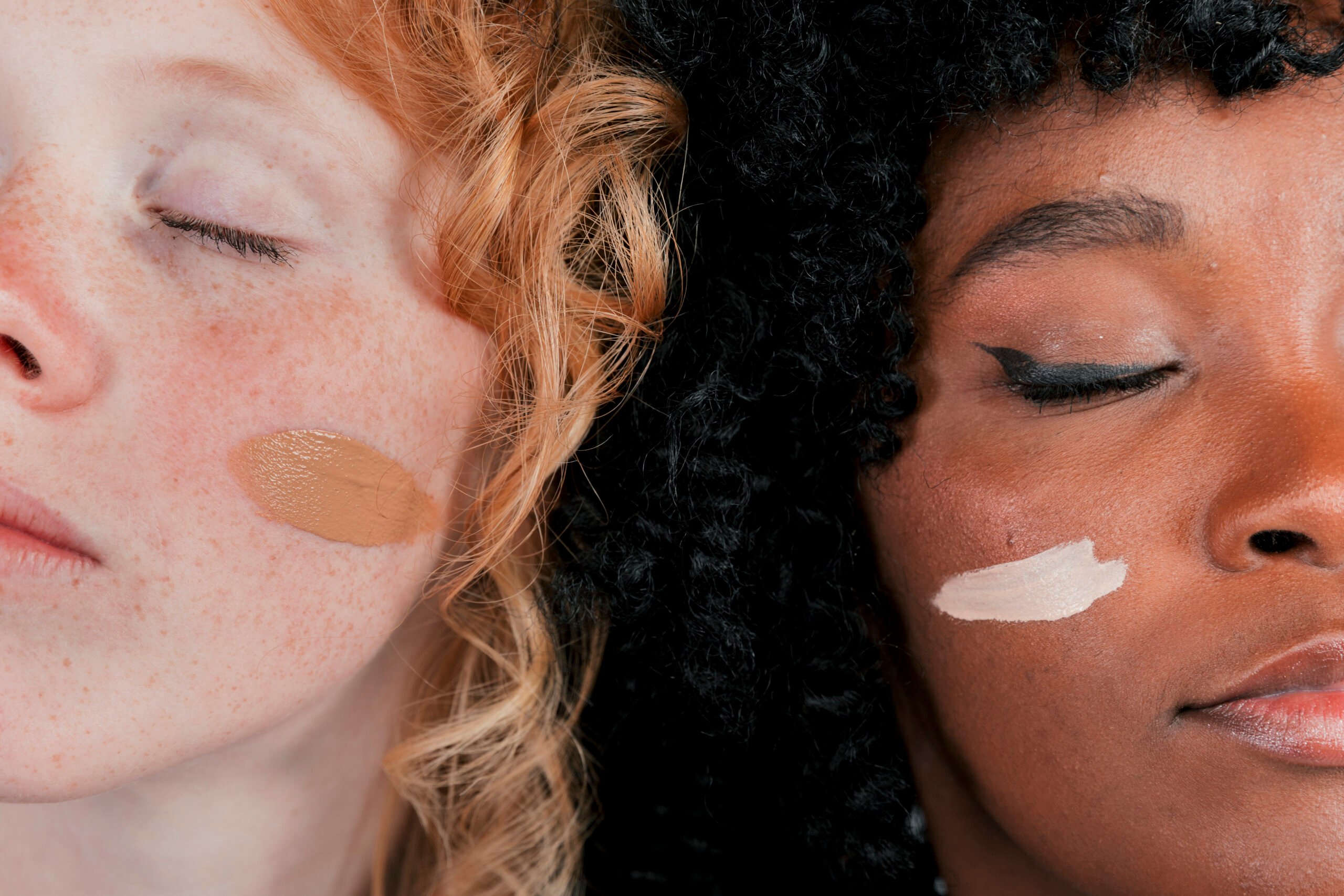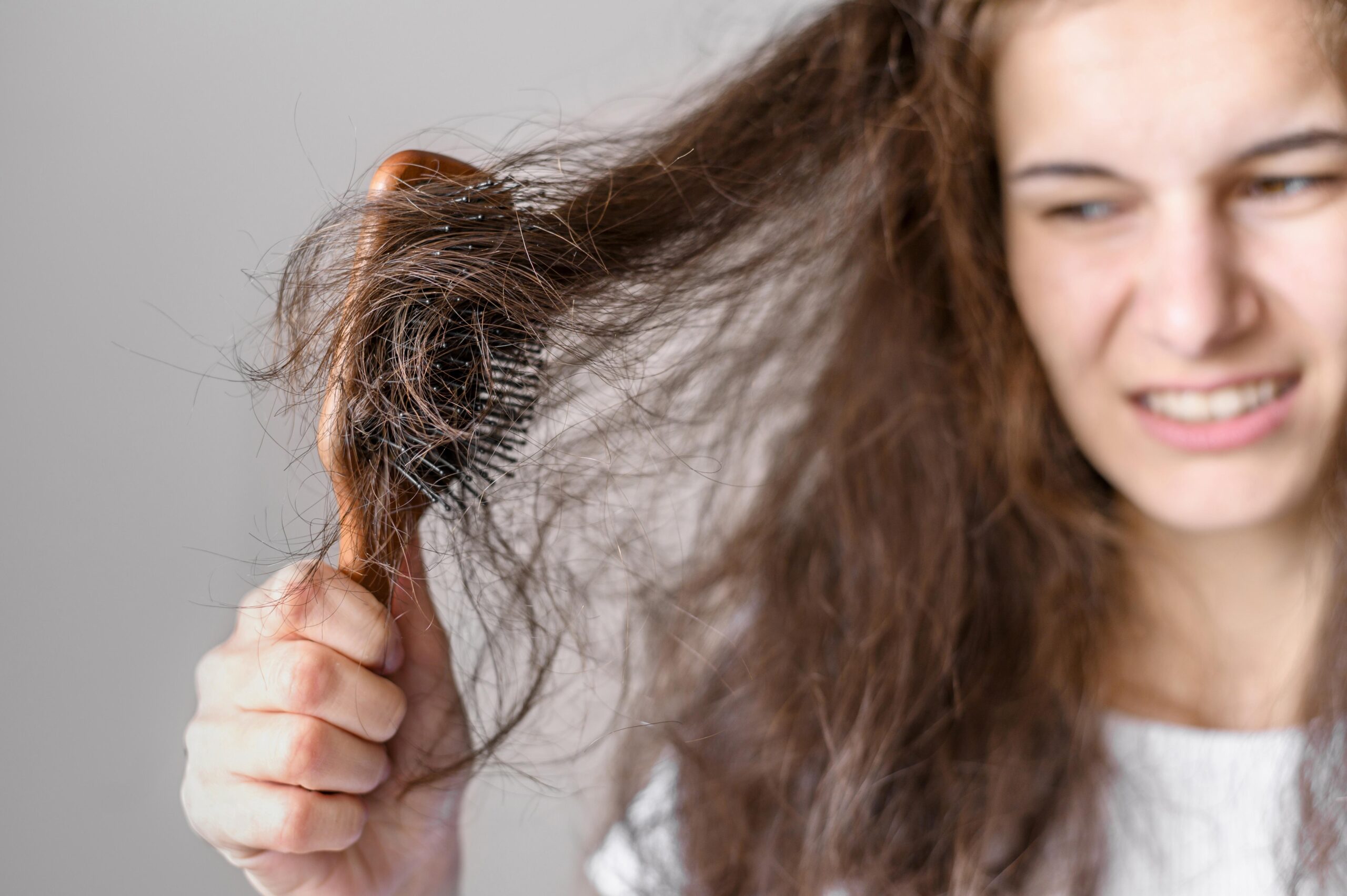Hair
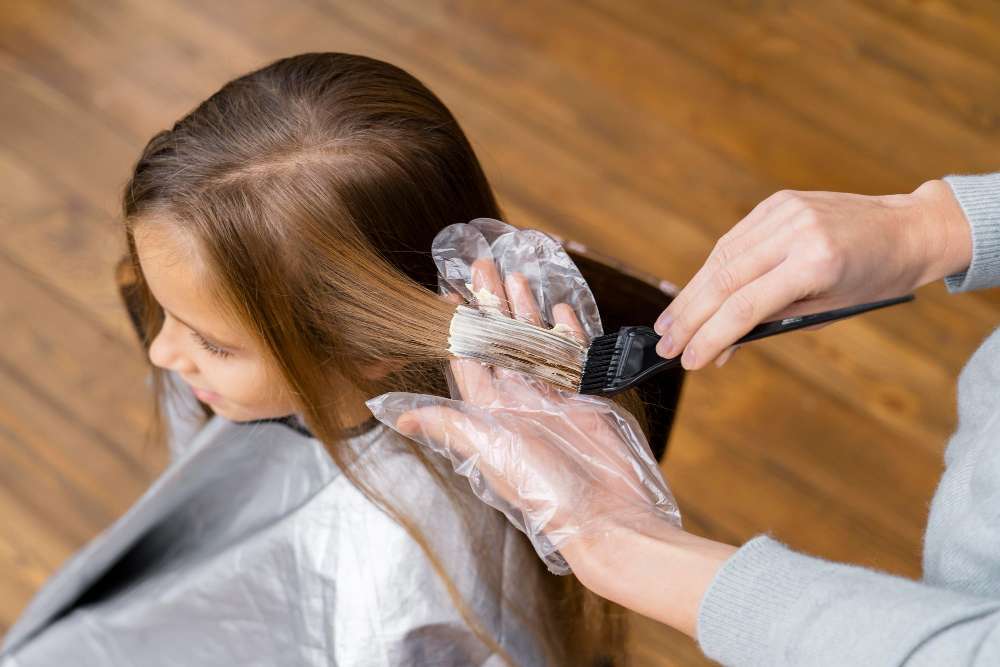
Hair
5 Best Hair Colours for Indian Skin Tones
8 minutes read | 21 Dec 22
Trending Best Hair Colour for Indian Skin Tones 2025
Choosing the right hair colour can completely transform your look, but with so many hair colour options for Indian skin, it becomes confusing to choose one. The good news? Indian skin tones are beautifully versatile, meaning there’s a wide range of shades that can enhance your features and bring out your natural glow.
From warm caramel hues to deep, rich browns, we’ve rounded up the best hair colour ideas for Indian skin to help you pick the perfect shade. Ready for a hair makeover? Let’s dive in.
Wondering how to choose a hair colour that is perfect for you? Read on to know what our experts at Bodycraft have to say in helping you make the correct choice.
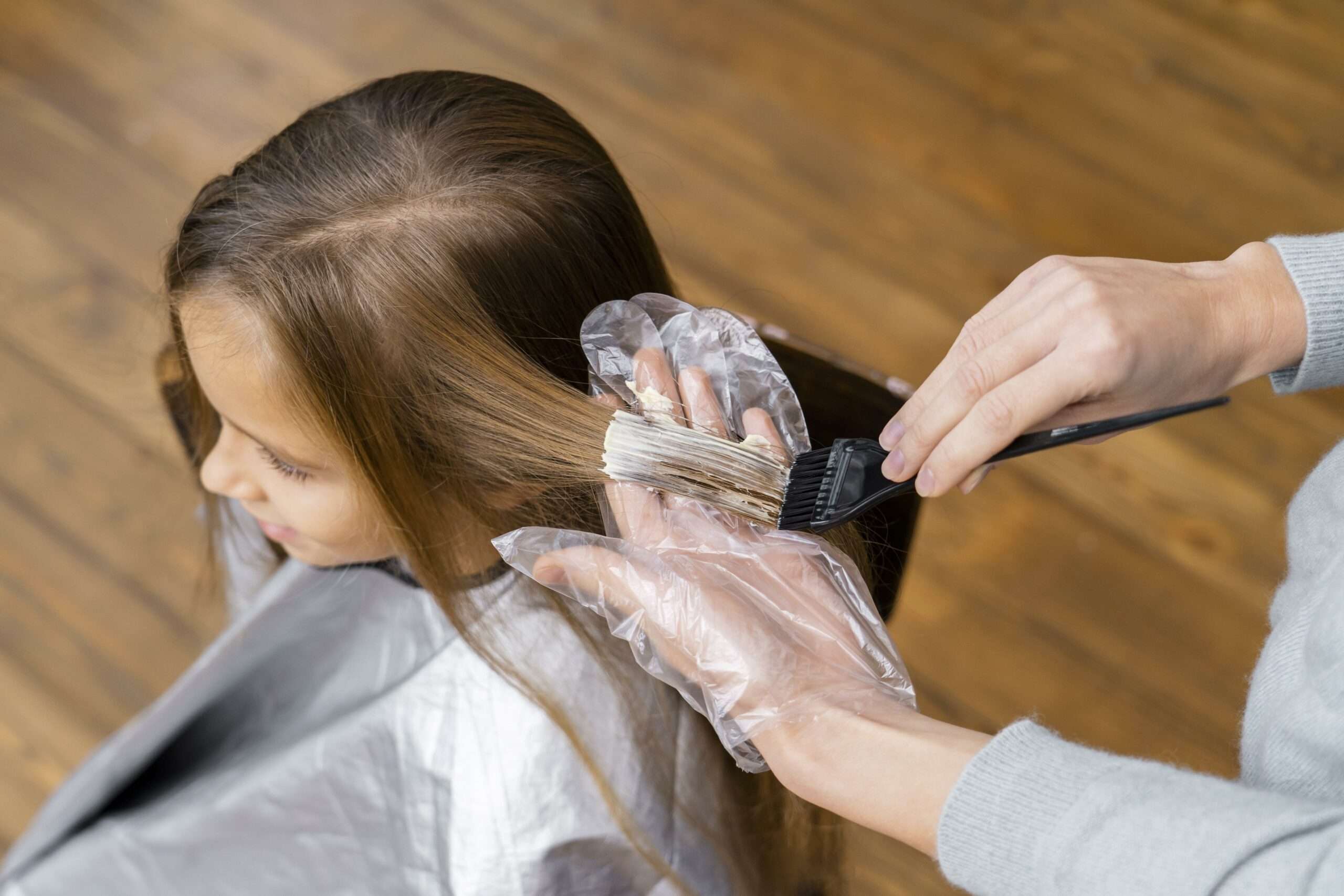
First, Let’s Determine Your Skin Tone
Before choosing the best hair colour for your Indian skin tone, it is important to understand your skin’s undertones, as they play a huge role in how a hair colour complements your complexion. An easy way to determine your undertone is by checking the veins on your wrist.
- Warm Undertones: If your veins appear green, your skin has warm undertones. You likely look great in gold jewellery and warm, earthy shades.
- Cool Undertones: If your veins appear blue or purple, you have cool undertones. Silver jewellery and cooler hues tend to complement your complexion.
- Neutral Undertones: If your veins are a mix of both, you have neutral undertones and can pull off a wide range of hair colours for Indian skin effortlessly.
Top 9 Hair Colours Based on Indian Skin Tones
Wondering which are the best hair colours for your skin tone? Our experts have suggested these top 9 best hair colours that work best for Indian skin.
1. Chestnut Brown
A perfect mix of brown and red, chestnut brown adds a rich, sophisticated touch. Chestnut brown is a beautiful and warm hair colour that works well with a range of skin tones.
This suits warm and neutral Indian skin tones. This hair colour does not require bleach unless applied over jet-black hair.
Tip: Opt for a colour-enhancing conditioner to keep the warm red-brown tones from fading.
2. Jet Black

A deep, shiny black is a classic and timeless choice for Indian skin tones. It is especially flattering if you have a darker complexion or brown or dark eyes, as the contrast will make them pop.
This colour is best for all Indian skin tones, especially those with neutral or cool undertones.
Aftercare Tip: Maintain the shine of the hair colour with oil treatments and gloss treatments to avoid a flat, dull look.
3. Mahogany Brown
A deep, rich brown with a hint of red, mahogany brown adds warmth to brown skin tones, making them appear radiant. The red undertones bring out golden hues in the skin, enhancing natural warmth.
This shade works well for medium to dusky skin tones with warm or neutral undertones. No bleach is required for this colour unless applied over very dark black hair for extra vibrancy.
Tip: Mahogany brown looks best under natural sunlight. Also, use a sulfate-free colour-protecting shampoo to prevent fading, as red pigments tend to fade faster.
4. Honey Blonde
A warm, golden blonde shade that works well on medium to dusky Indian skin tones. It adds brightness and softens facial features without looking harsh. It’s a subtle, natural-looking colour that’s perfect for Indian skin tones. In this hair colour, bleach is required for lightning as it is blonde.
|
Suggestion: Always use a purple shampoo to maintain honey blonde’s vibrancy and prevent brassiness. |
5. Dark Brown
If you want to go a little lighter than jet black, try a dark brown shade. It will give you a rich, natural-looking colour that’s perfect for Indian skin tones.
This colour suits well, especially those with neutral or warm undertones. No bleach is required for this colour. Use a moisturising hair serum to maintain shine and prevent dullness over time.
Tip: Dark brown pairs well with honey or caramel highlights for a multi-dimensional effect.
6. Caramel Brown
Soft, warm caramel tones bring out golden undertones in brown skin, creating a natural sunlit glow. Works well for medium to dusky skin tones with warm undertones. It’s the best hair colour option for Indian skin. This suits well for those who want a subtle change without going too bold. Lightening may be required for darker hair.
You can apply leave-in conditioners and use heat protectants to keep the caramel shade fresh and vibrant.
|
Good to Know: This shade works beautifully with soft waves or curls to enhance dimension and shine. |
7. Auburn
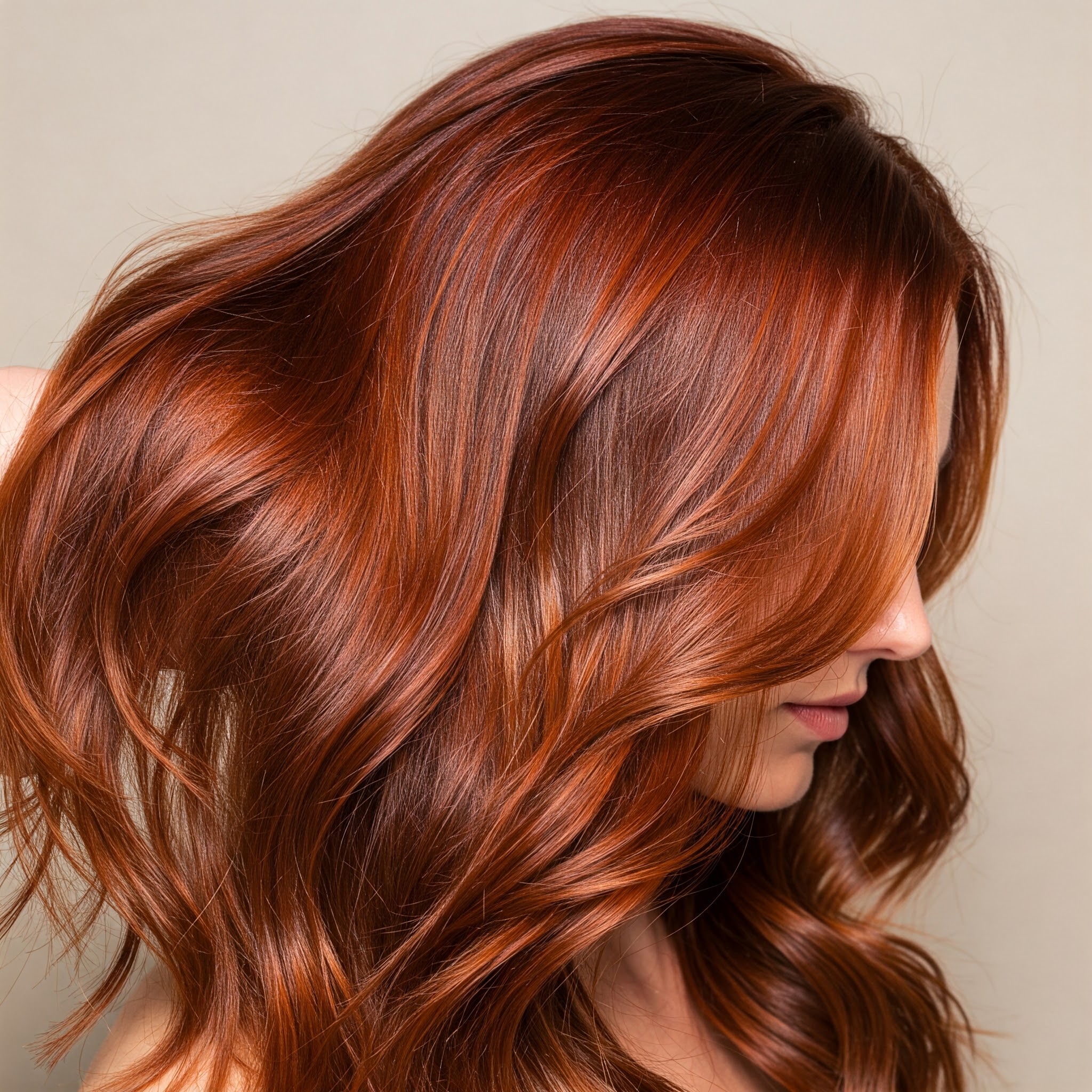
A mix of brown and red, auburn is a bold yet wearable choice for Indian skin. It enhances warm undertones while adding depth and richness to the hair.
This hair colour works well for warm to neutral Indian skin tones, especially those with golden or olive undertones. Pre-lightning may be required for darker hair colour.
|
Good to Know: Auburn shades can fade faster, so use a colour-protecting shampoo to maintain vibrancy. You can use a colour-safe, sulfate-free shampoo and wash with cool water to preserve vibrancy. |
8. Reverse Balayage
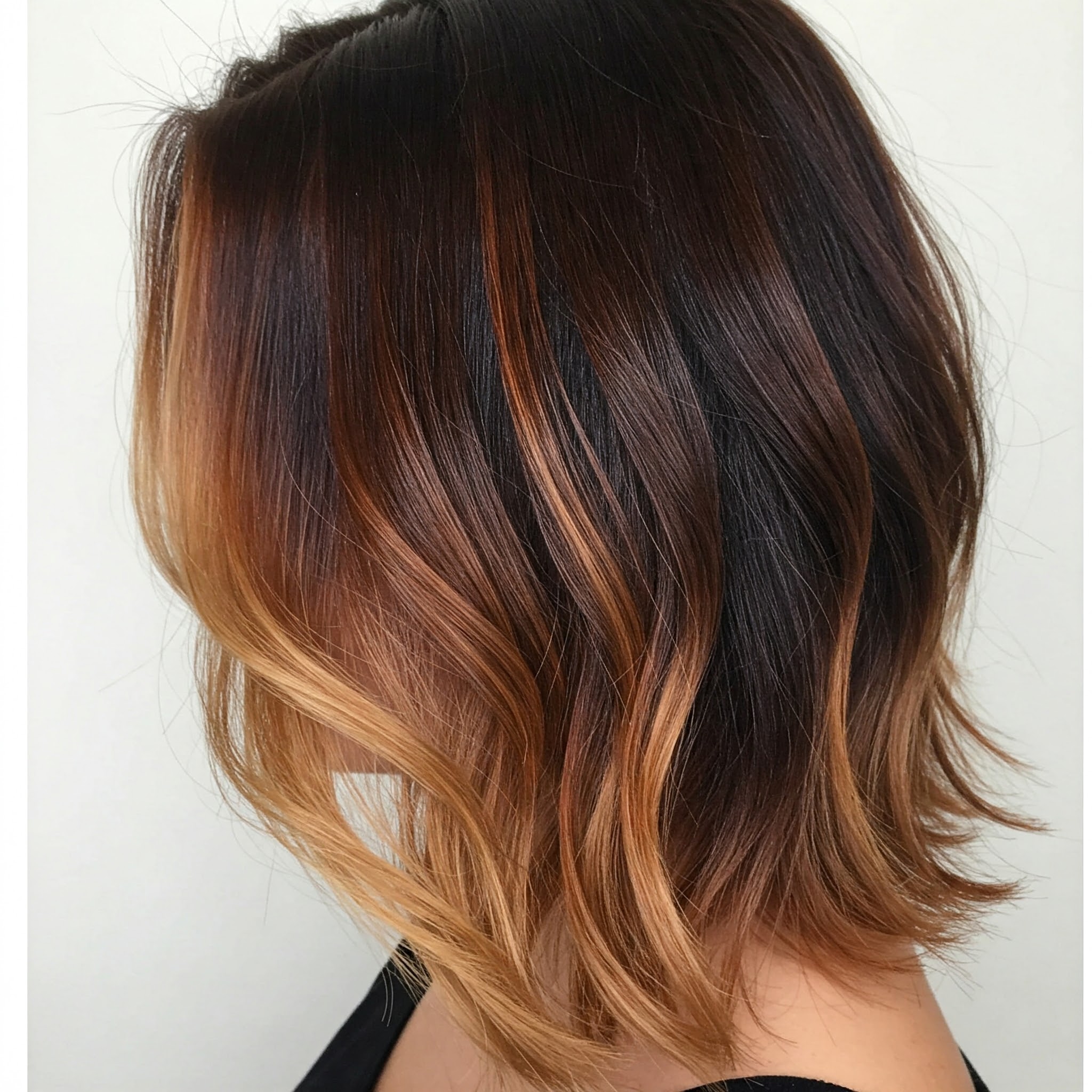
Unlike traditional balayage, this technique darkens the ends while keeping the roots lighter, offering depth and drama. It’s an excellent choice for Indian skin tones, as it mimics natural regrowth and adds movement.
This suits neutral to warm undertones and works well on medium to dusky skin. It is not necessary to bleach your hair unless you're transitioning from a very light colour.
Ask our Bodycrafts hair experts for more information and advice about this hair colour.
|
Suggestion: Reverse balayage works well on pre-lightened or highlighted hair to create a seamless, blended effect. |
9. Ash Brown
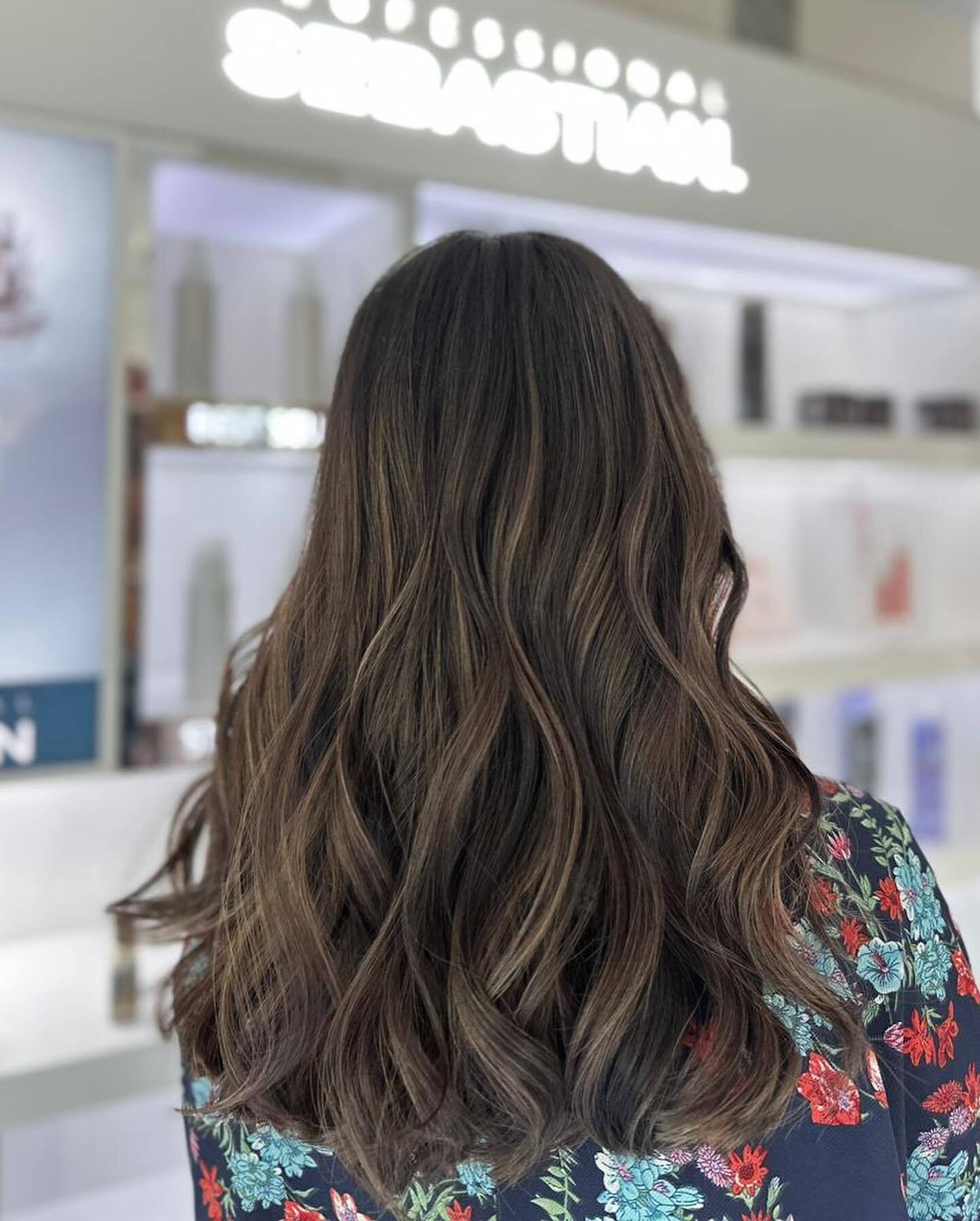
A cool-toned brown with hints of grey ash brown offers a modern, sophisticated look that contrasts beautifully with the warm undertones of Indian skin or neutral and cool undertones. This shade balances out excess redness in the complexion, giving a cool, muted effect. Bleach is required, as ashy tones require pre-lightening to remove warm pigments.
Tip: Since ash brown has cool undertones, using a purple or blue shampoo can help prevent brassiness
|
Good To Know:
Your eye colours also play a role in determining the most flattering hair colour.
|
Duration and Price of Hair Colouring (Image already existing)
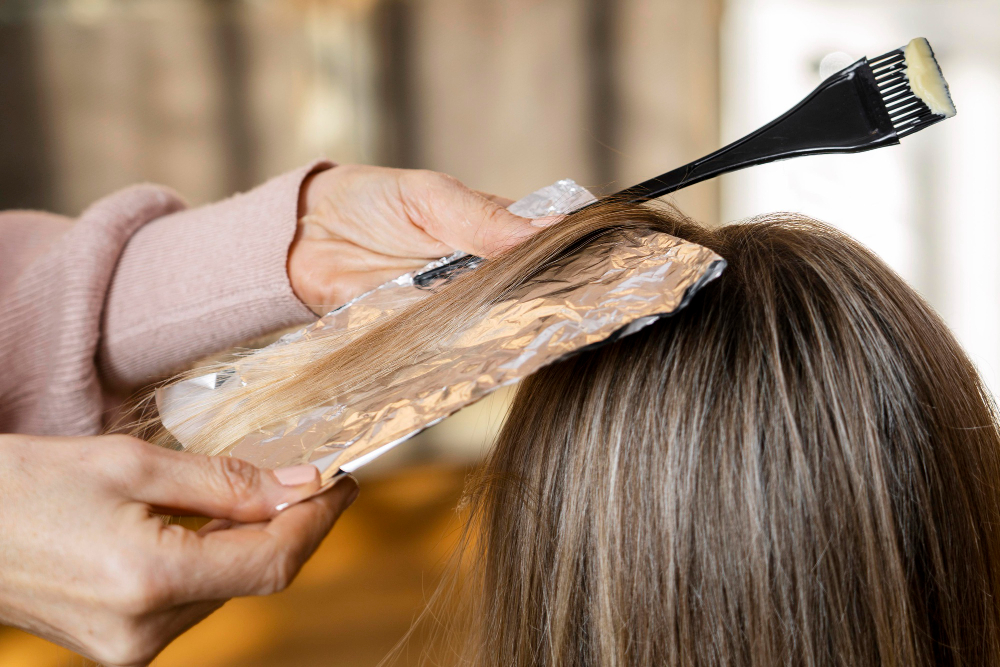
The duration of the colouring process largely depends on various factors like hair length, type, and the complexity of the chosen colour technique. Typically, the session can range from an hour for simpler shades to six hours for intricate or multi-tonal colouring.
At Bodycraft, professional hair colouring services start from just ₹2500, offering you a personalised transformation that enhances your style and complements your skin tone. Our expert stylists use high-quality products and the latest techniques to ensure flawless results, whether you're looking for subtle highlights, global colouring, or trendy balayage.
Your Ideal Hair Shade is Just a Step Away
When choosing a hair colour, it is important to consider your skin tone and undertones. These shades are all flattering for Indian skin tones, but you may want to consult with a stylist or colourist to find the perfect shade for you. They can help you choose a colour that will complement your skin and make you feel confident and beautiful.
You should also not forget to take care of your hair with products meant to retain the colour for a longer time. You can check out our range of hair care products meant for colour-treated hair. Book your salon Hair colour appointment at Bodycraft today and choose some of the best hair colours for Indian skin tones.
FAQs around Hair Colours for Indian Skin Tones
1. Are hair colours safe?
Hair colours for Indian skin come in a variety of colour options and formulations. You can ask your colourist for the brand and ingredients to ensure that you don’t have any adverse reaction to the colouring process. They are generally safe for most users but a patch test is always recommended.
2. How long does permanent hair dye last?
Permanent hair dyes, irrespective of the name, fade in a span of 6-8 months. While the colour output might stay longer on the tips of your locks, a majority of the hair colour fades with regular hair washes.
3. Should I wash my hair before colouring?
You should wash your scalp and hair to remove dirt, debris and oils before applying colour. This helps in smooth application and reveals a striking colour output than when applied on dirty hair.
4. Which hair colour makes you look younger?
Generally, lighter hair colours like soft blondes or warm caramel tones tend to create a more youthful appearance. They can brighten your face and soften any harsh lines. However, choosing the right shade depends on your skin tone and personal style. Consulting with a hairstylist can help you find the perfect hue that complements your features.
5. Does artificial hair colour damage hair?
While hair dyeing can potentially cause damage, using high-quality products and proper application techniques can minimise this risk. Regular maintenance, deep conditioning treatments, and avoiding excessive heat styling can help mitigate any potential damage caused by colouring.
6. What are popular hair colour techniques?
Popular Hair Colouring Techniques include balayage, ombre, highlights, and babylights. Balayage offers a natural, sun-kissed effect, while ombre creates a gradient from dark to light. Highlights and baby lights involve adding lighter strands strategically throughout the hair for dimension.
7. Which is the top trending hair colour?
Hair colour trends can change rapidly, but currently, multi-dimensional colours like "rooted" blondes or brunettes and 'money piece' highlights are gaining popularity. These techniques add depth and dimension to hair, offering a natural and low-maintenance look.
8. What are aftercare tips?
After colouring your hair, it's crucial to use colour-safe and hydrating shampoos and conditioners to maintain the colour and keep your hair healthy. Minimise heat styling and use heat protectants when necessary. Regular Haircut helps prevent split ends, and deep conditioning treatments can restore moisture and shine.
Related categories
Get a complimentary consultation today. Book now







































.png)

























-1.png)

